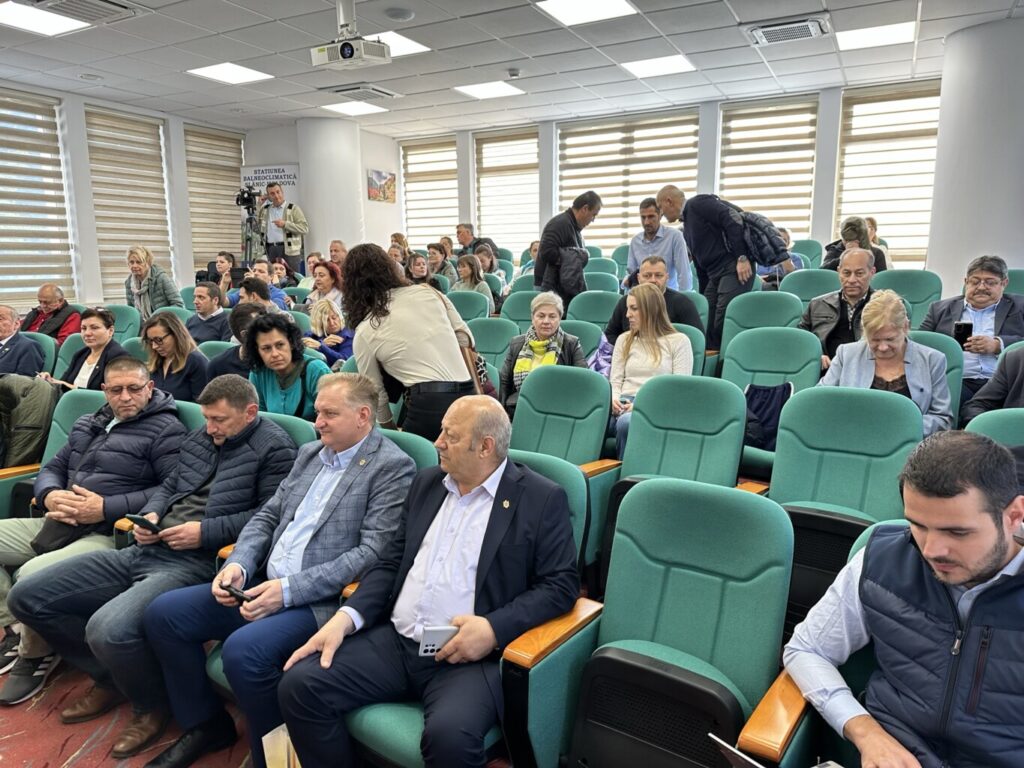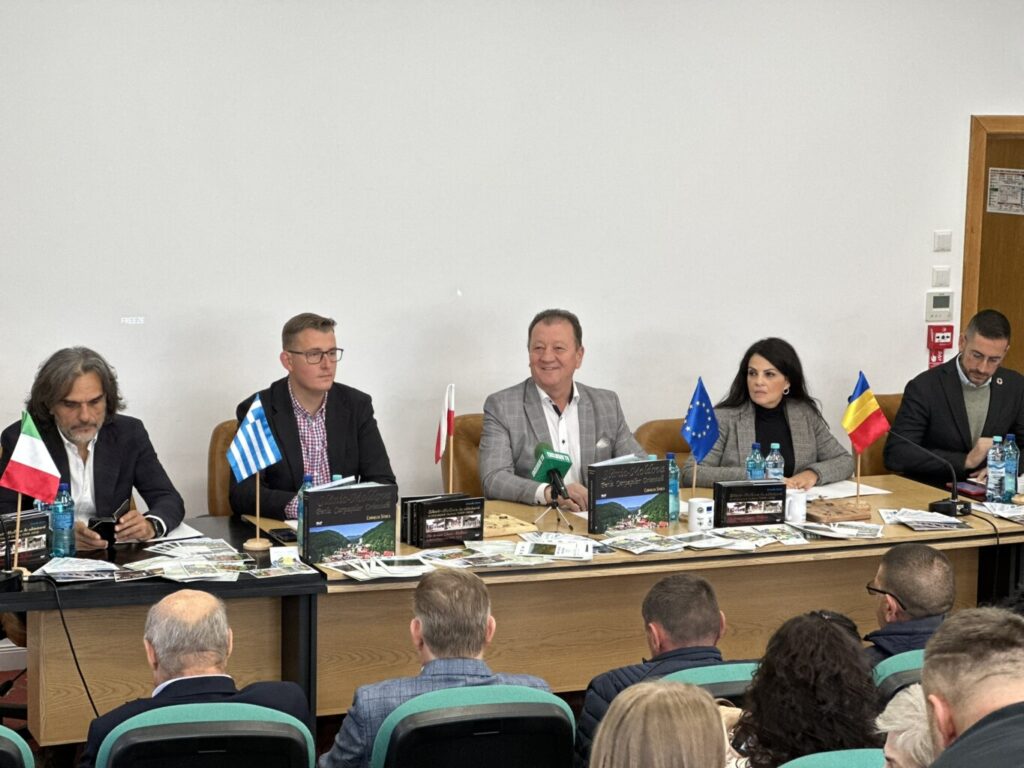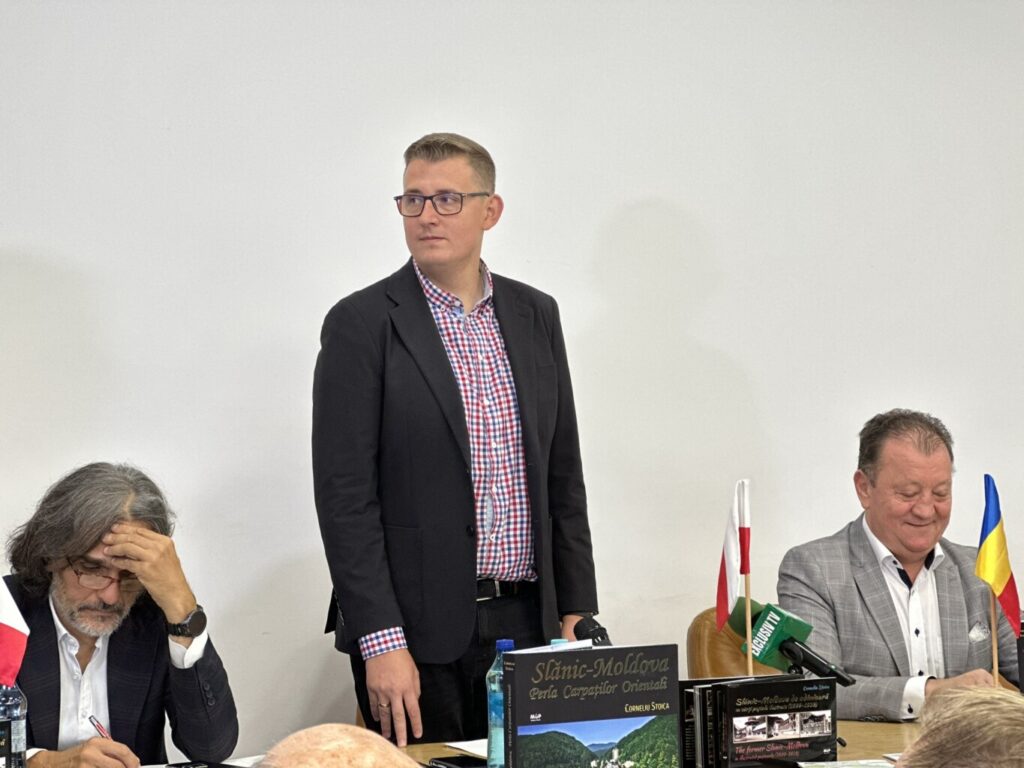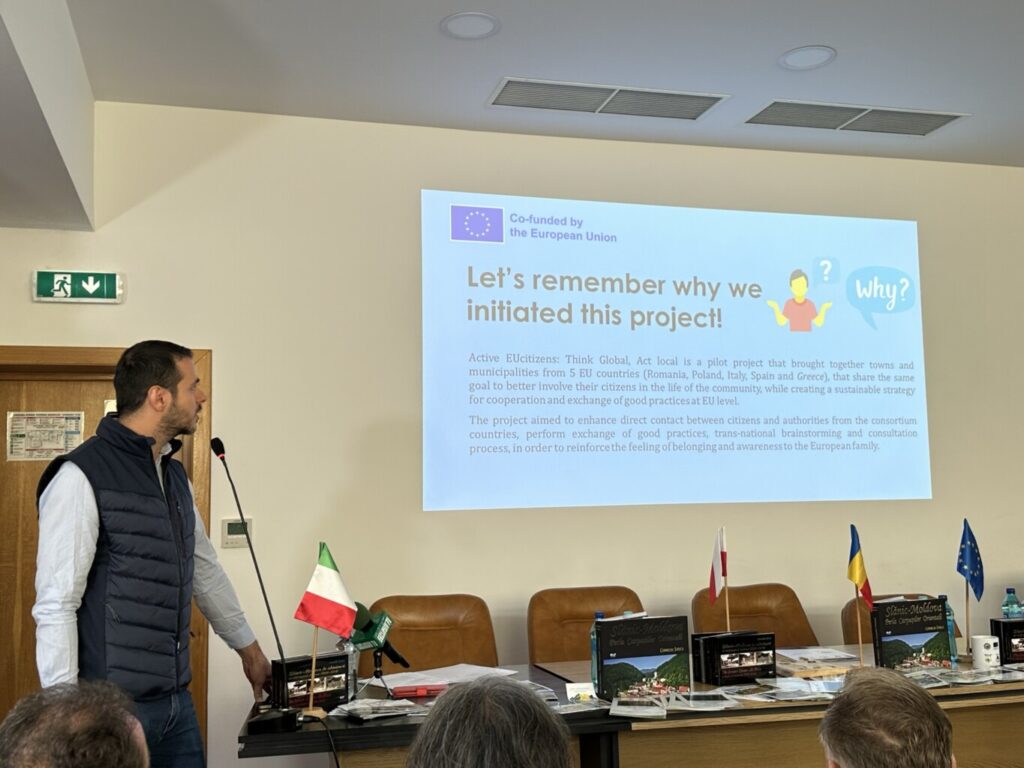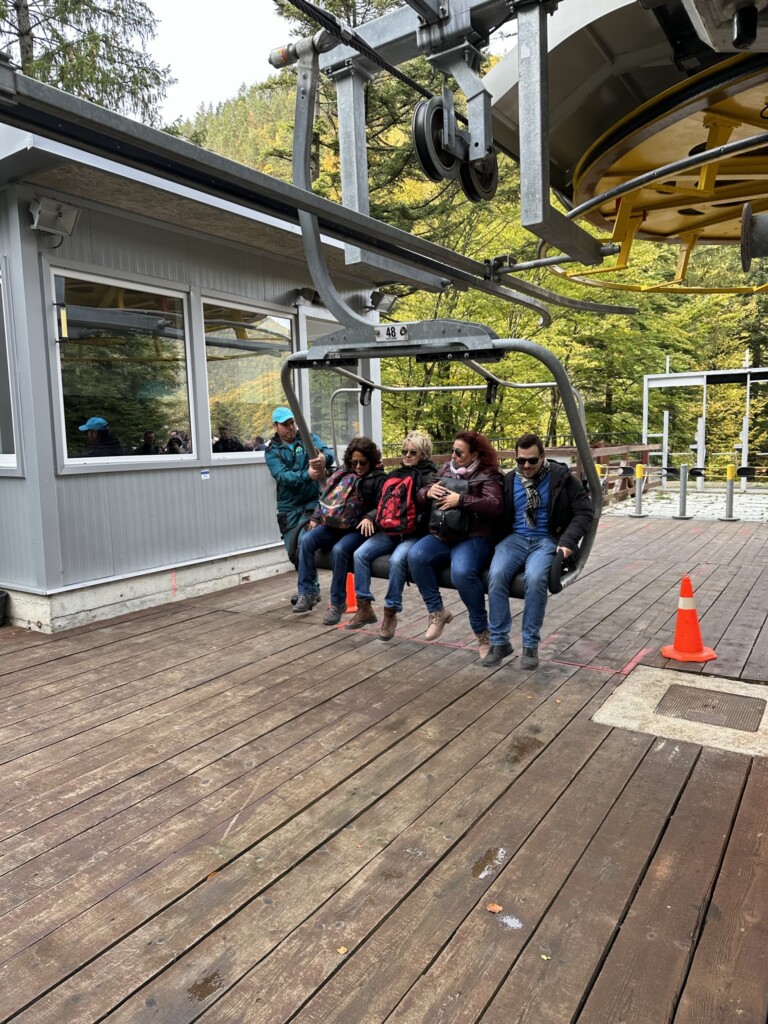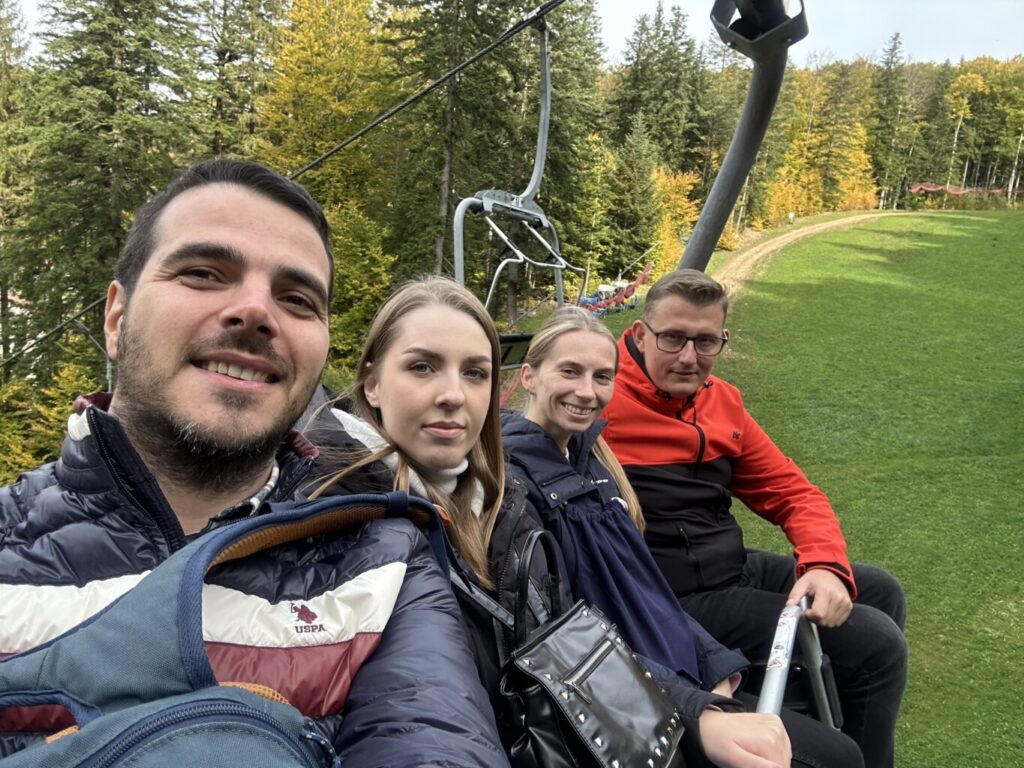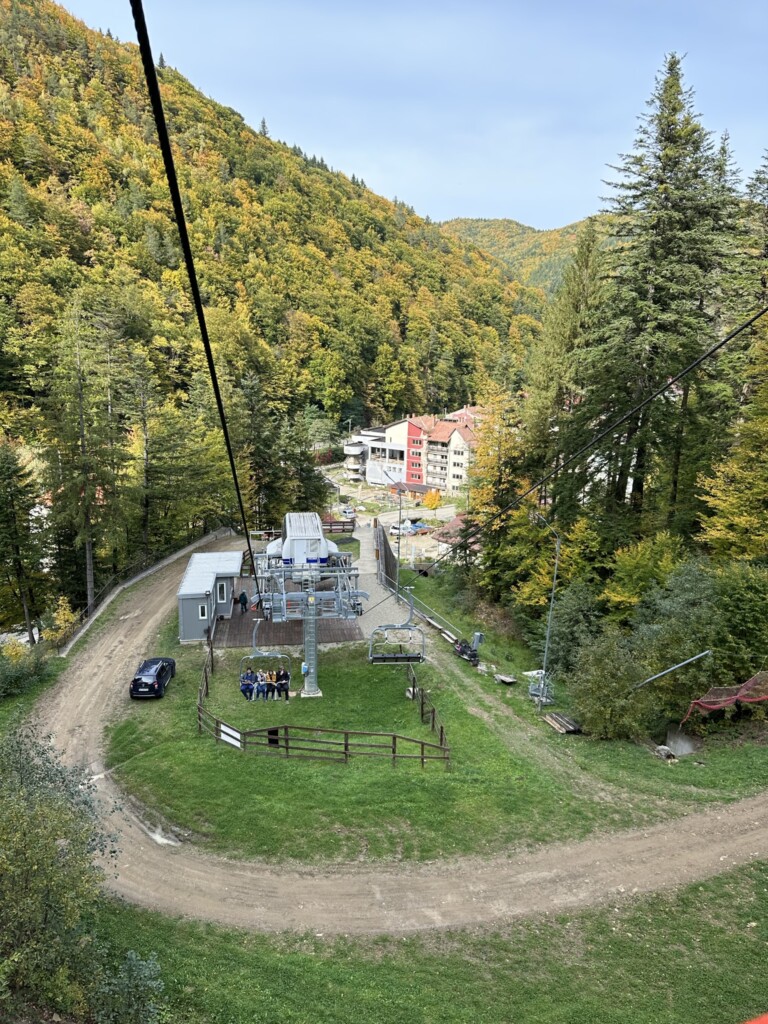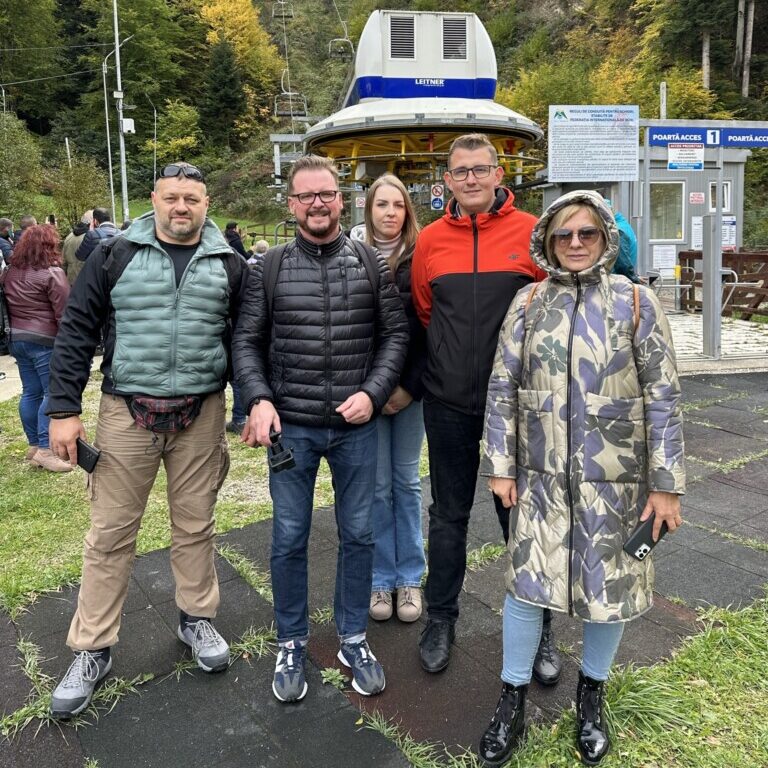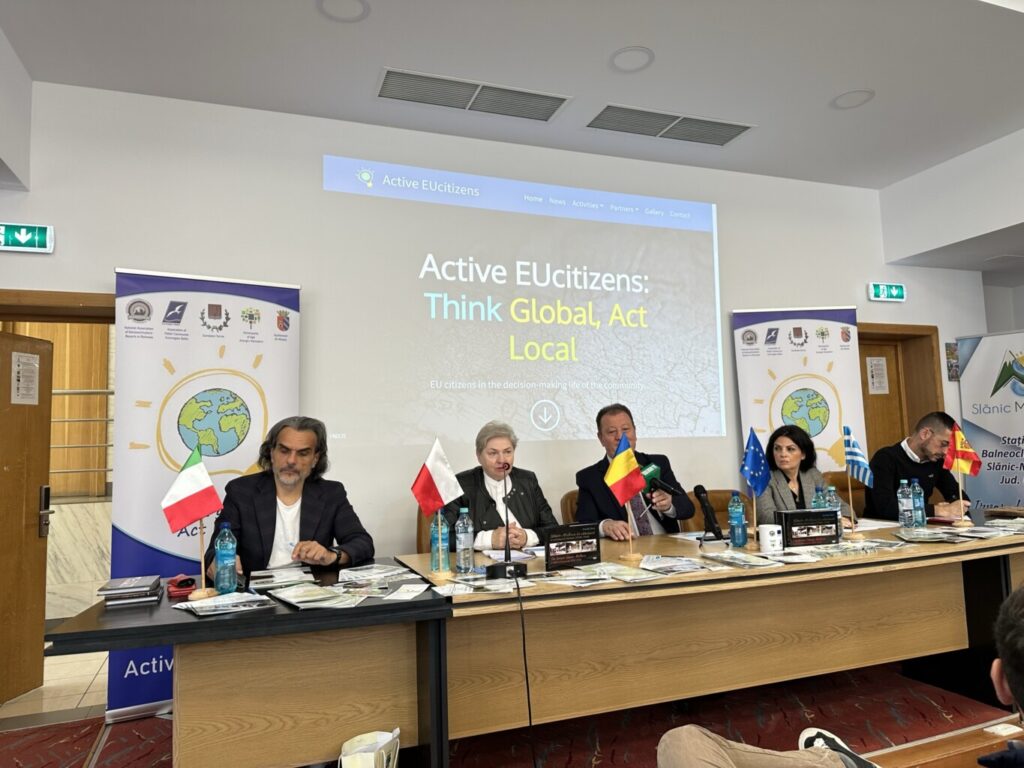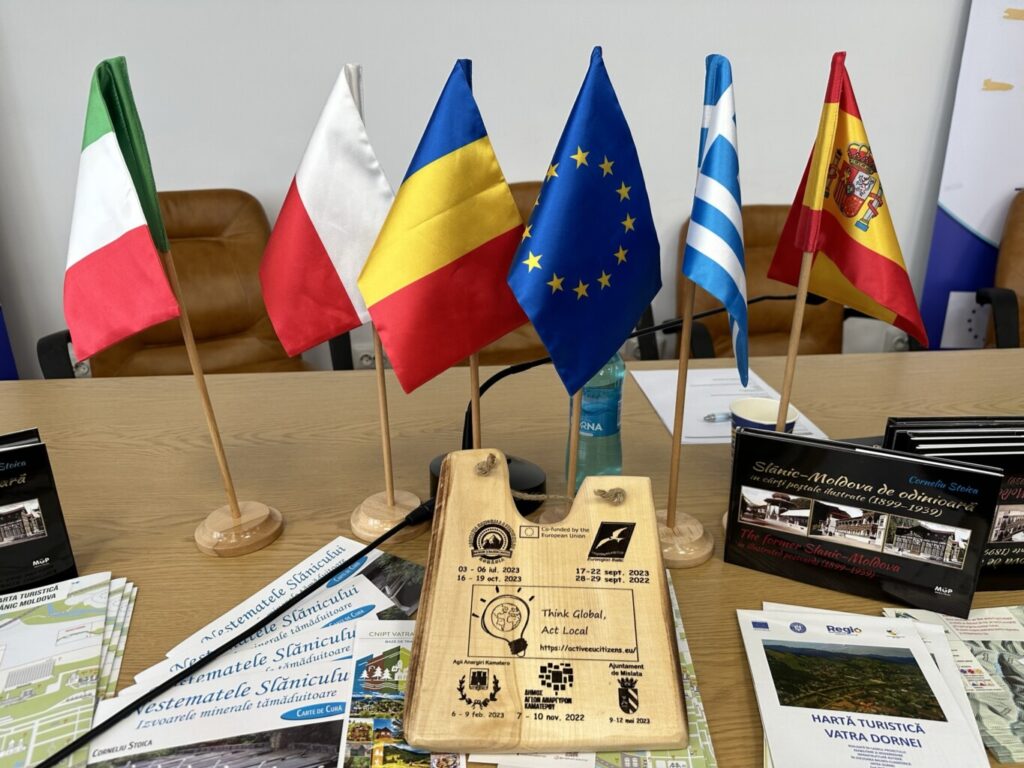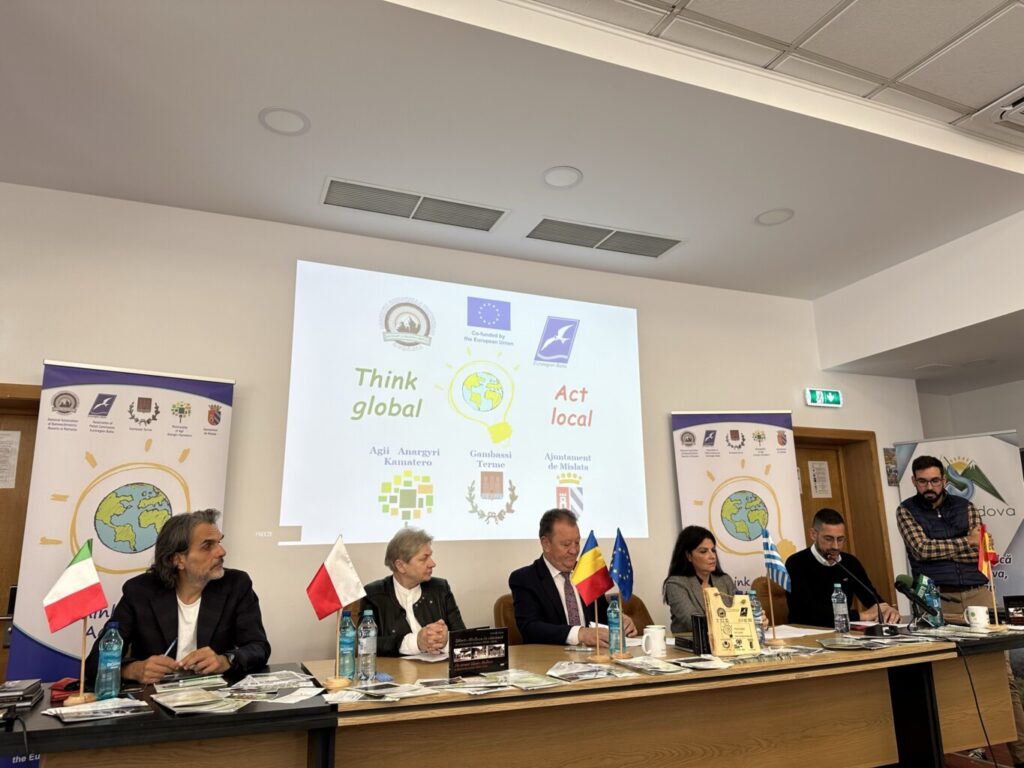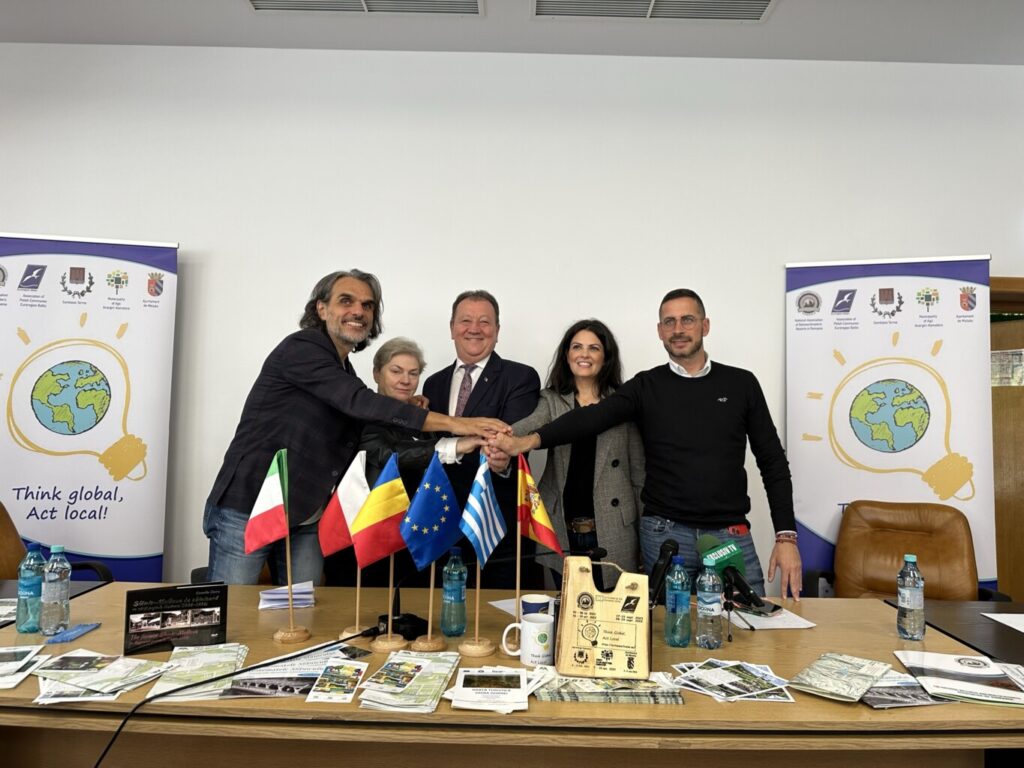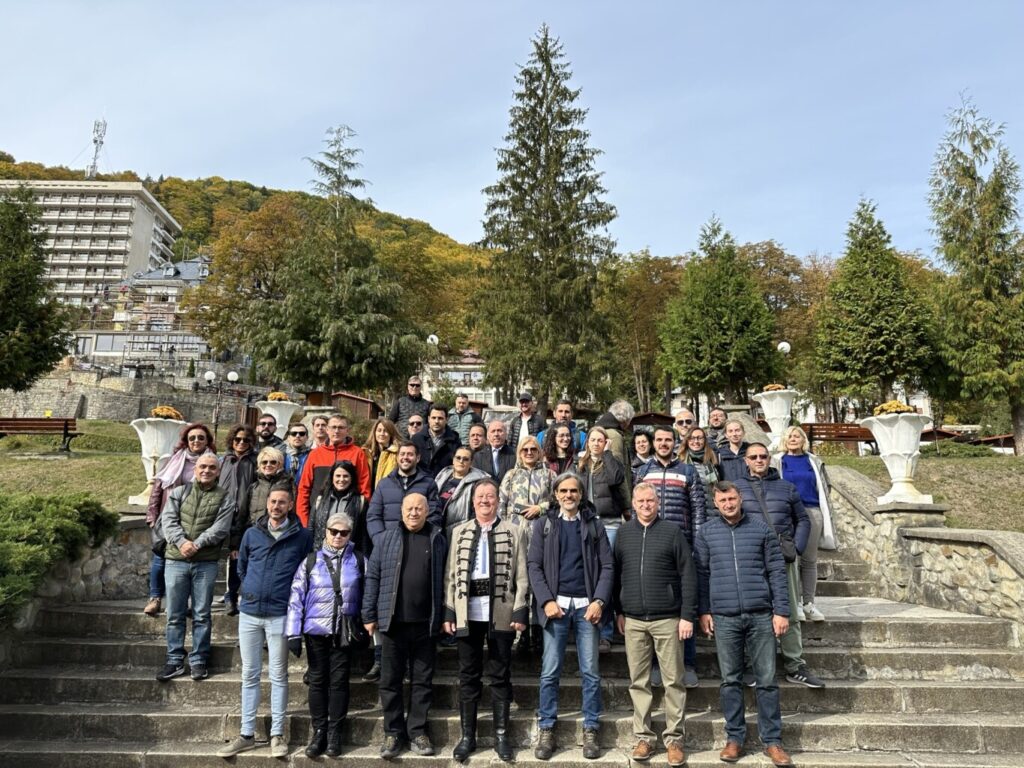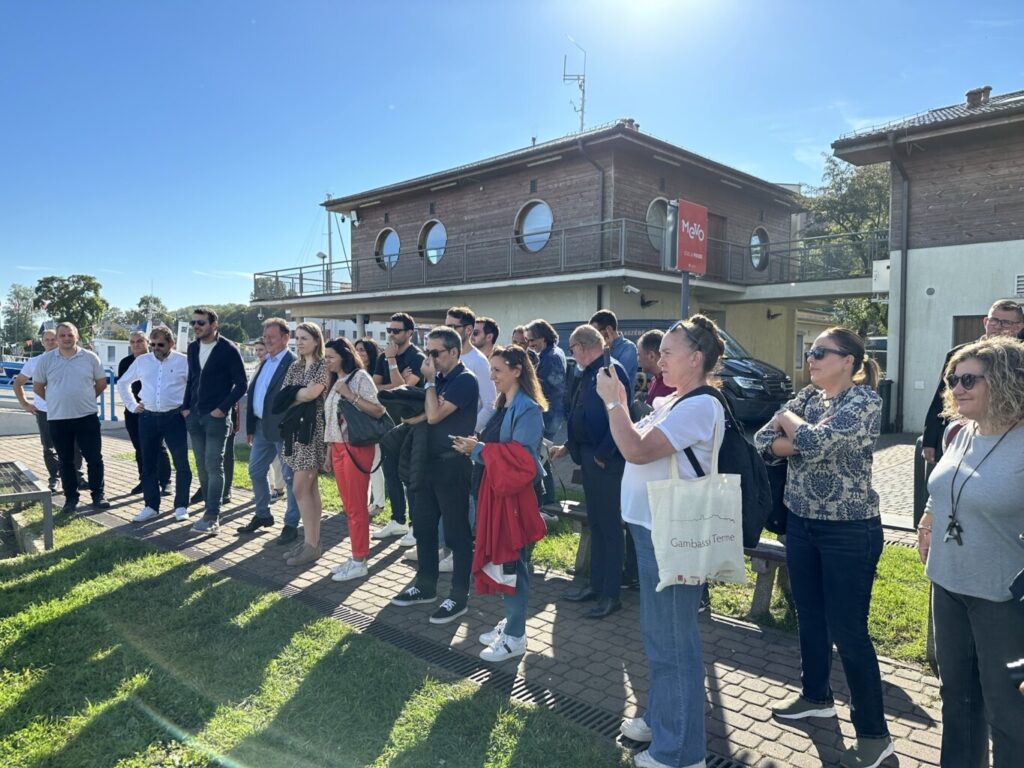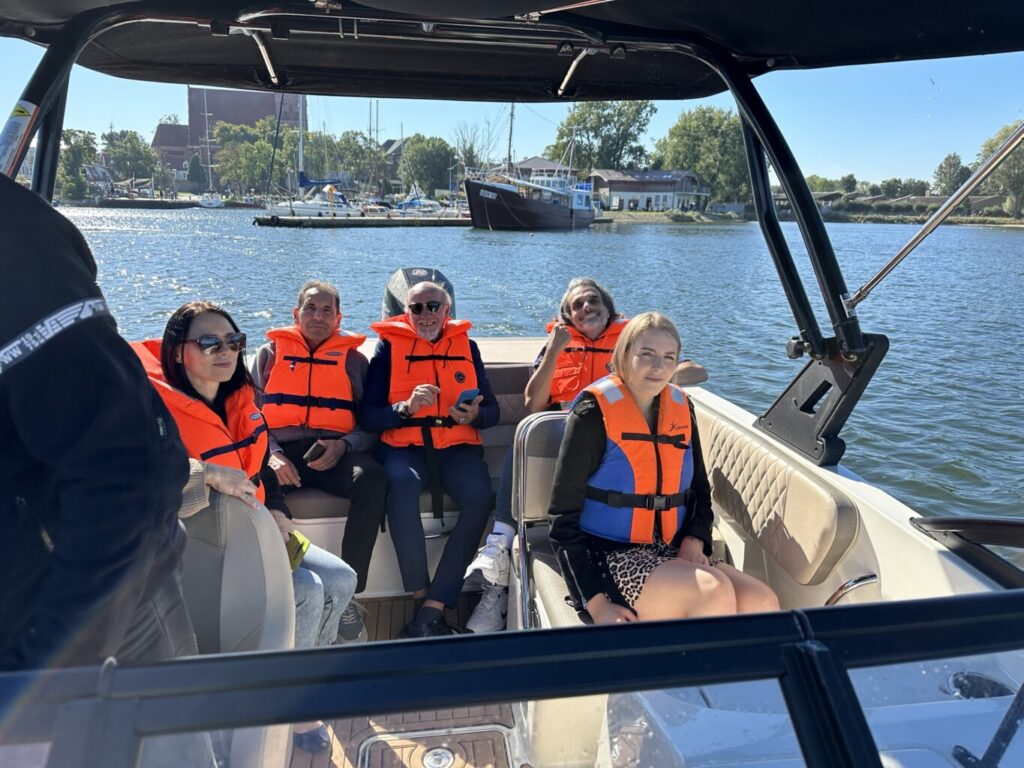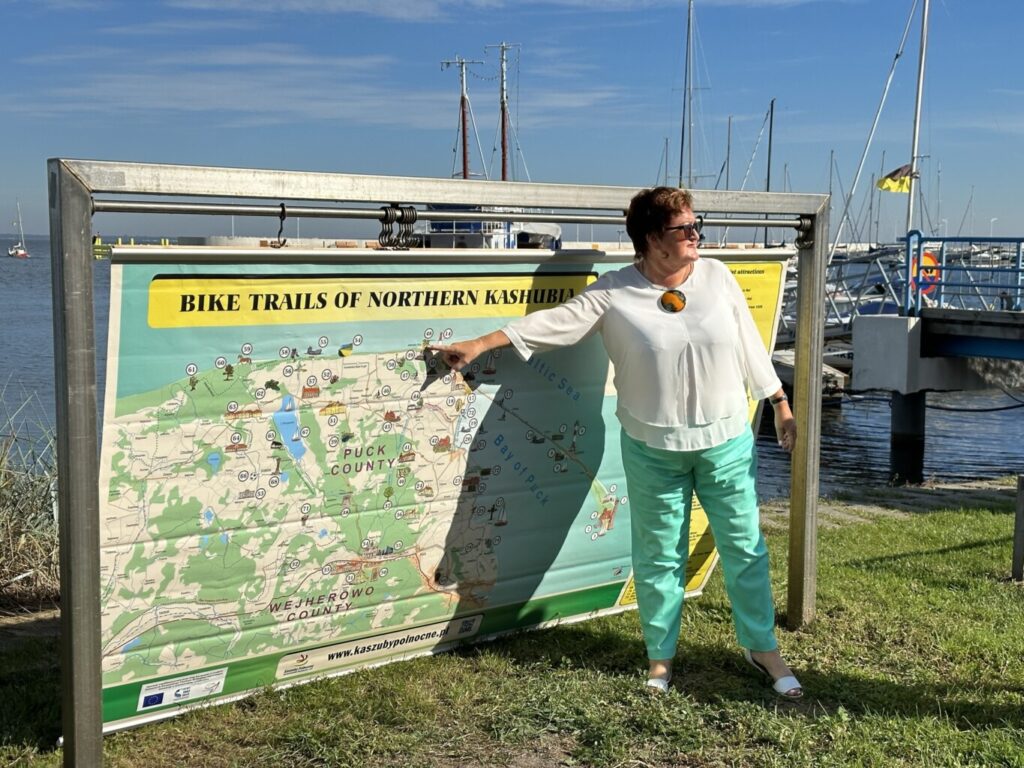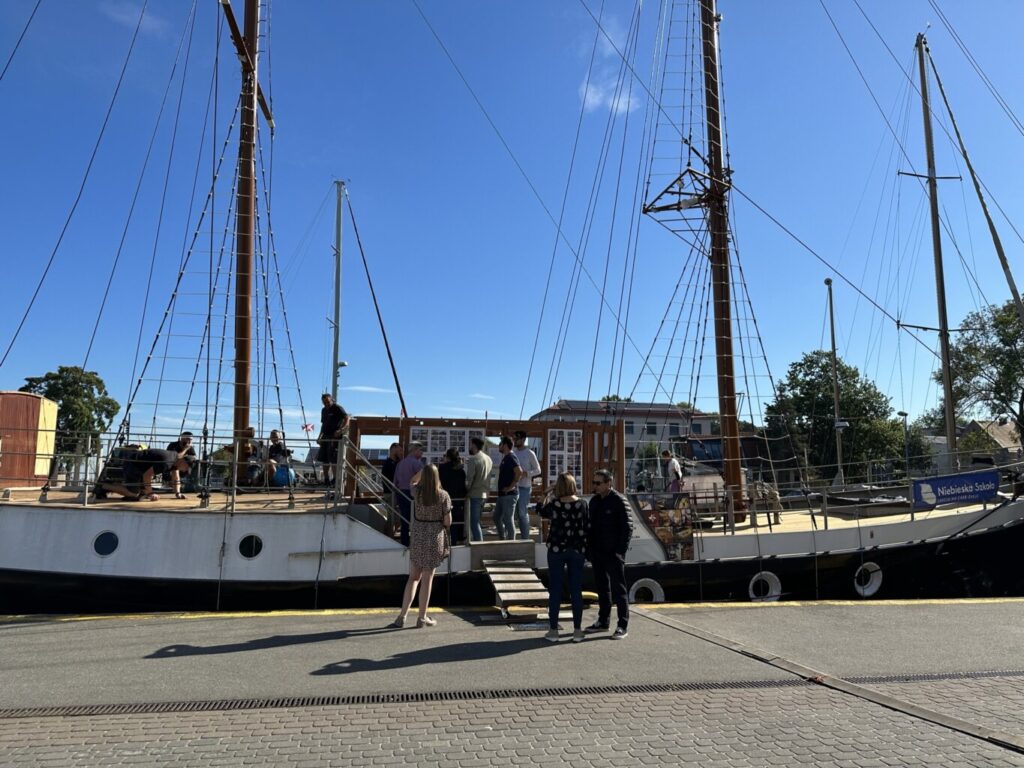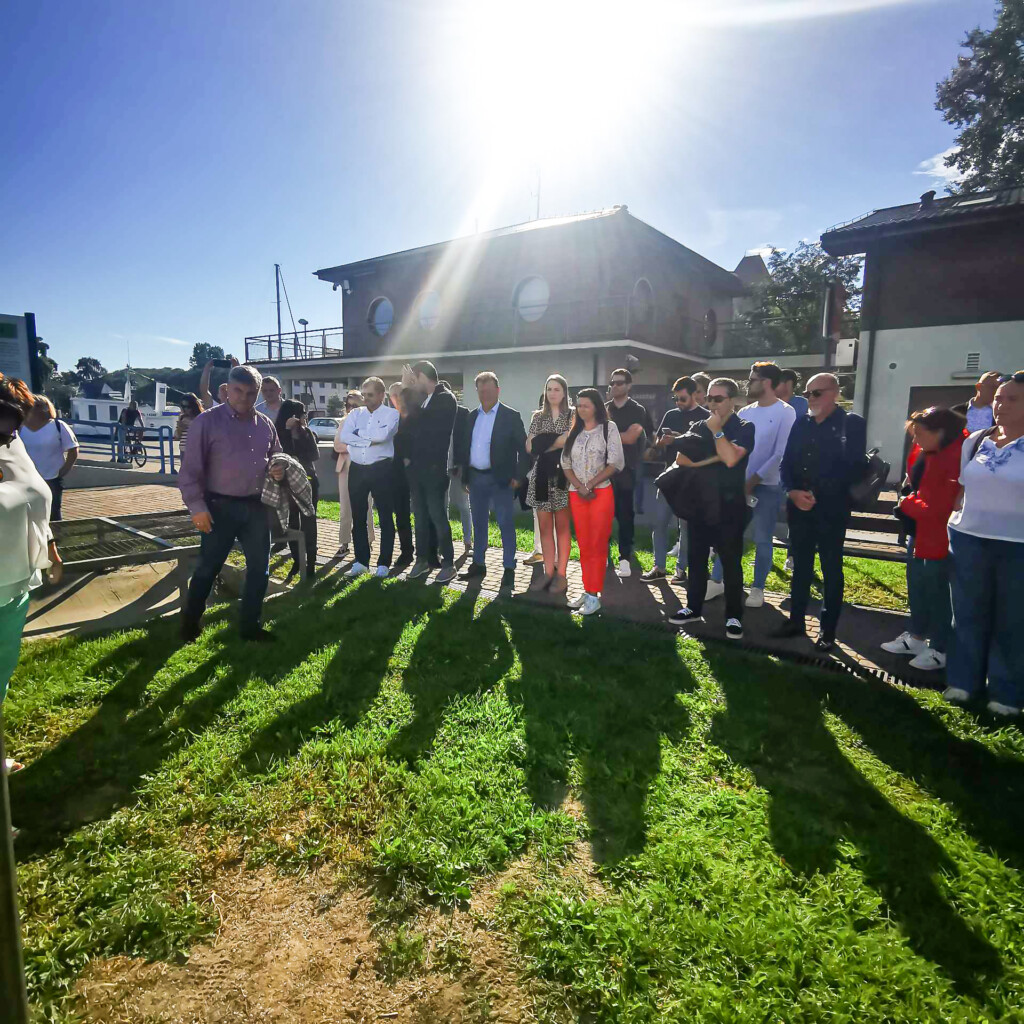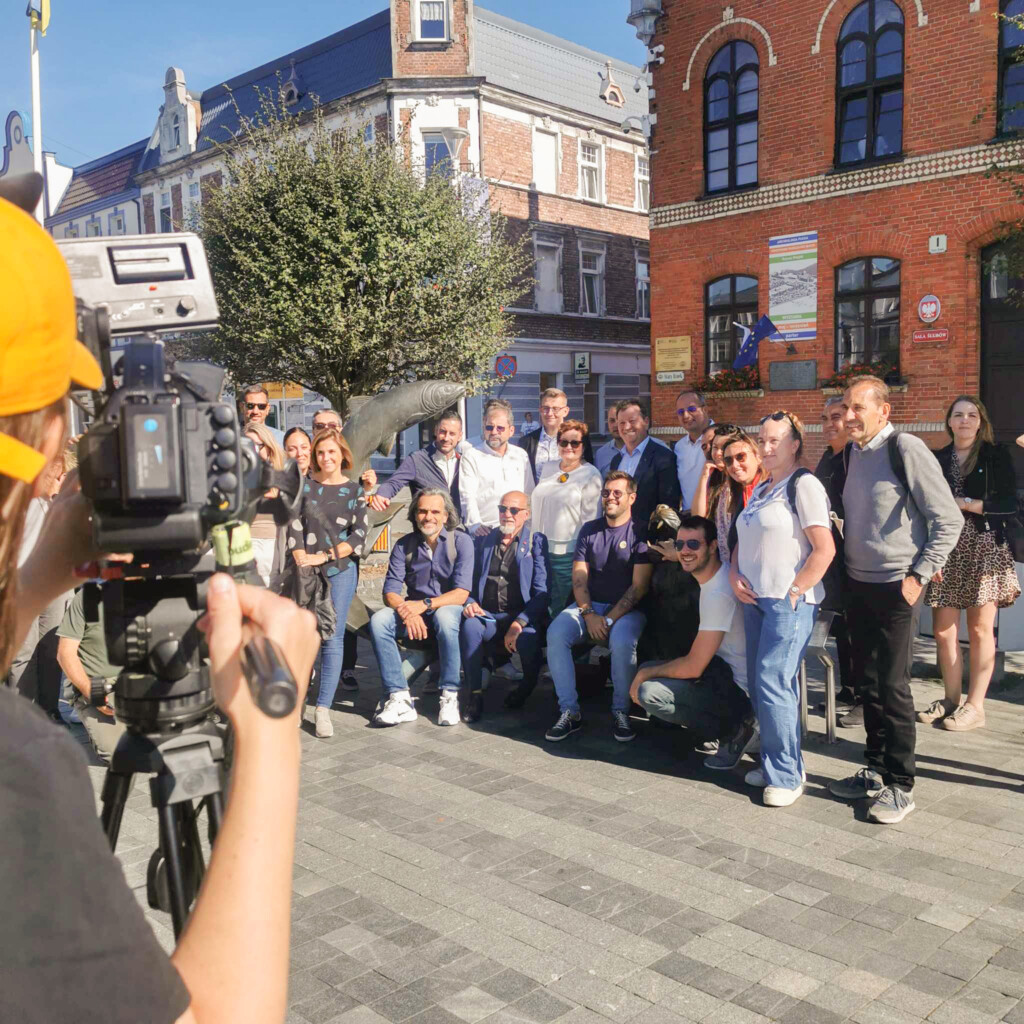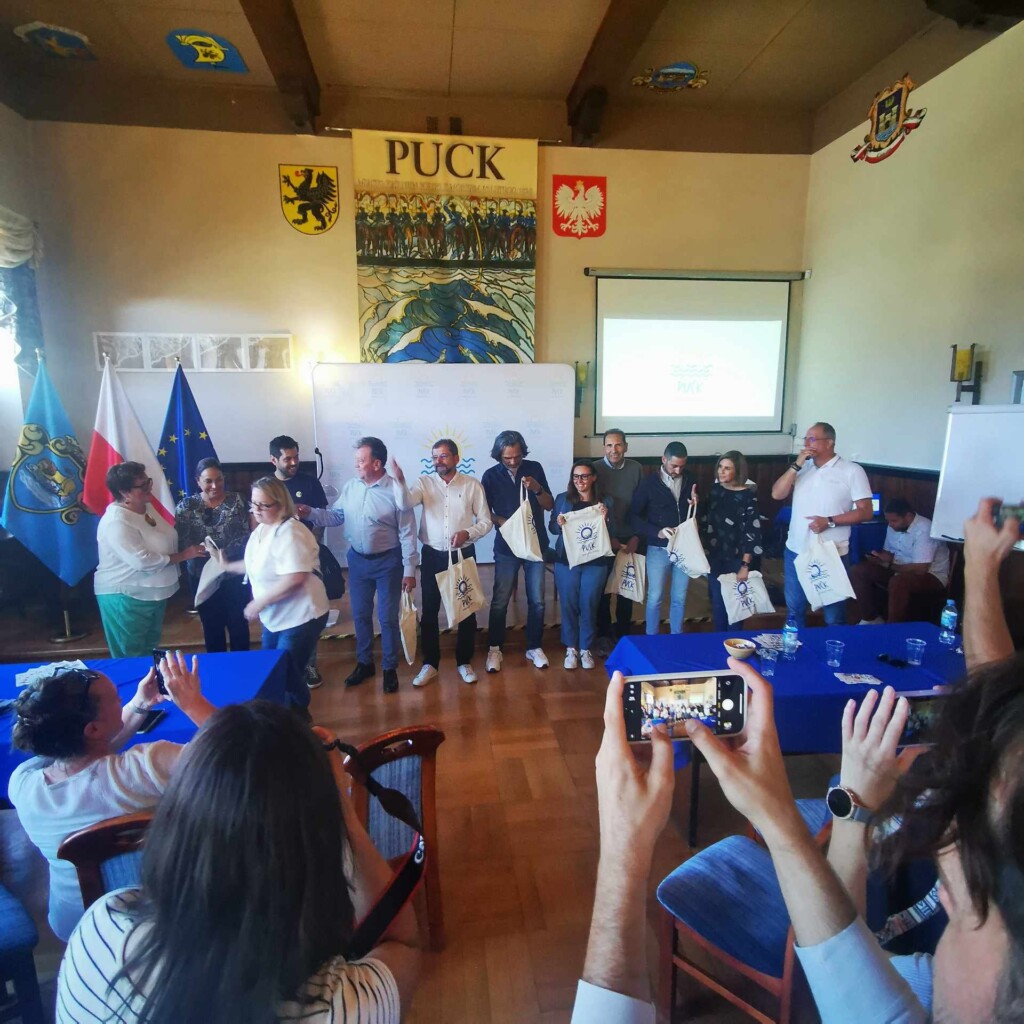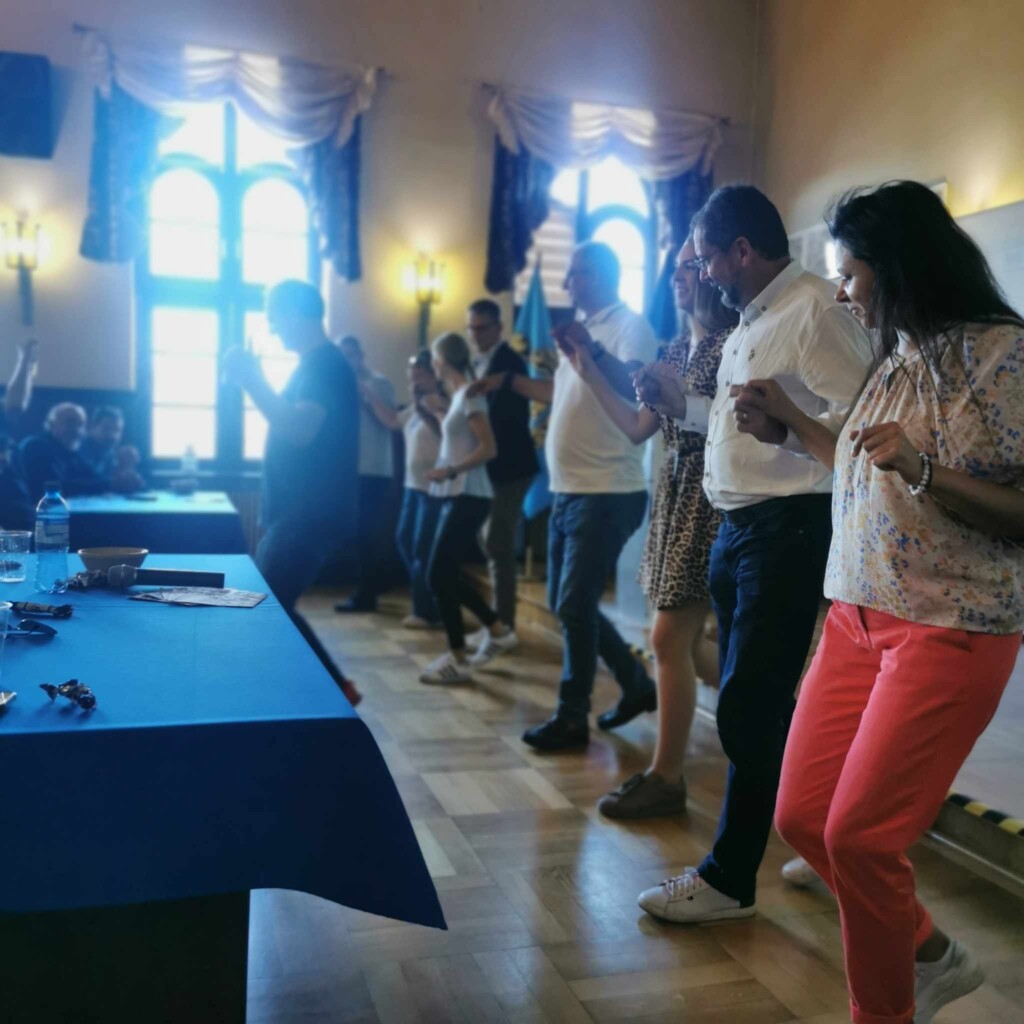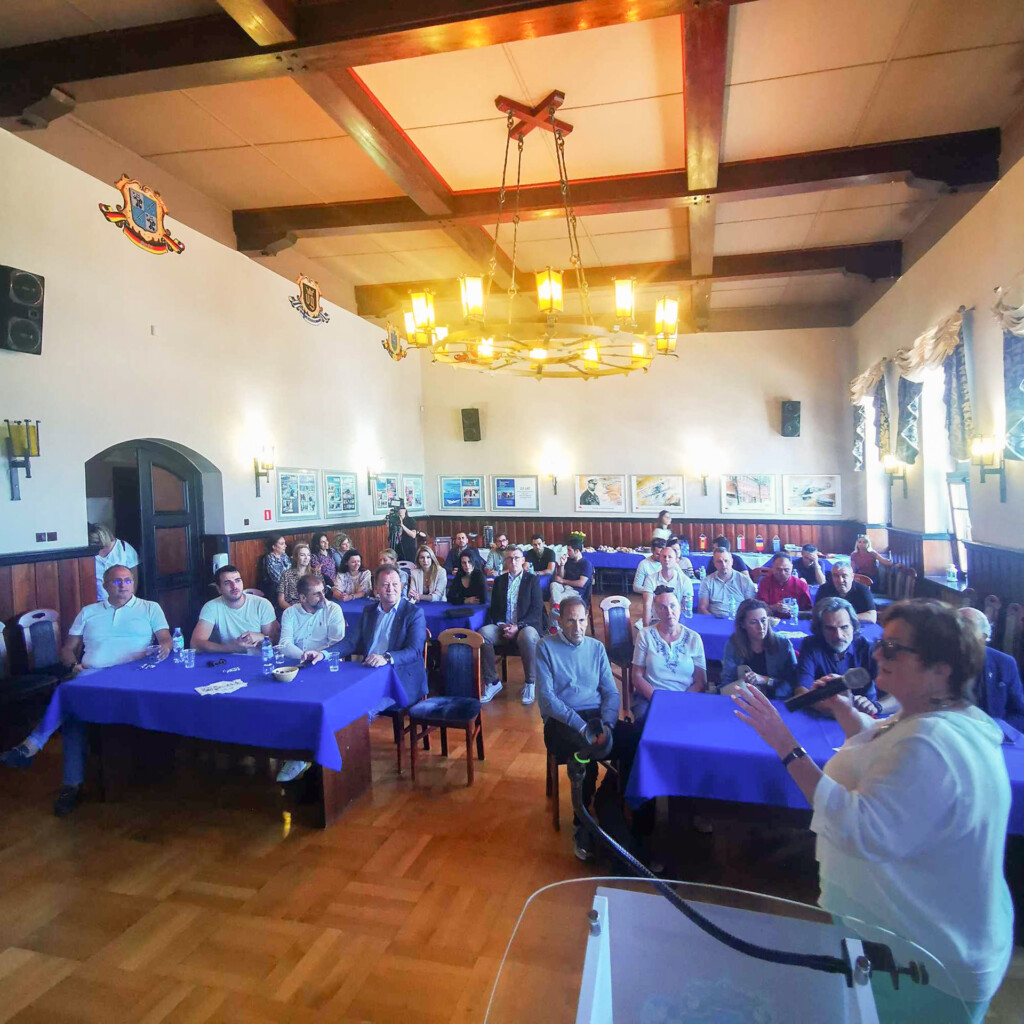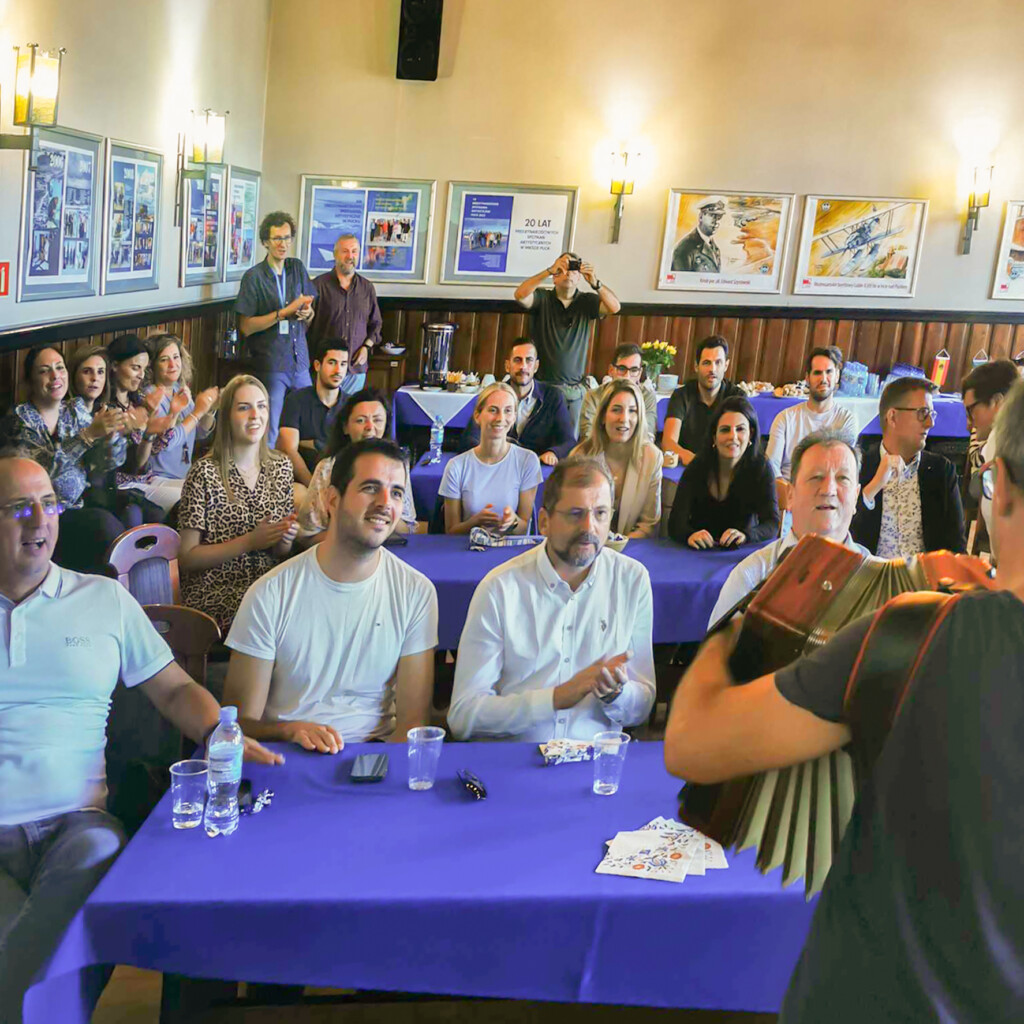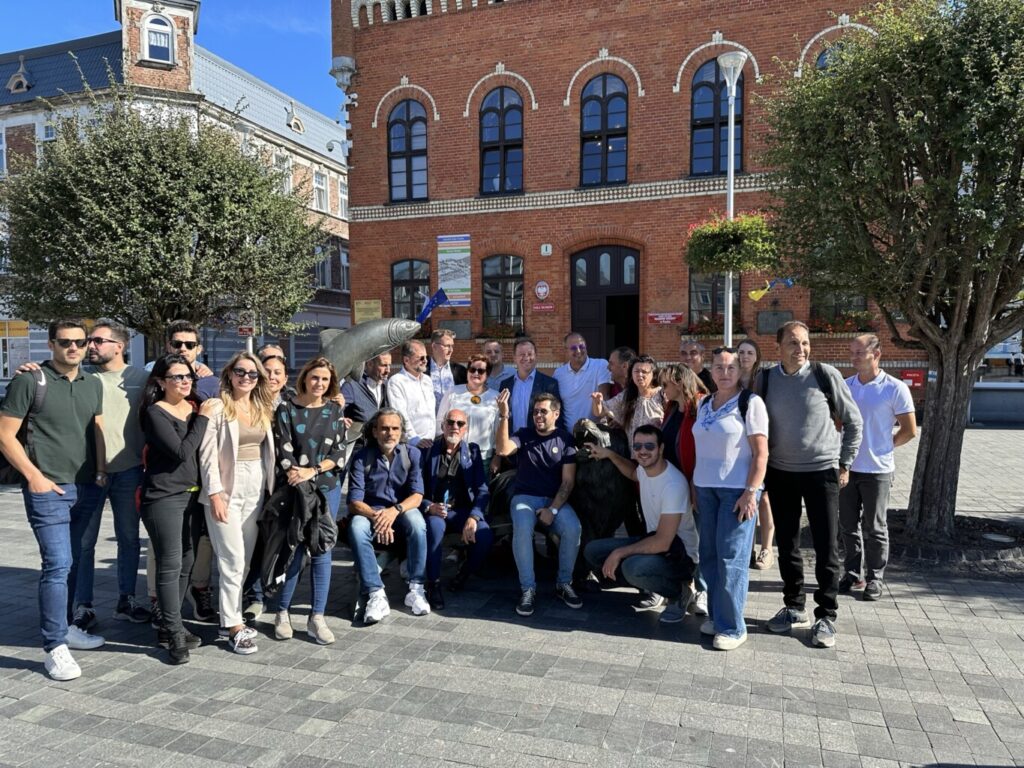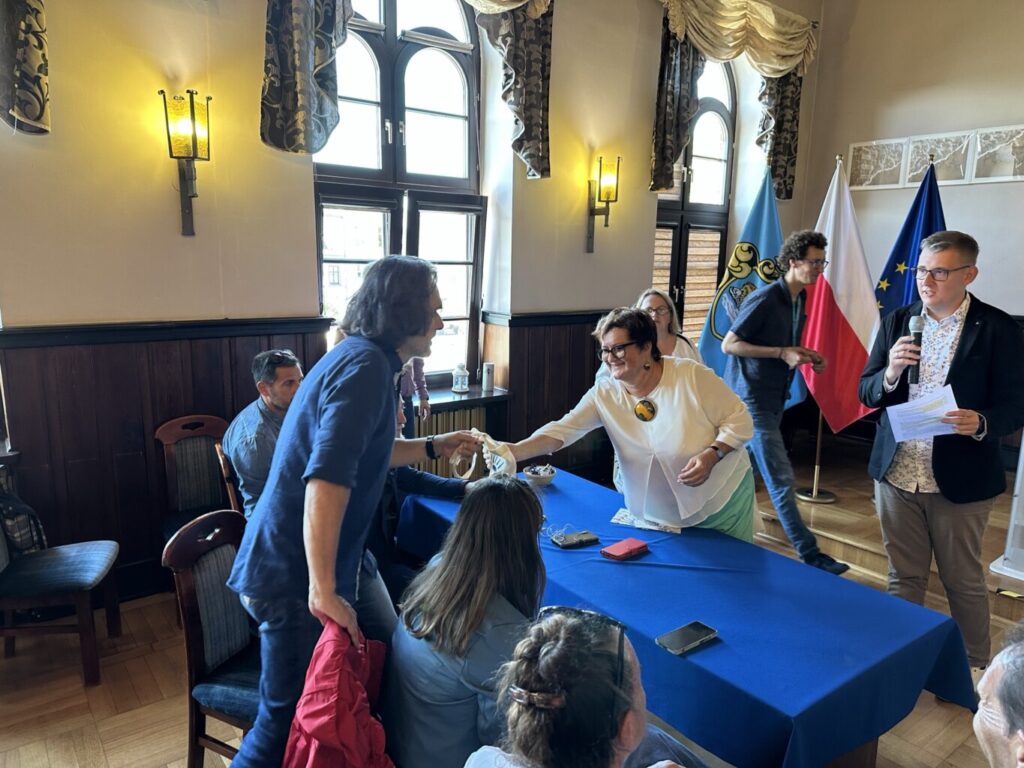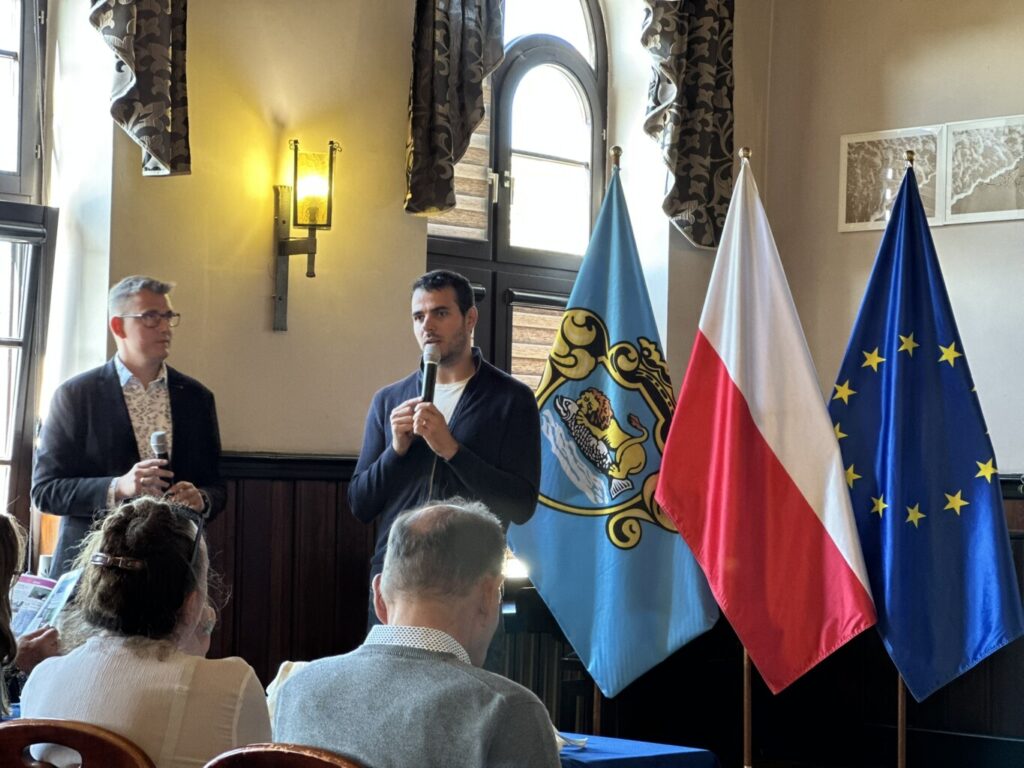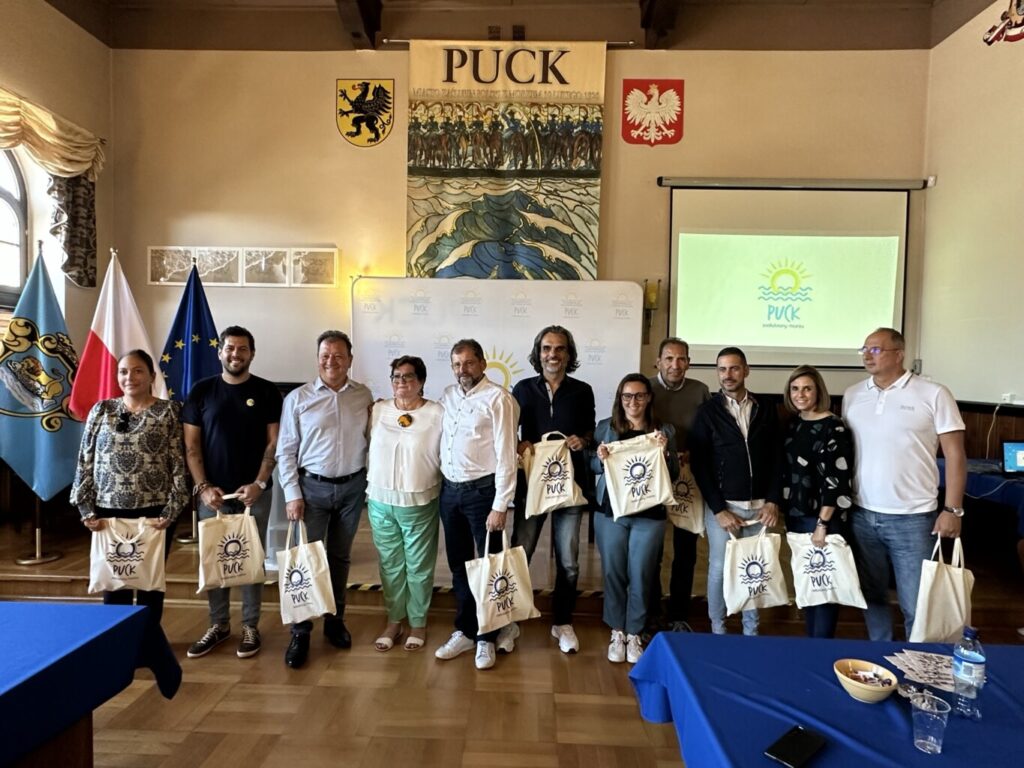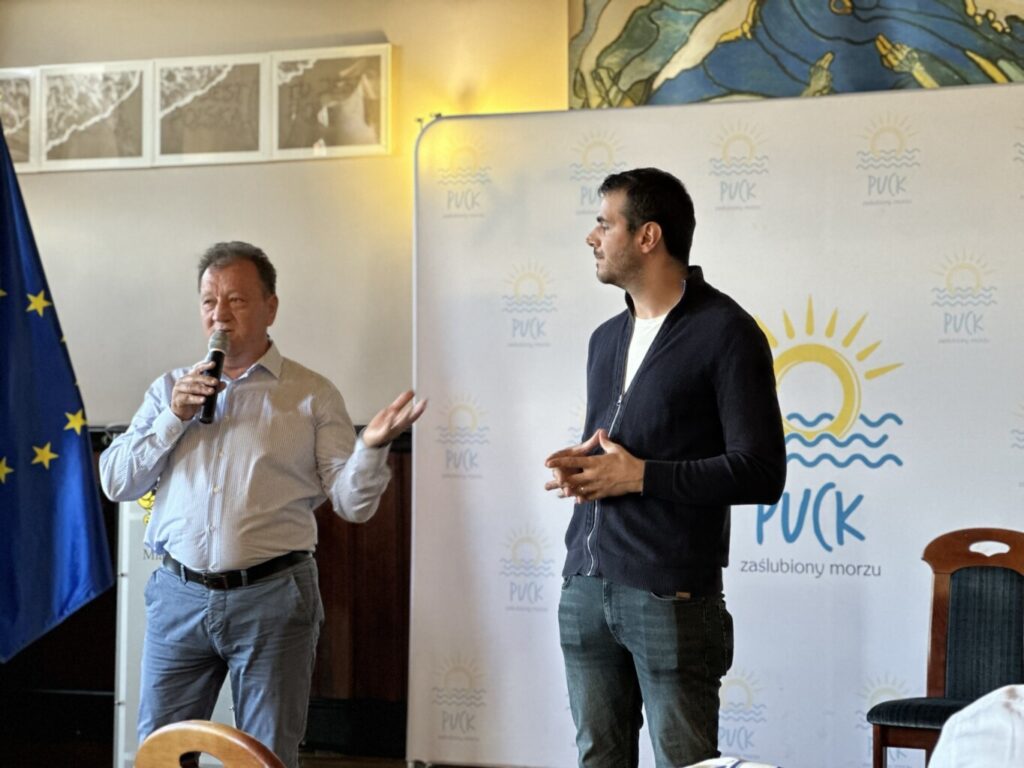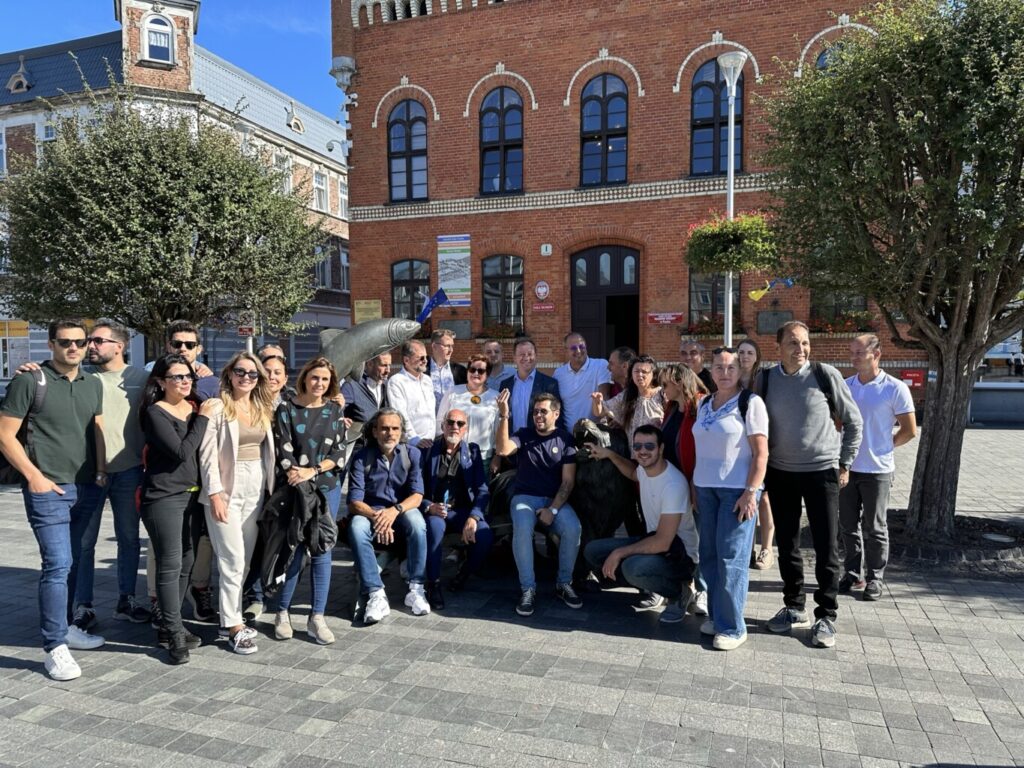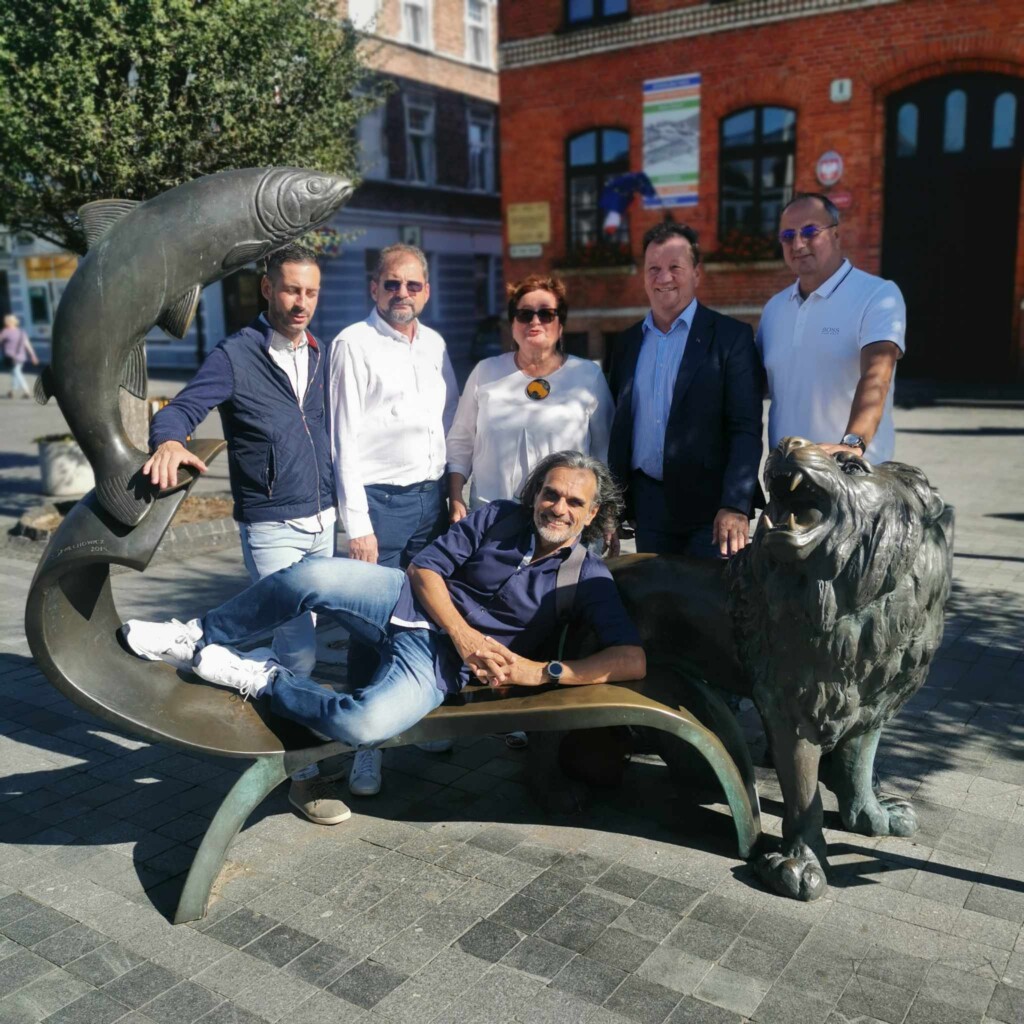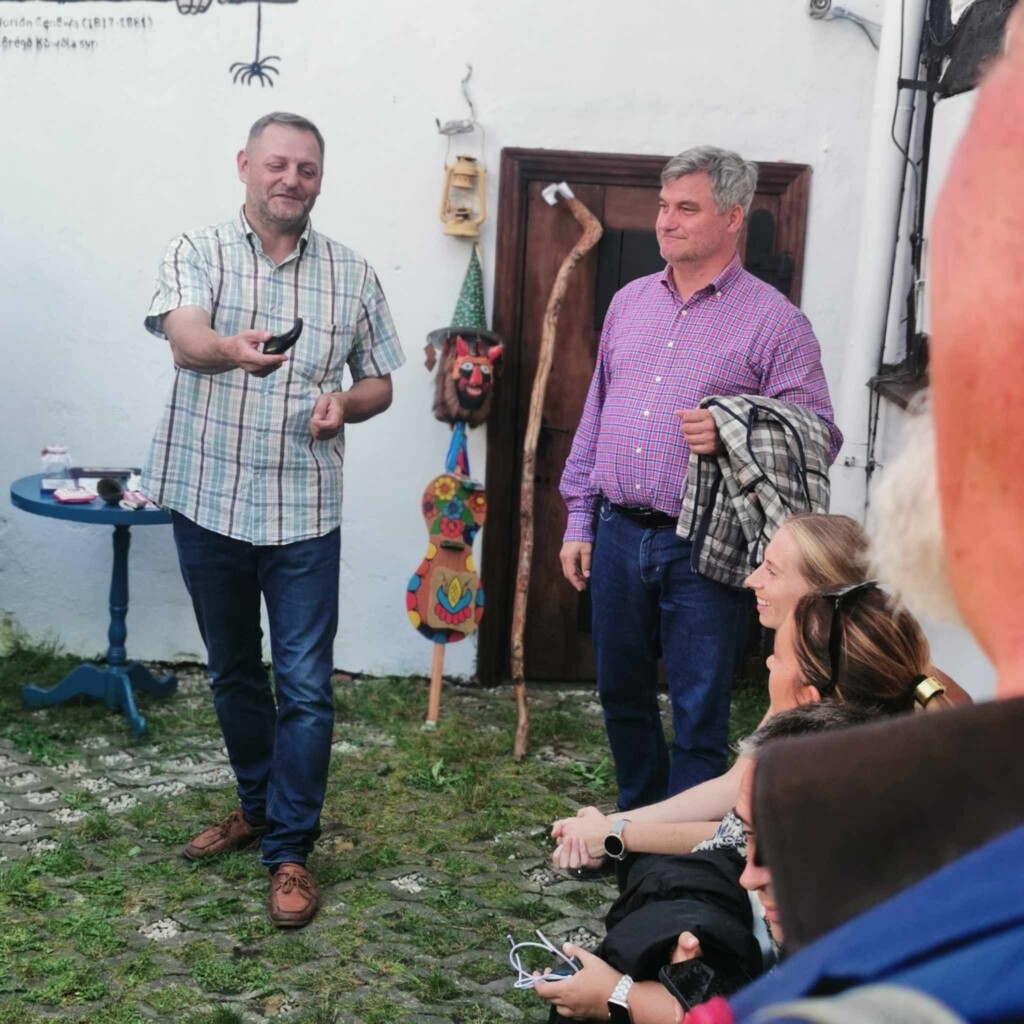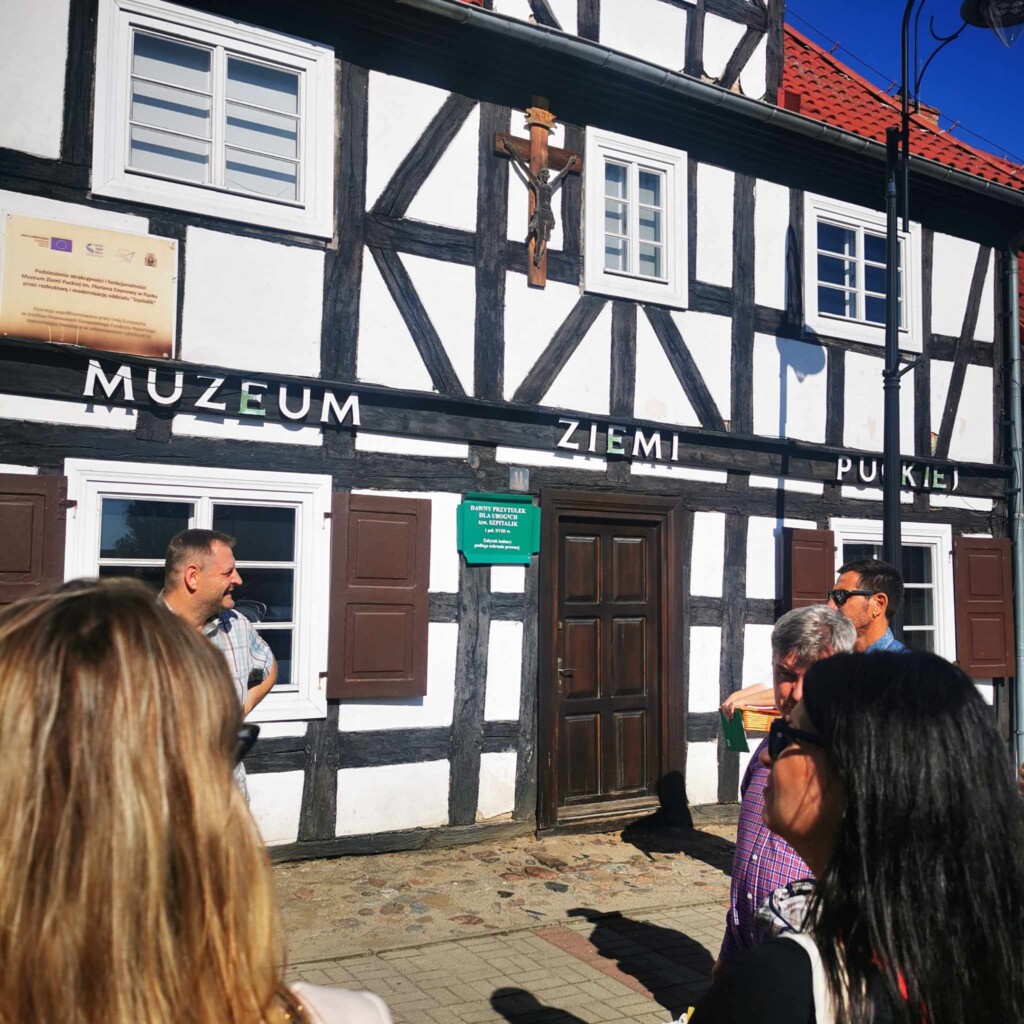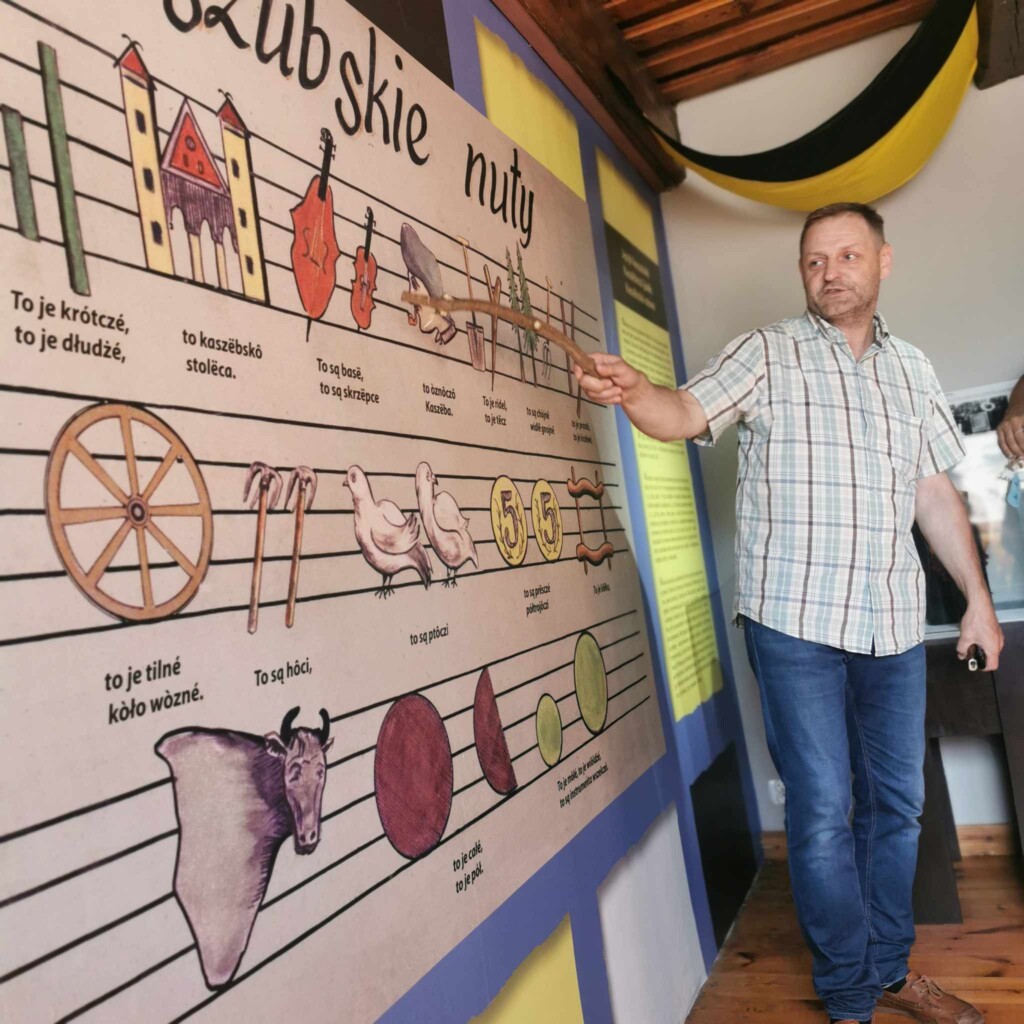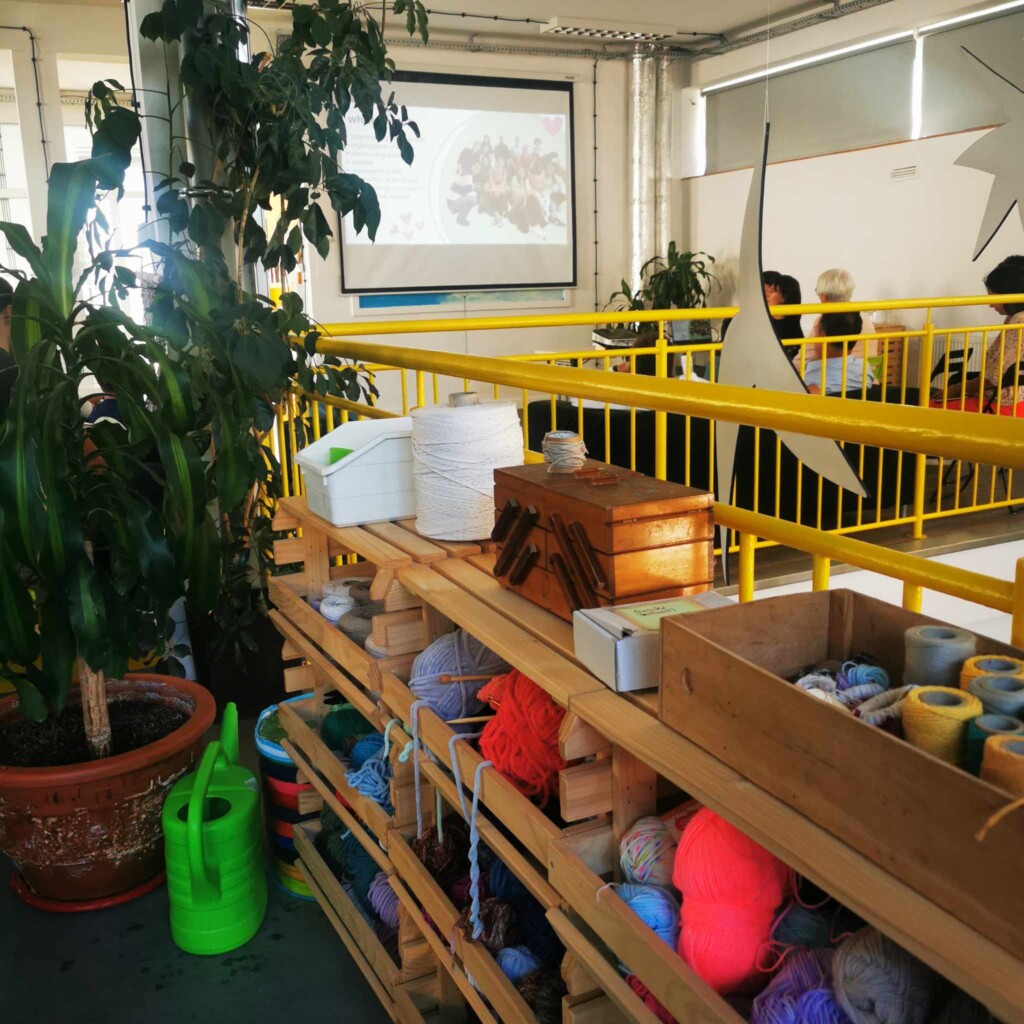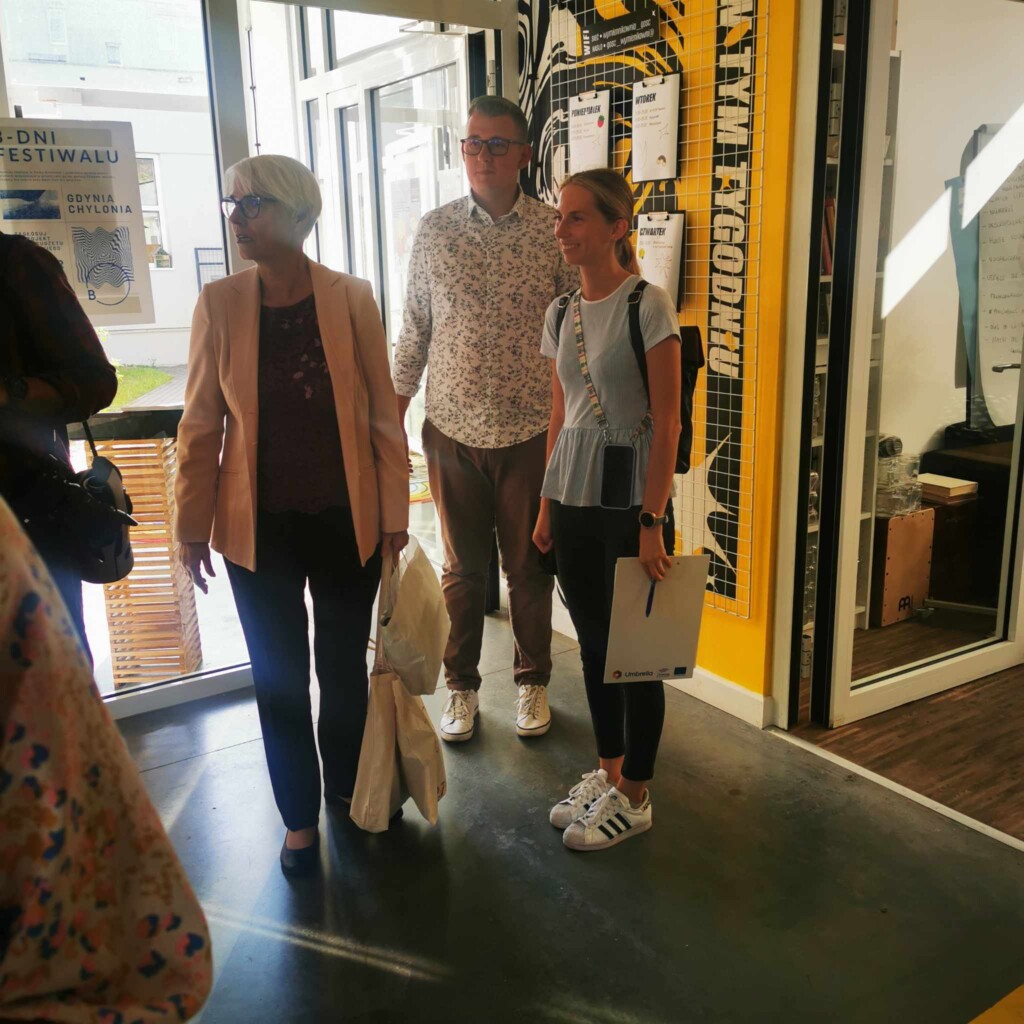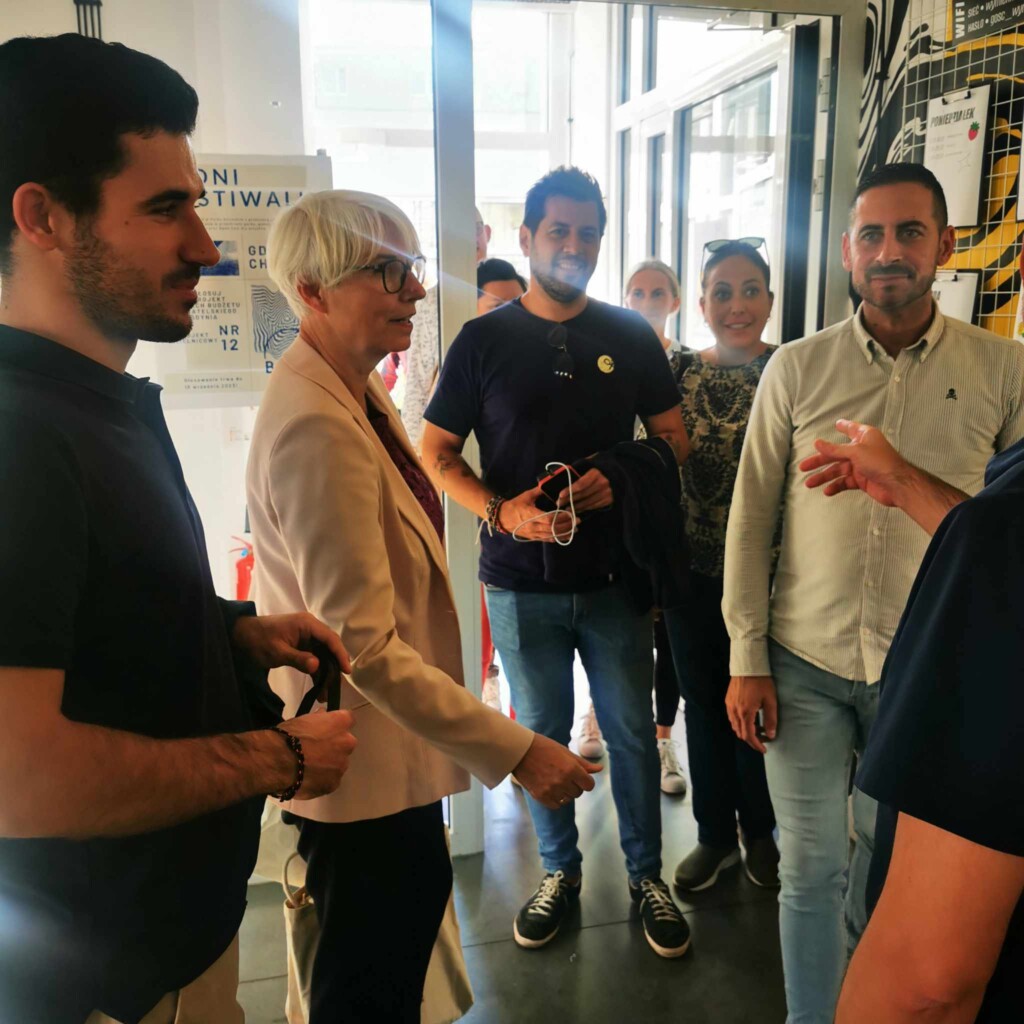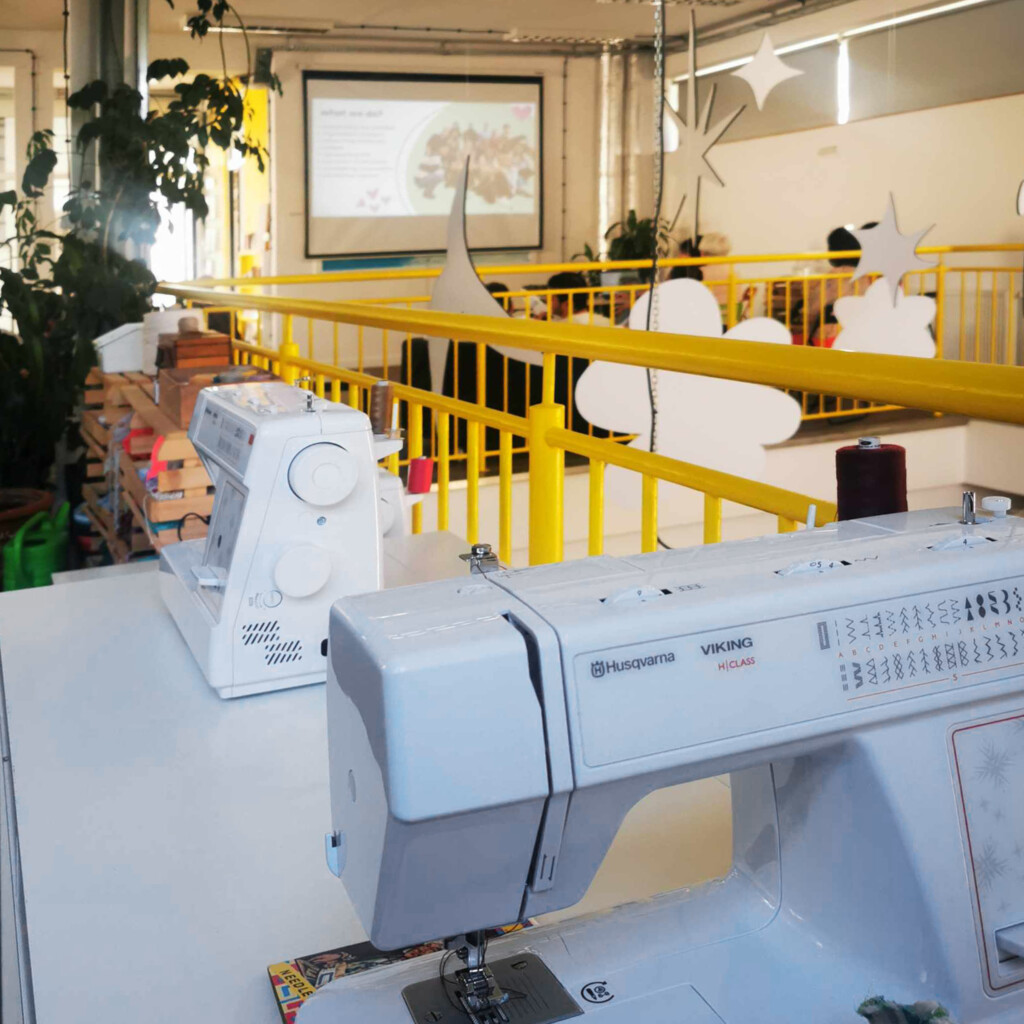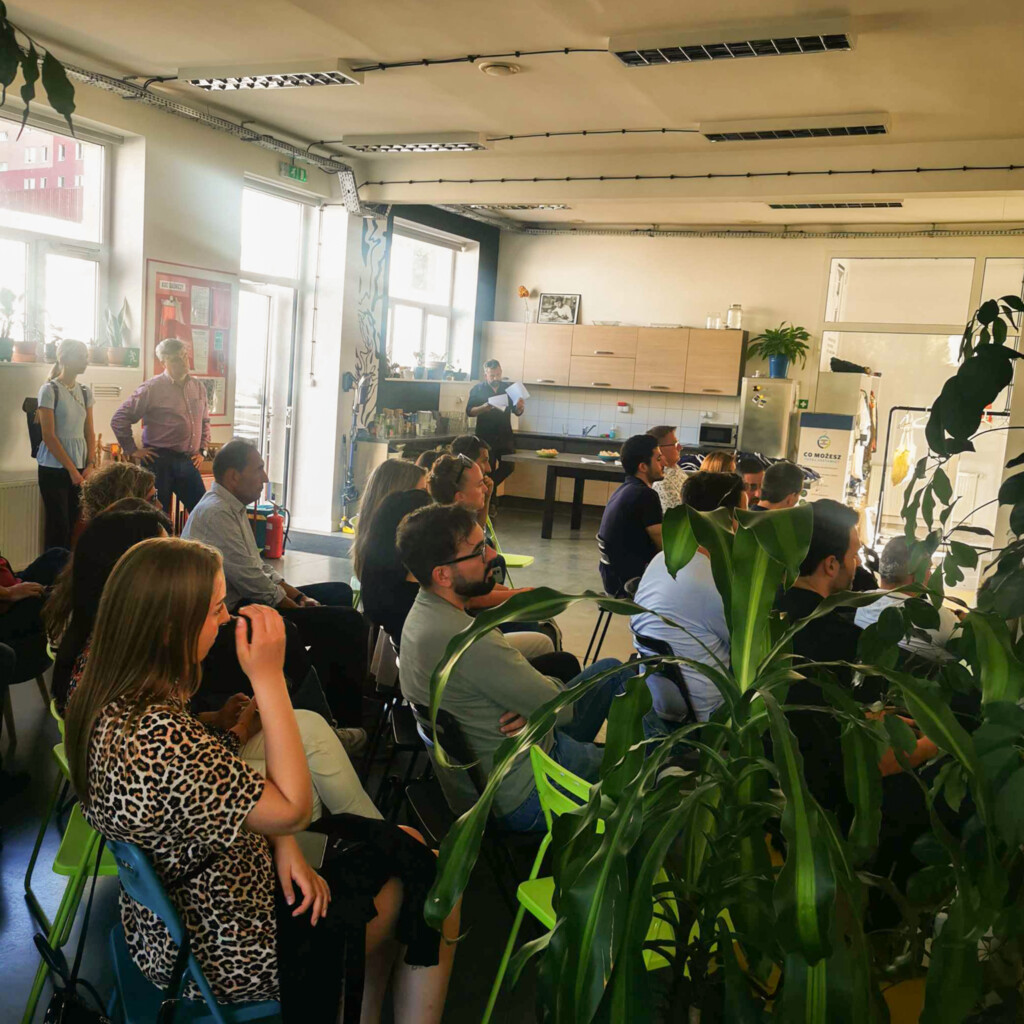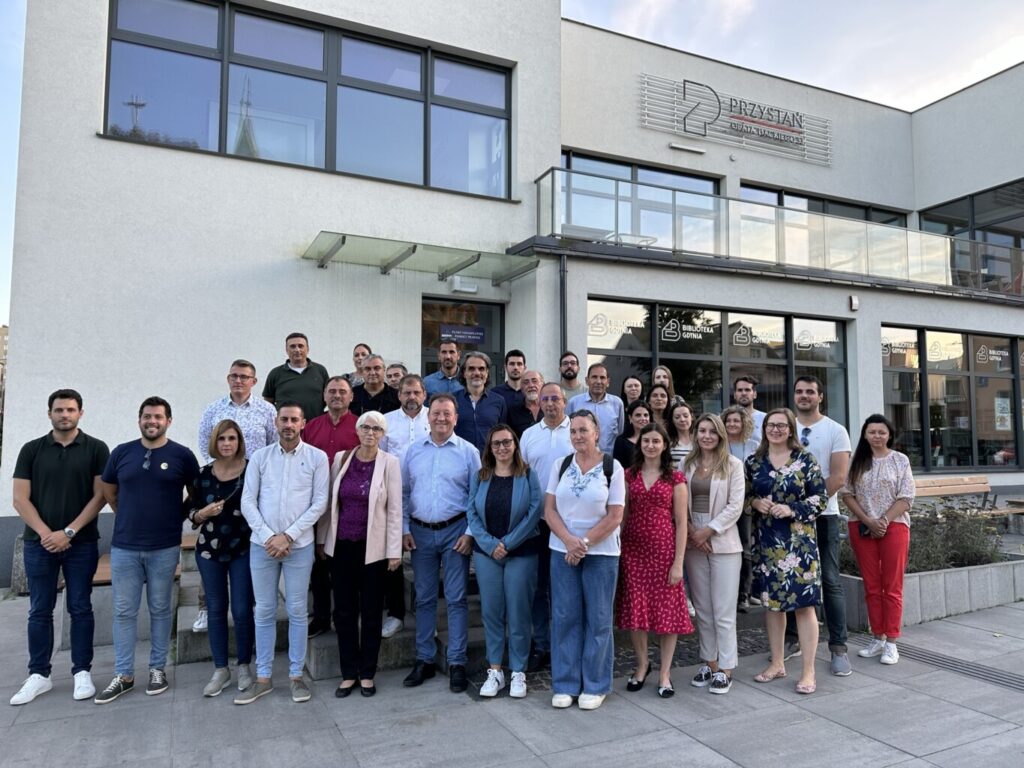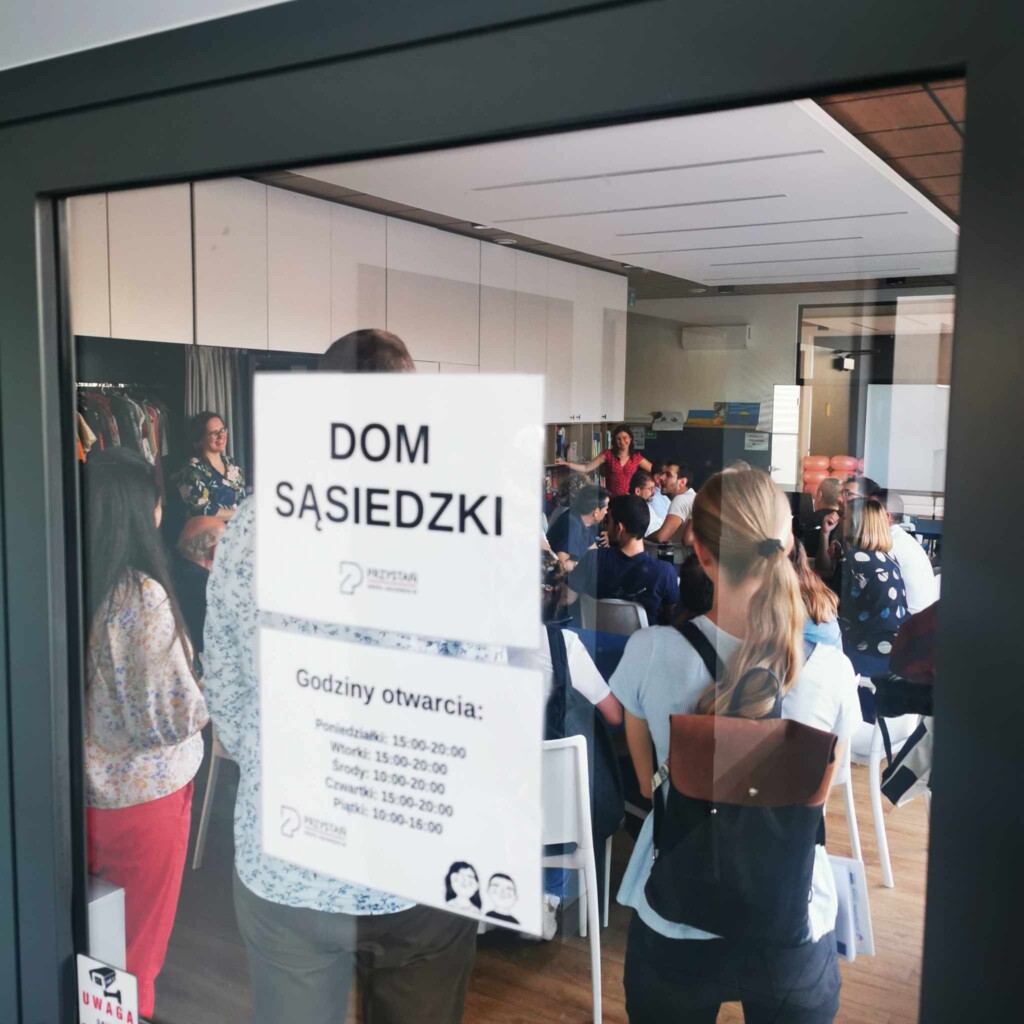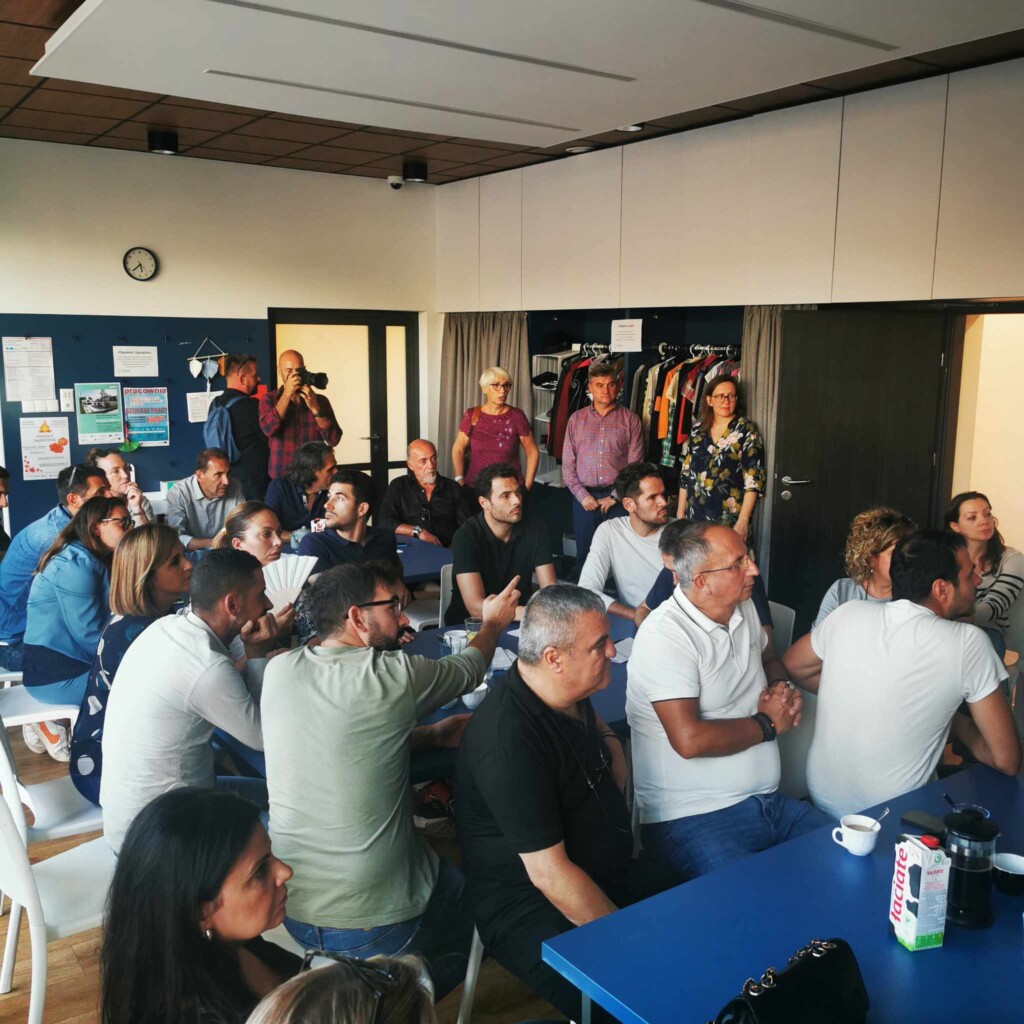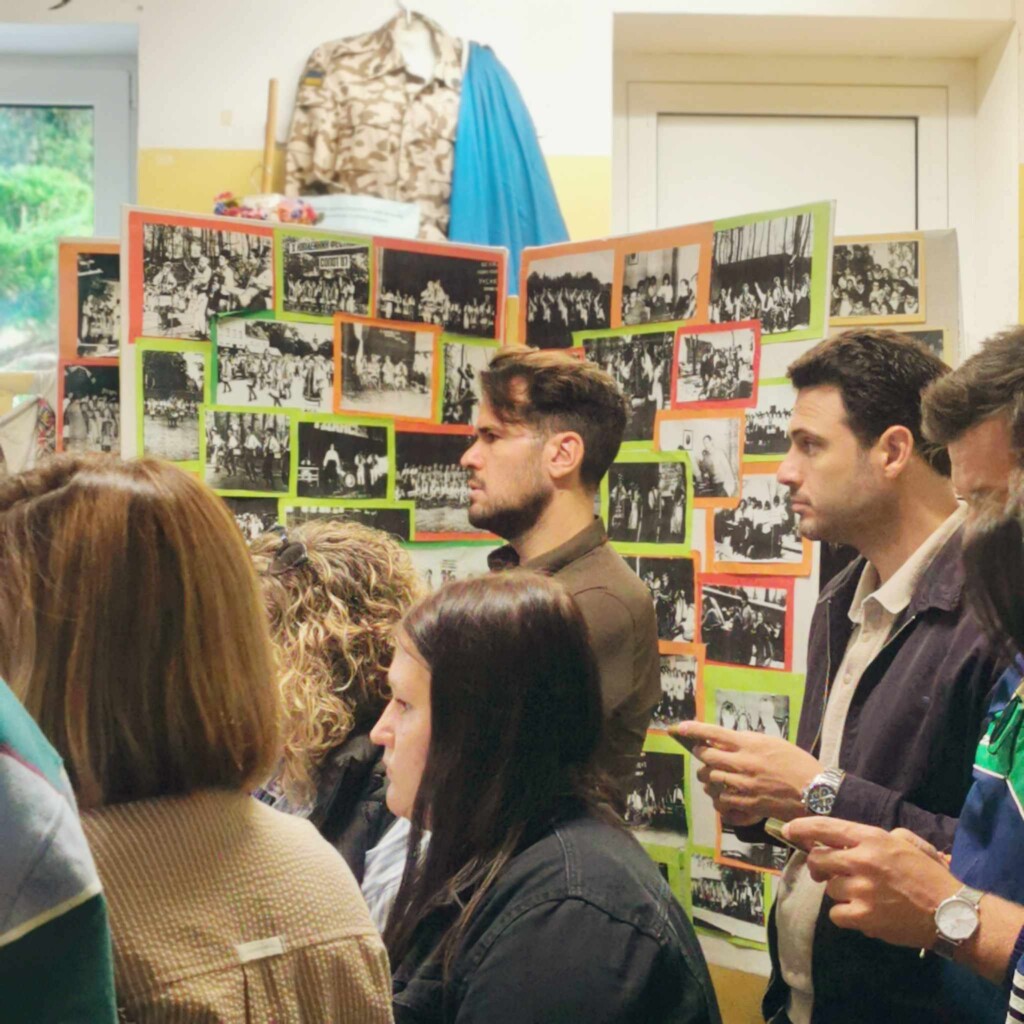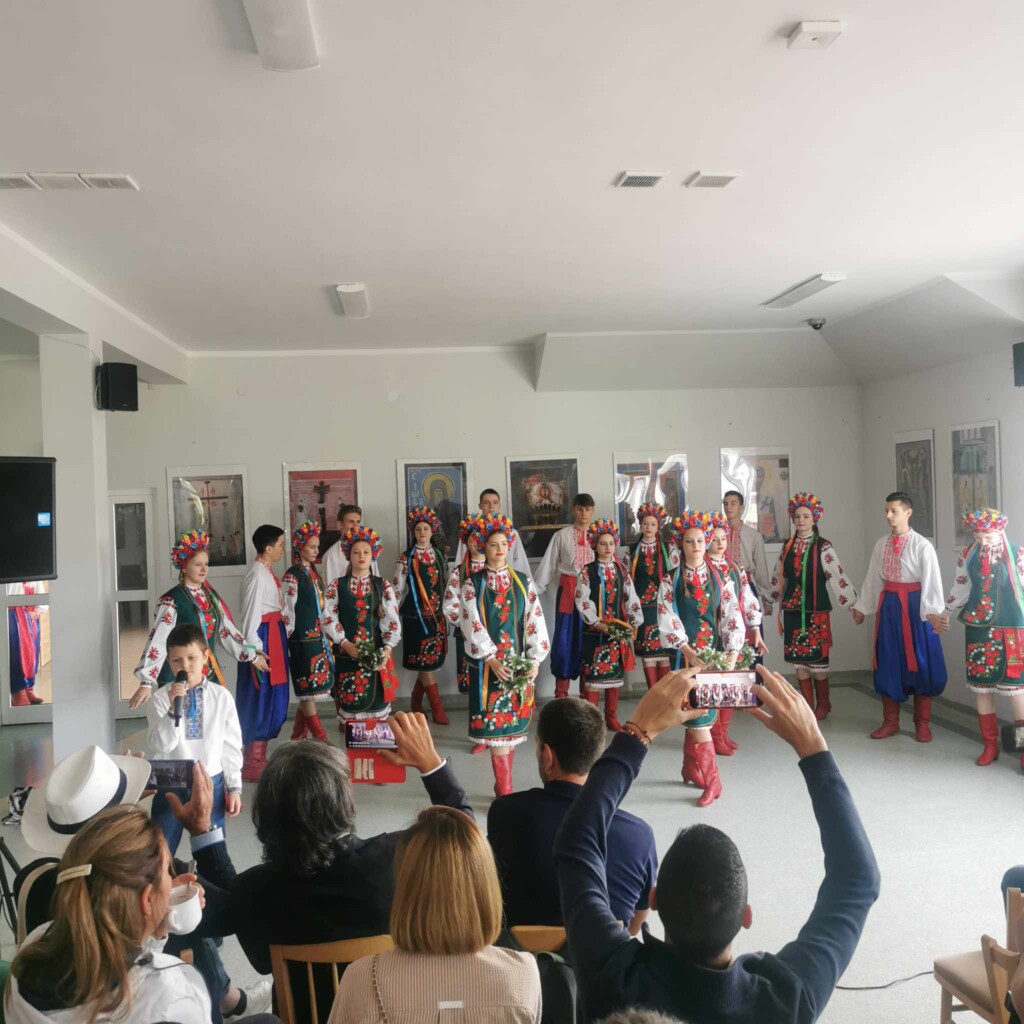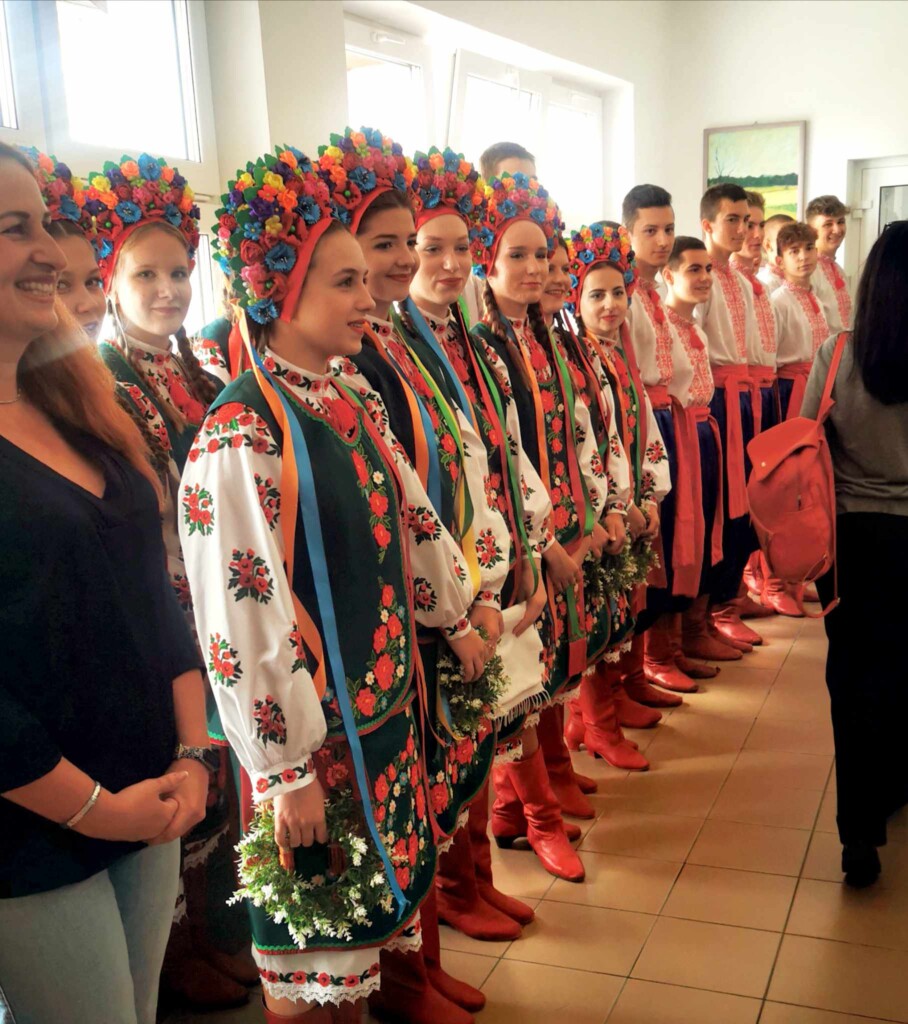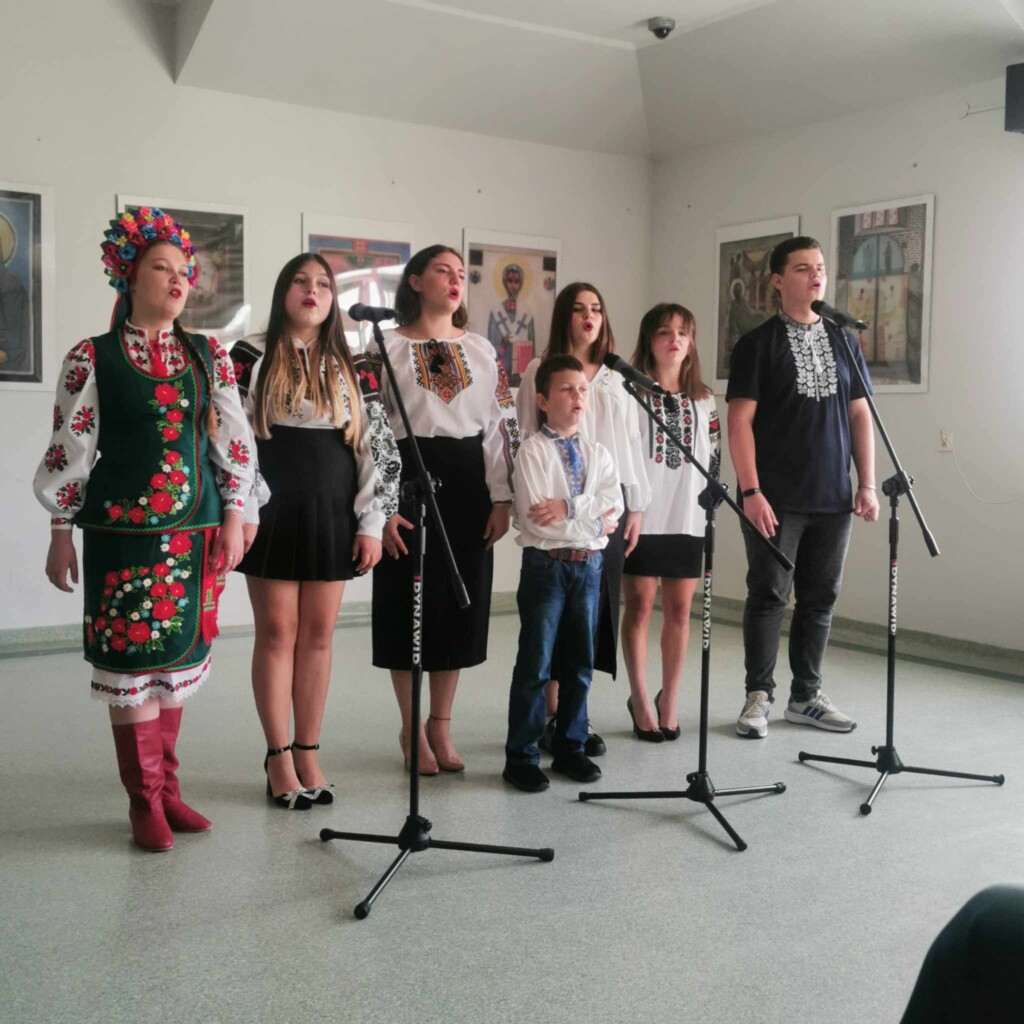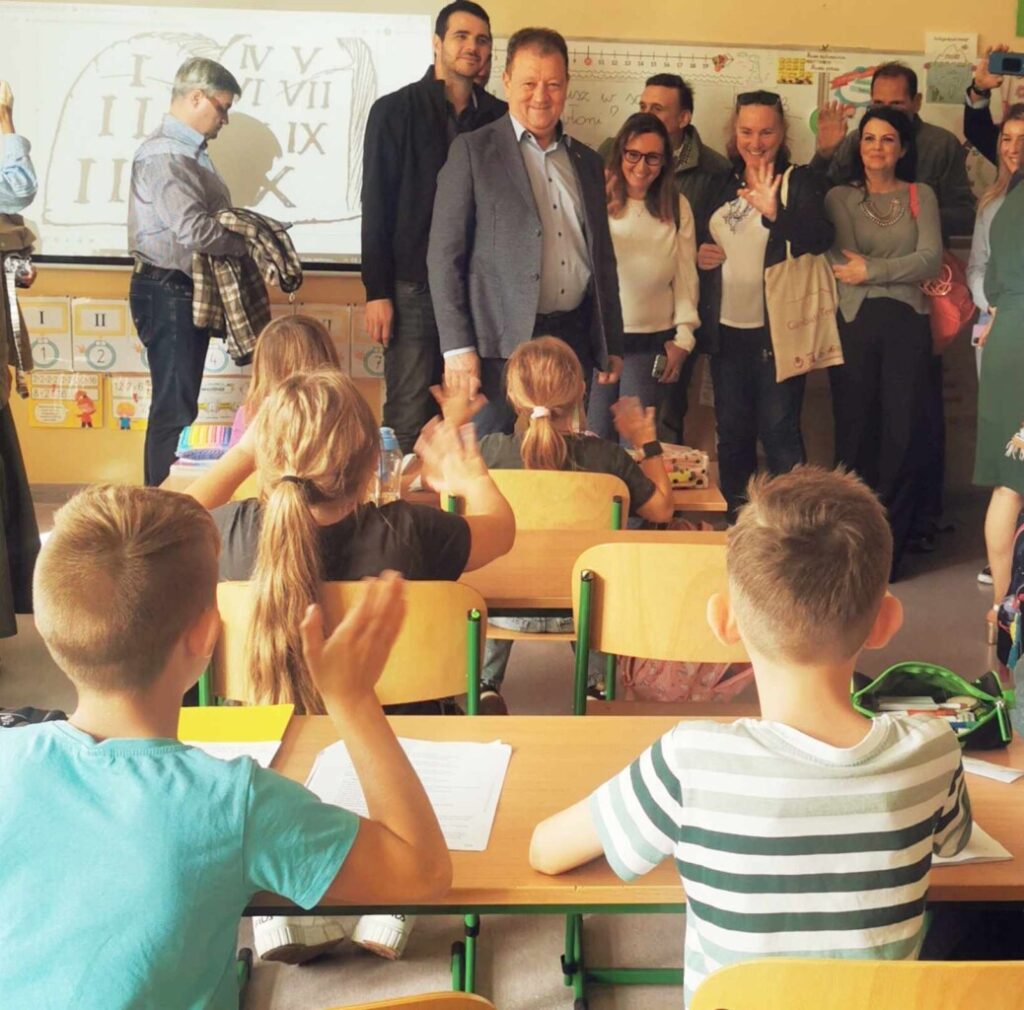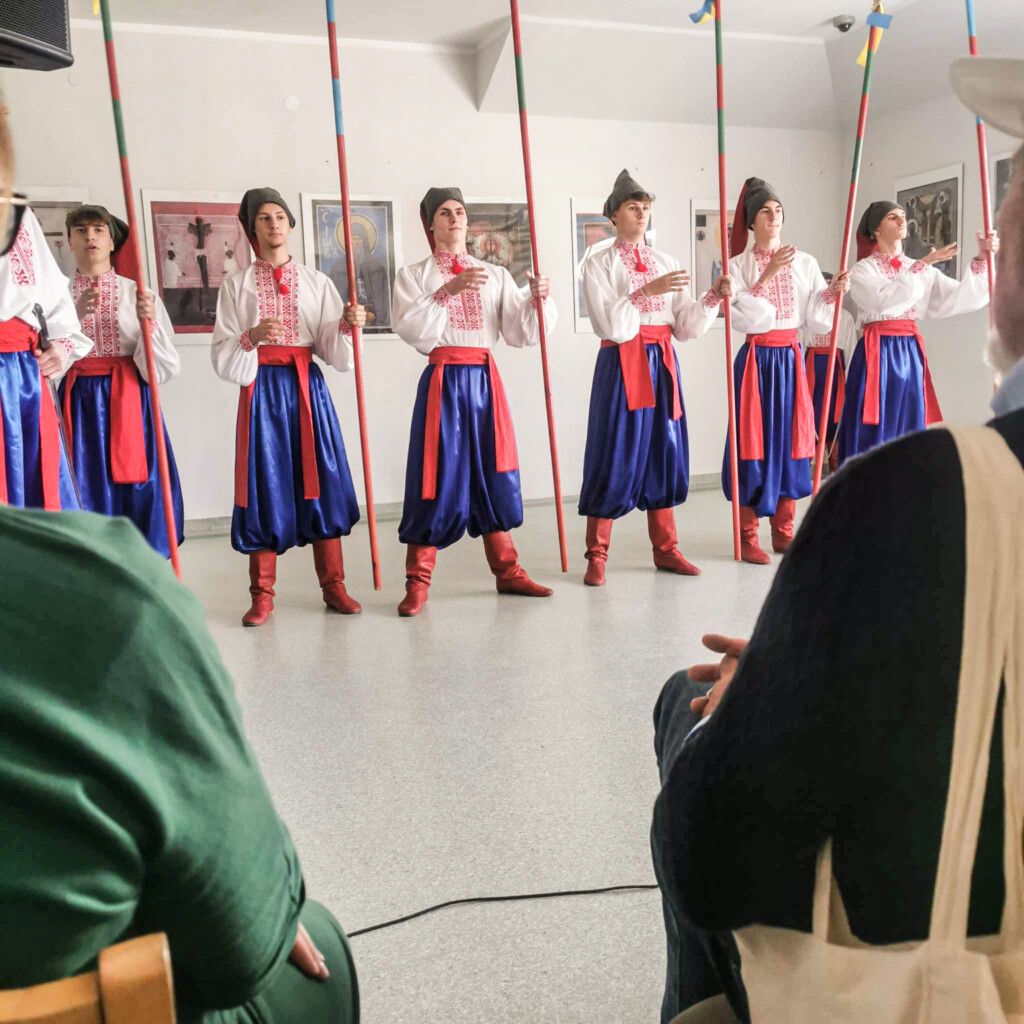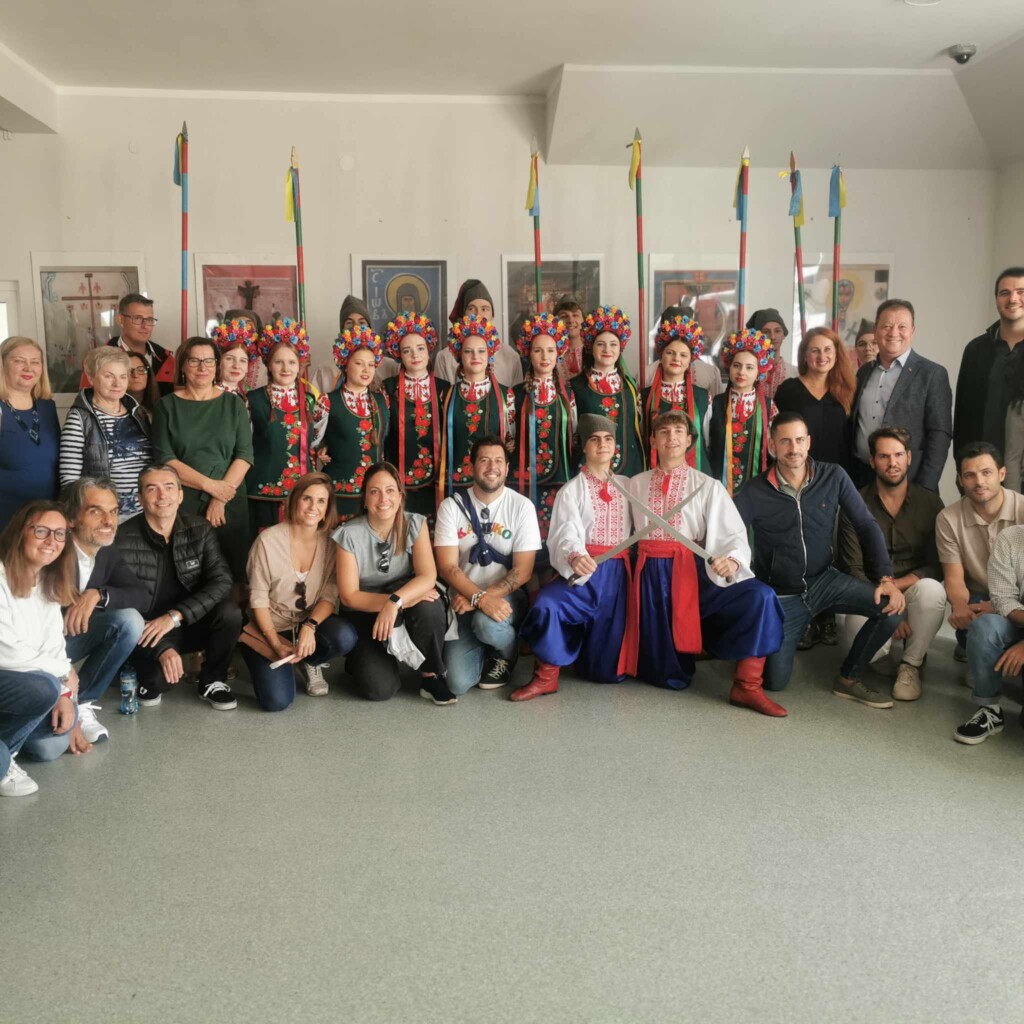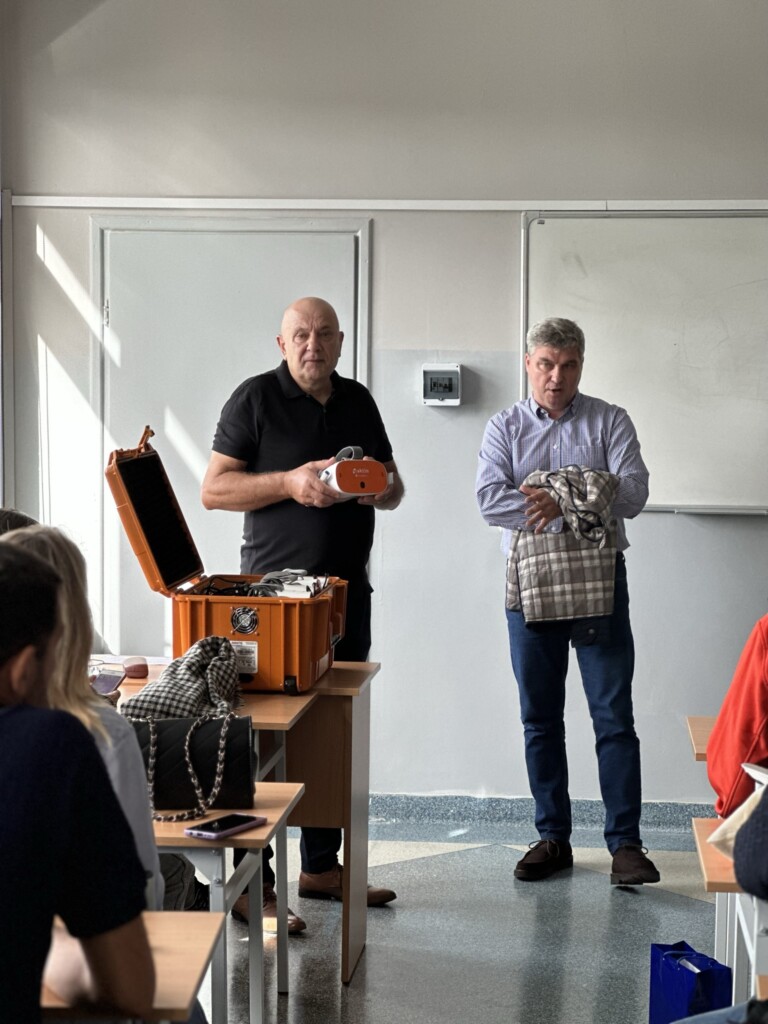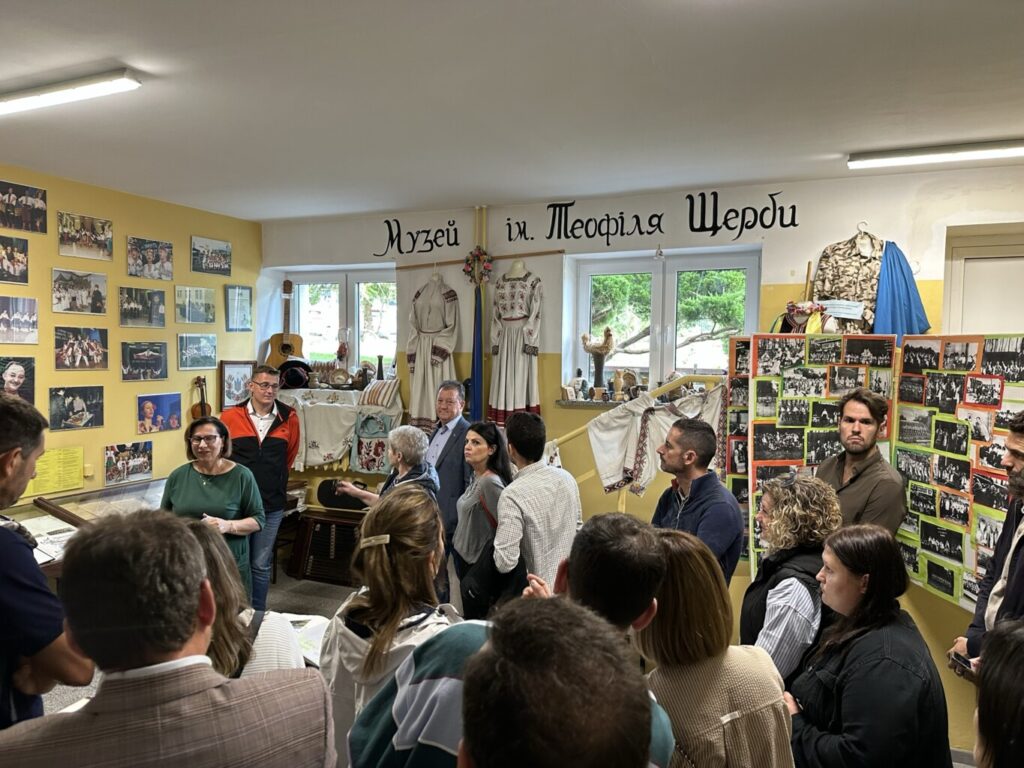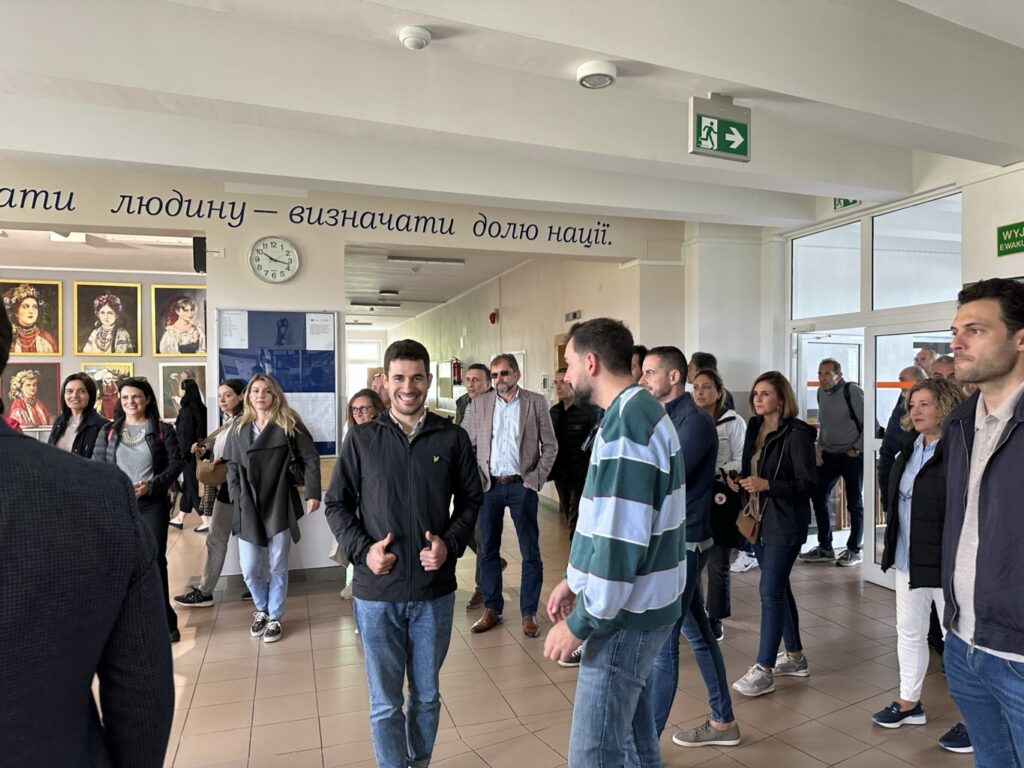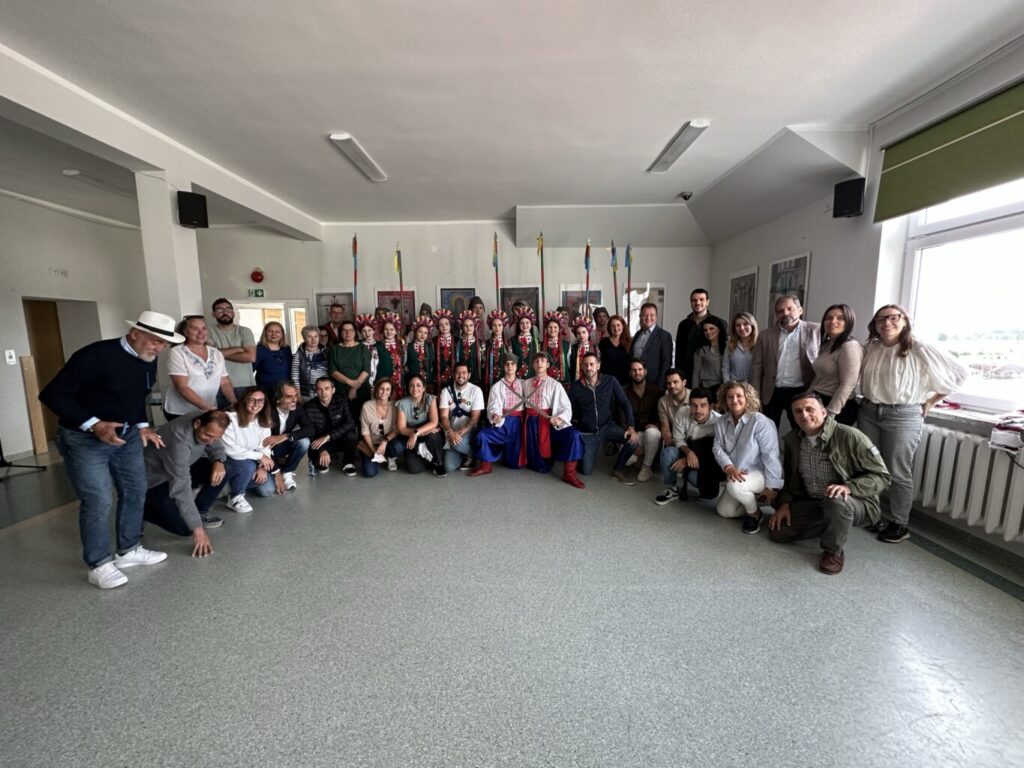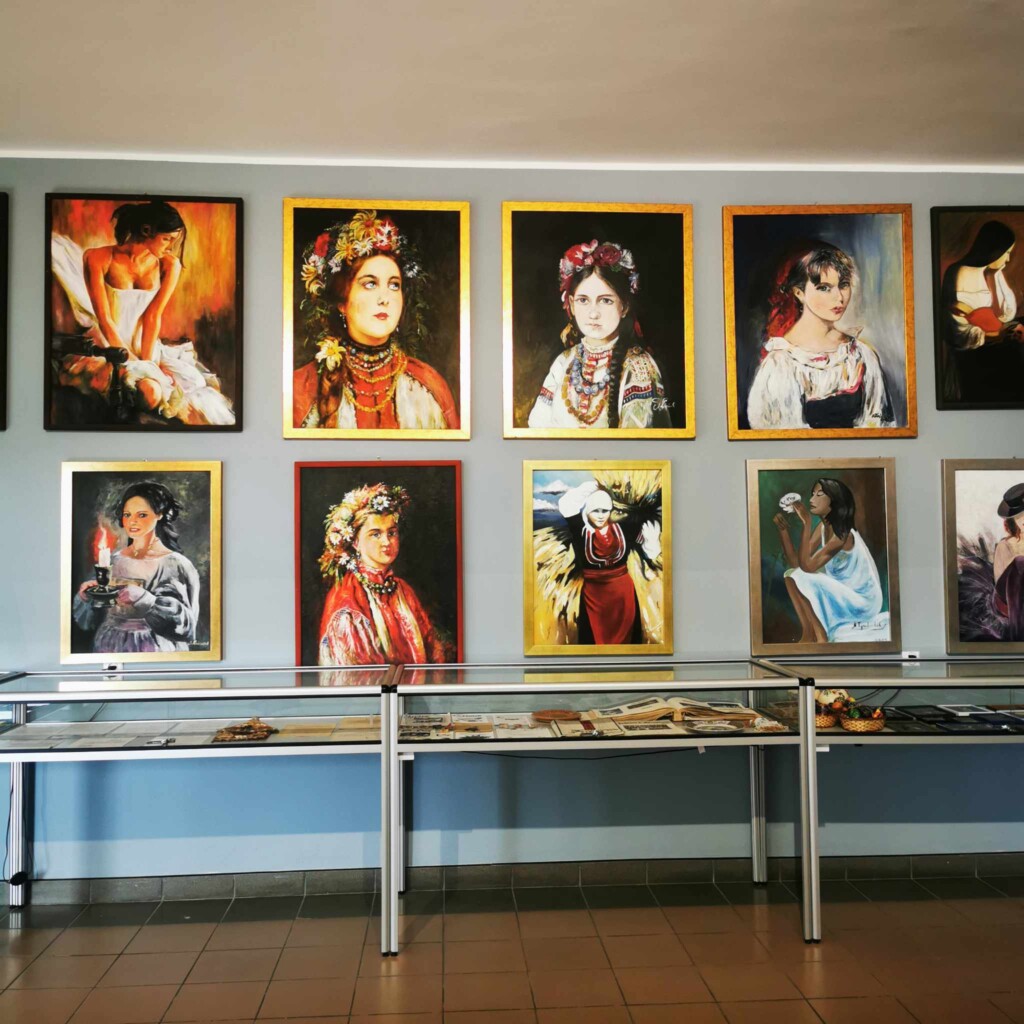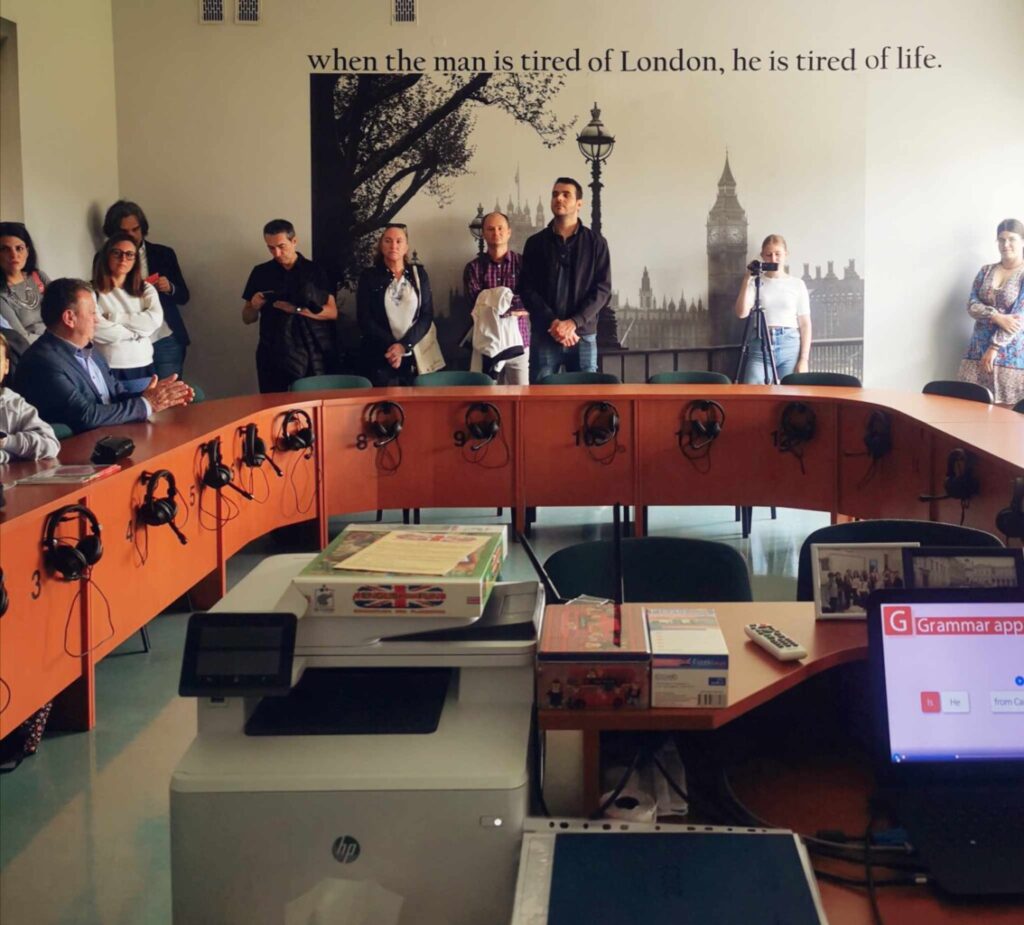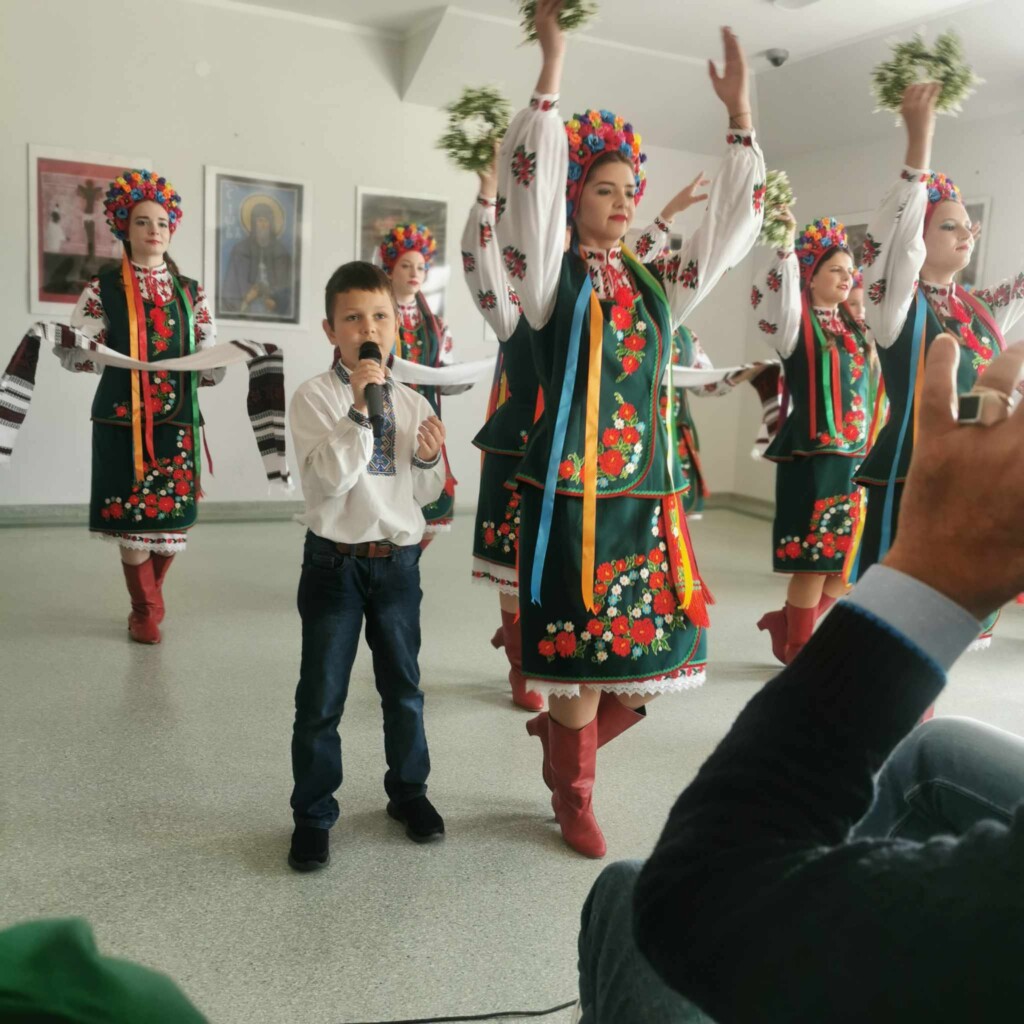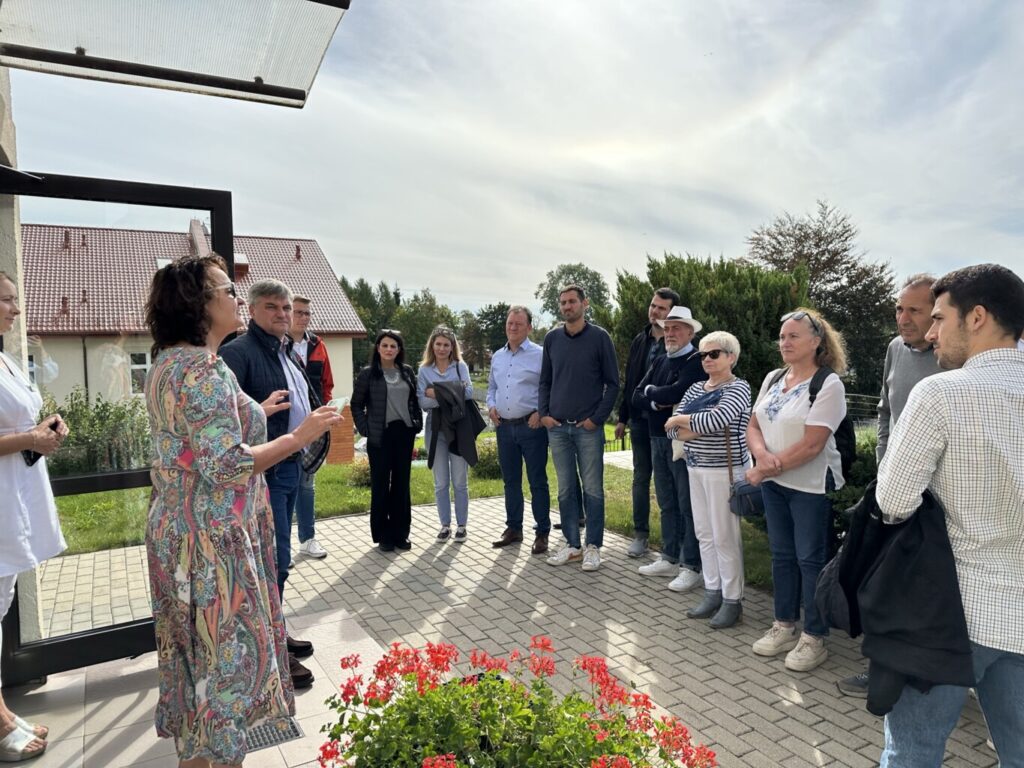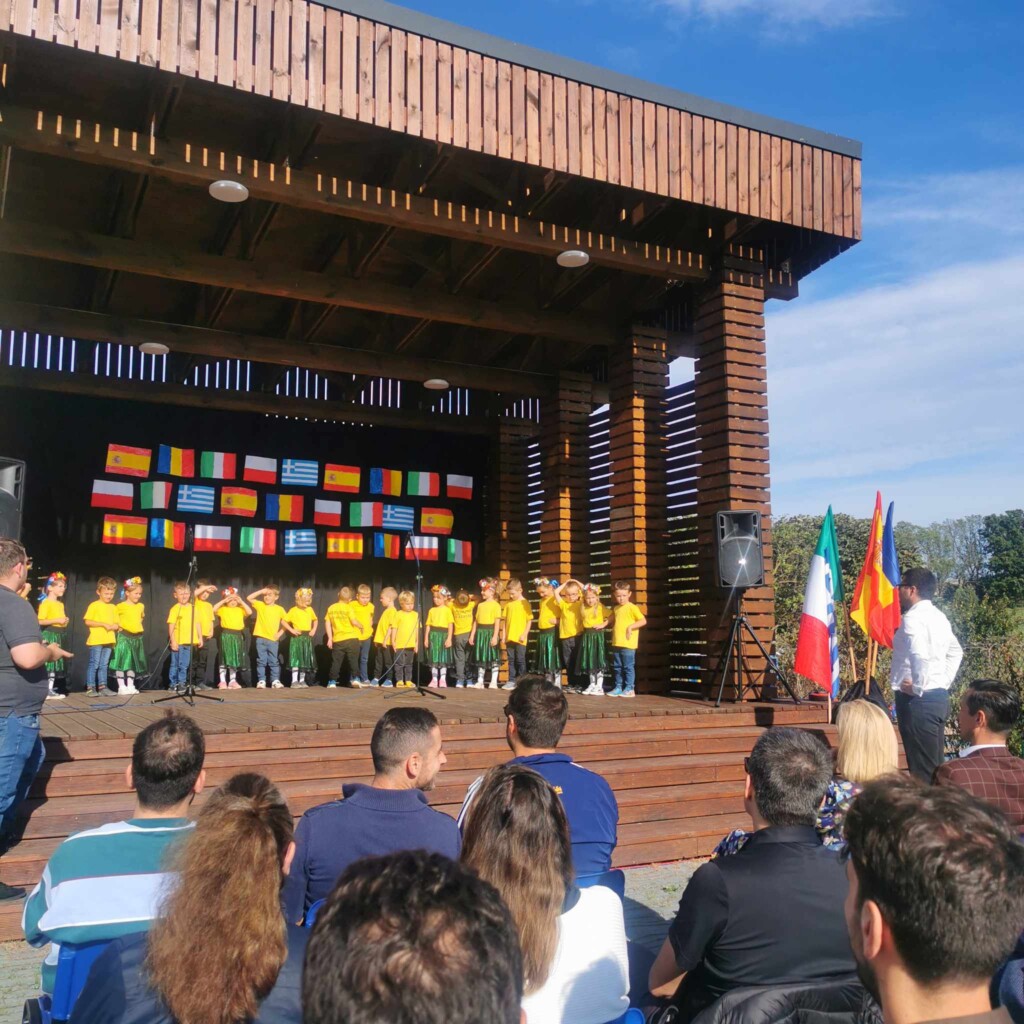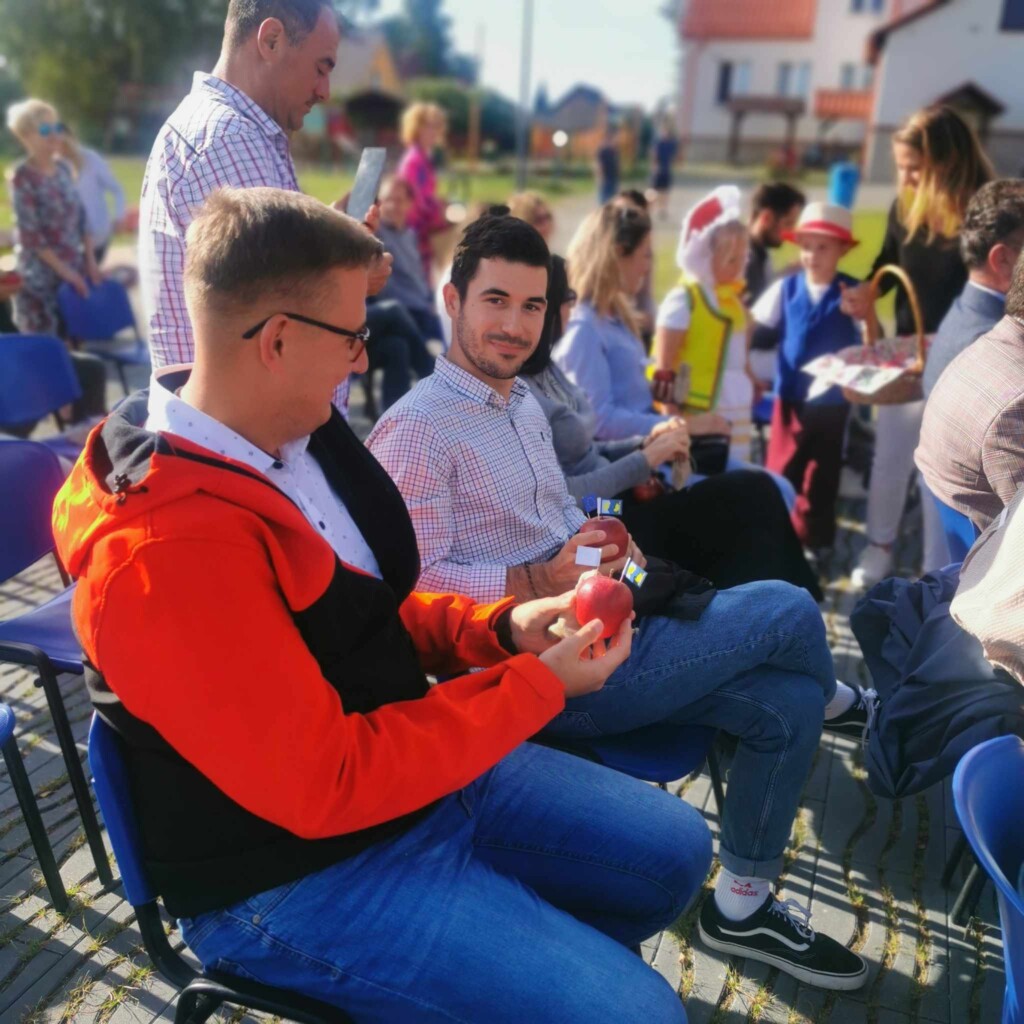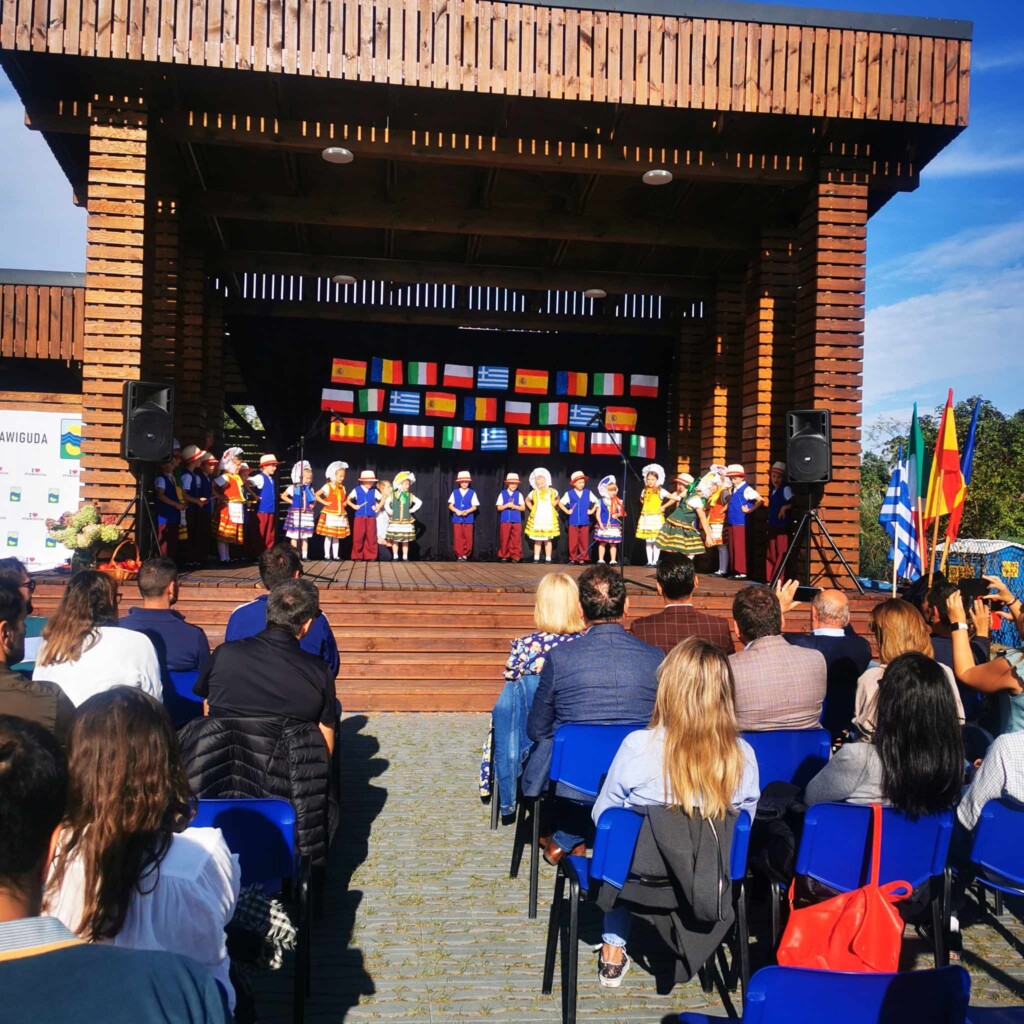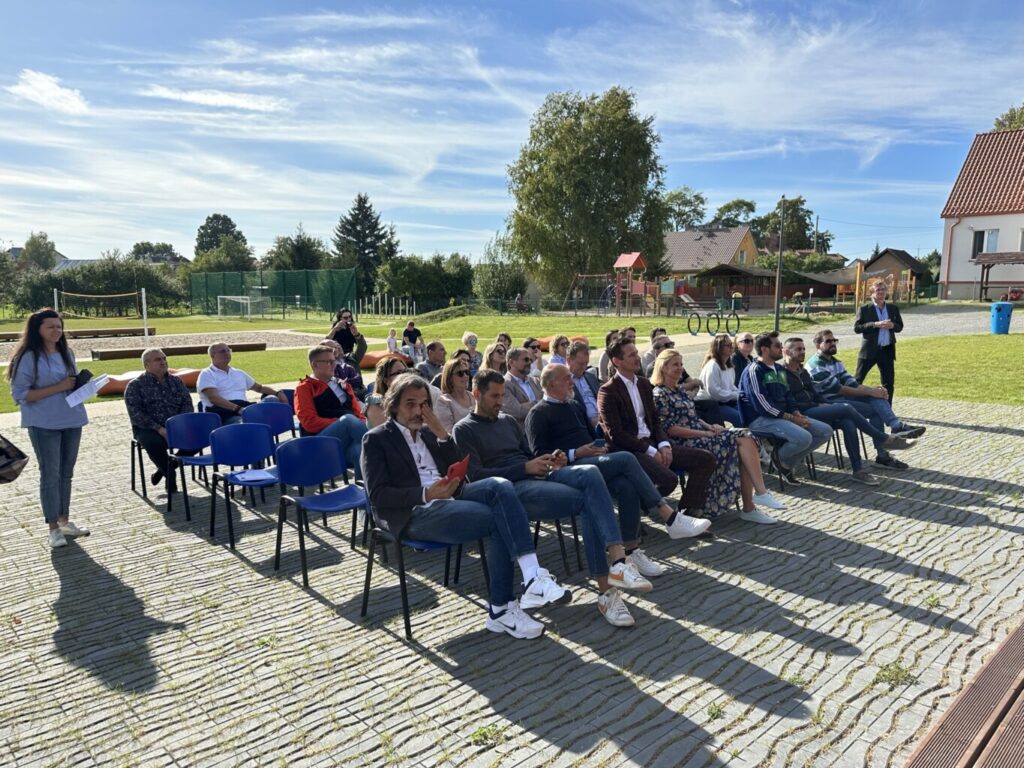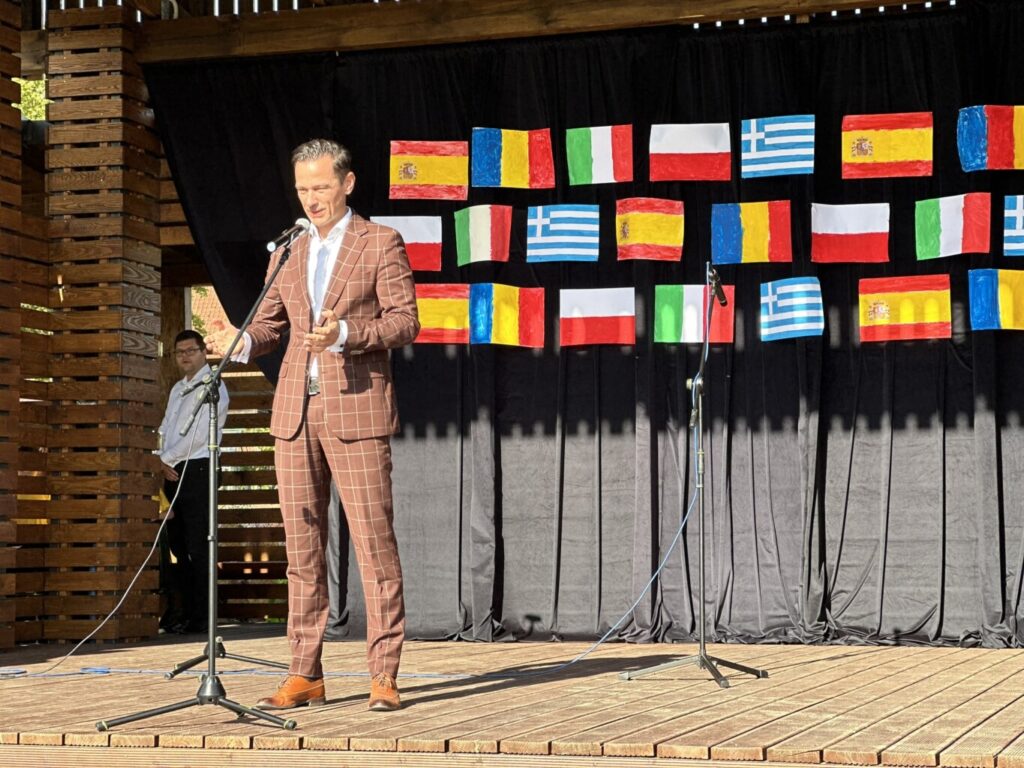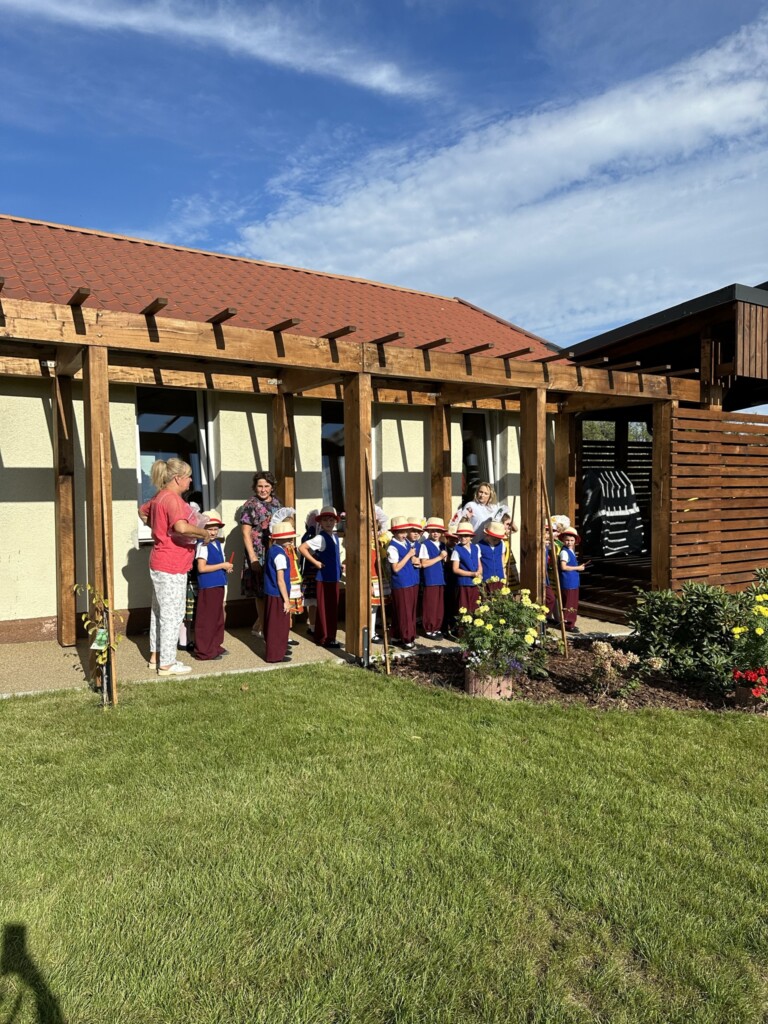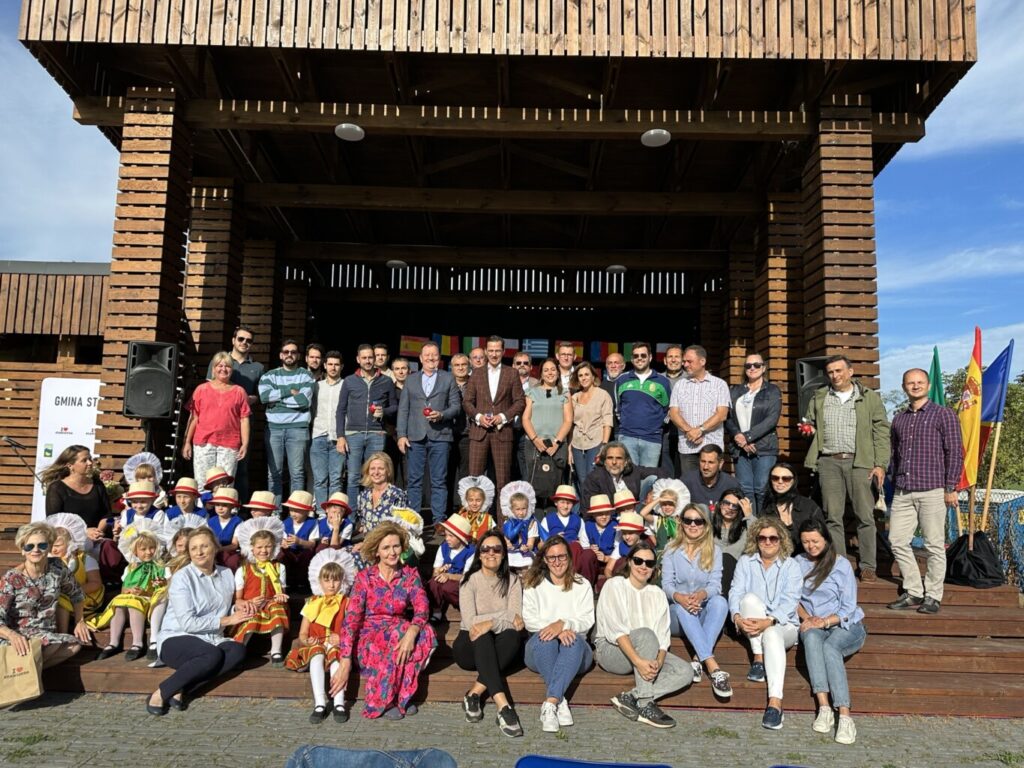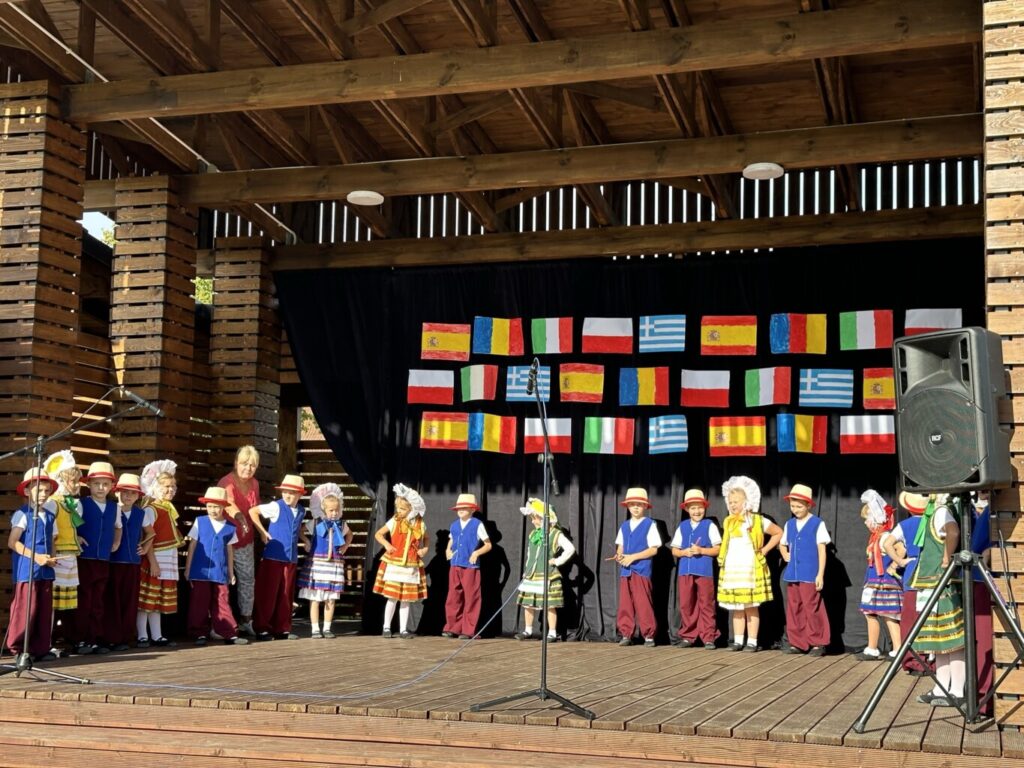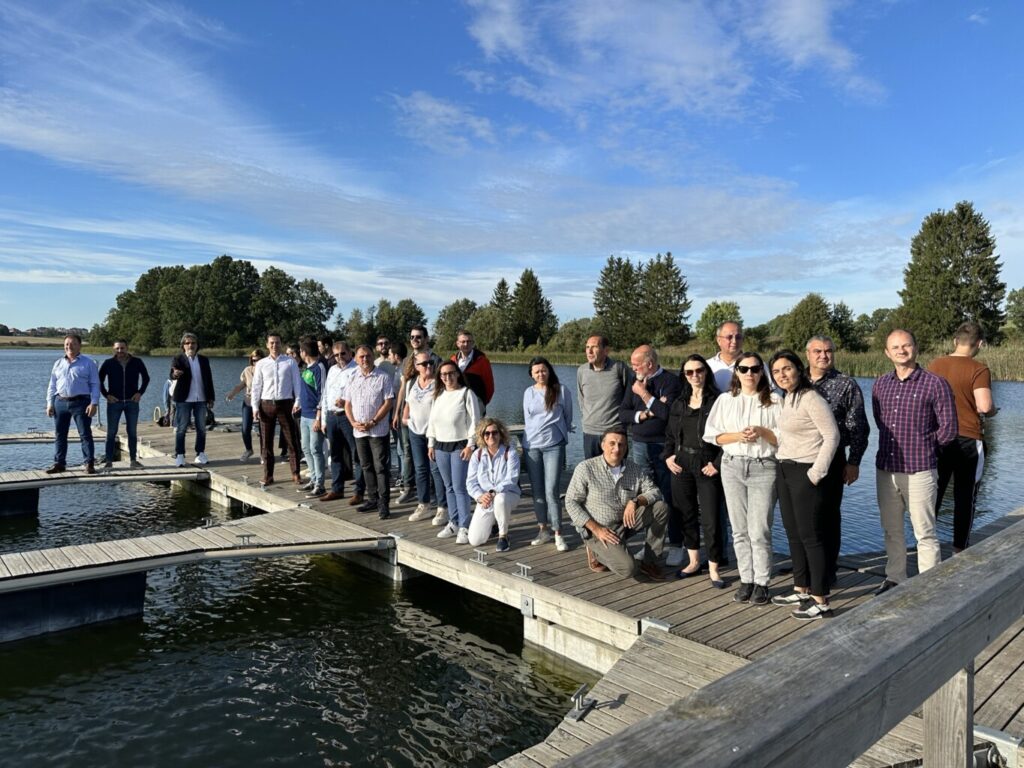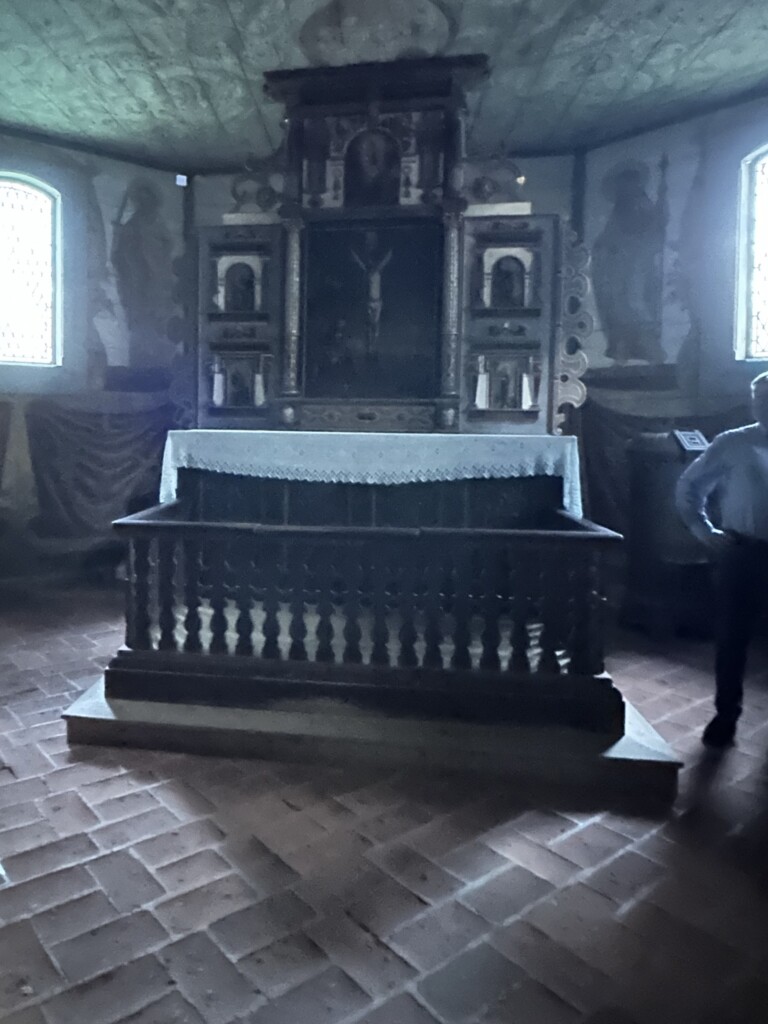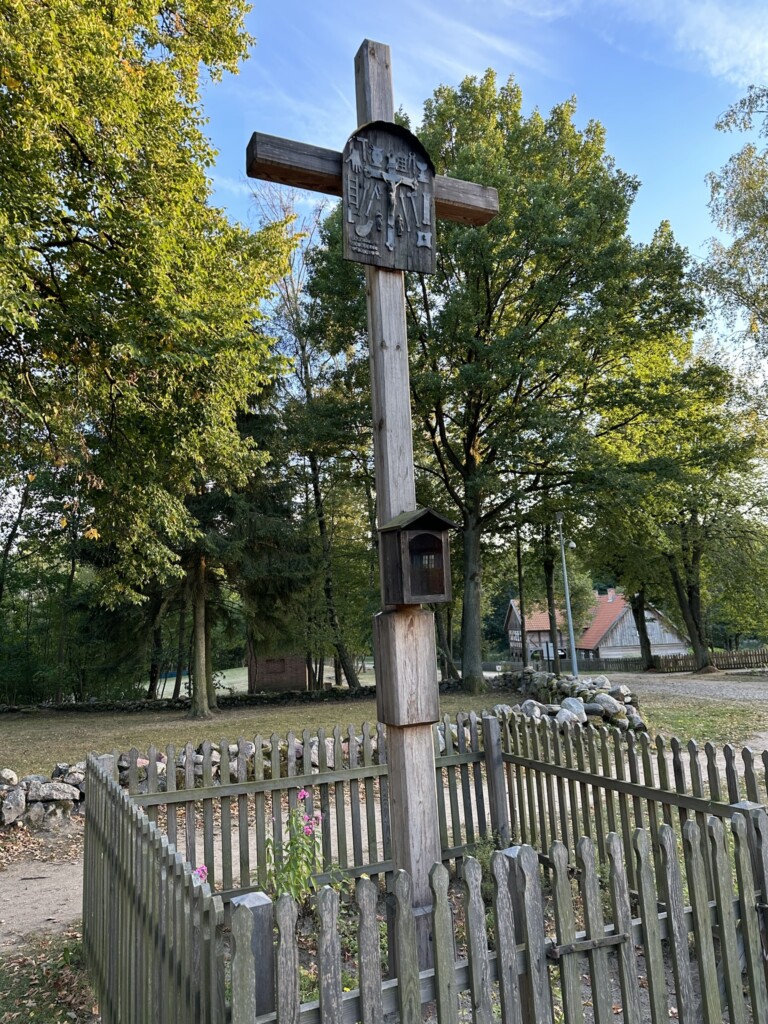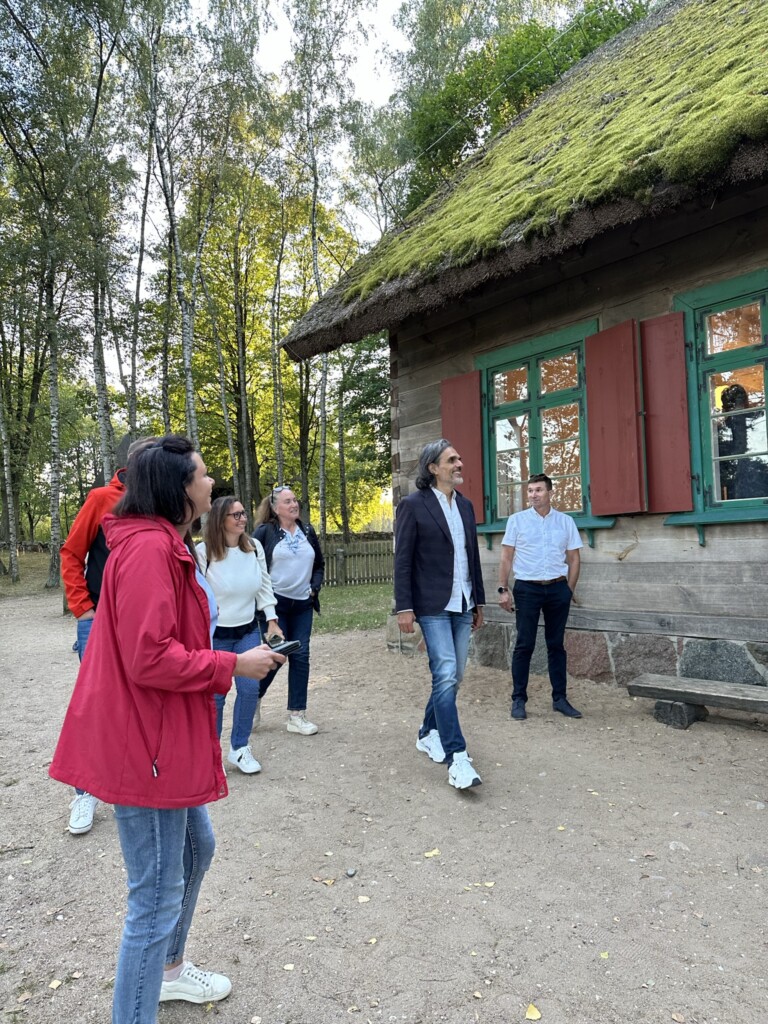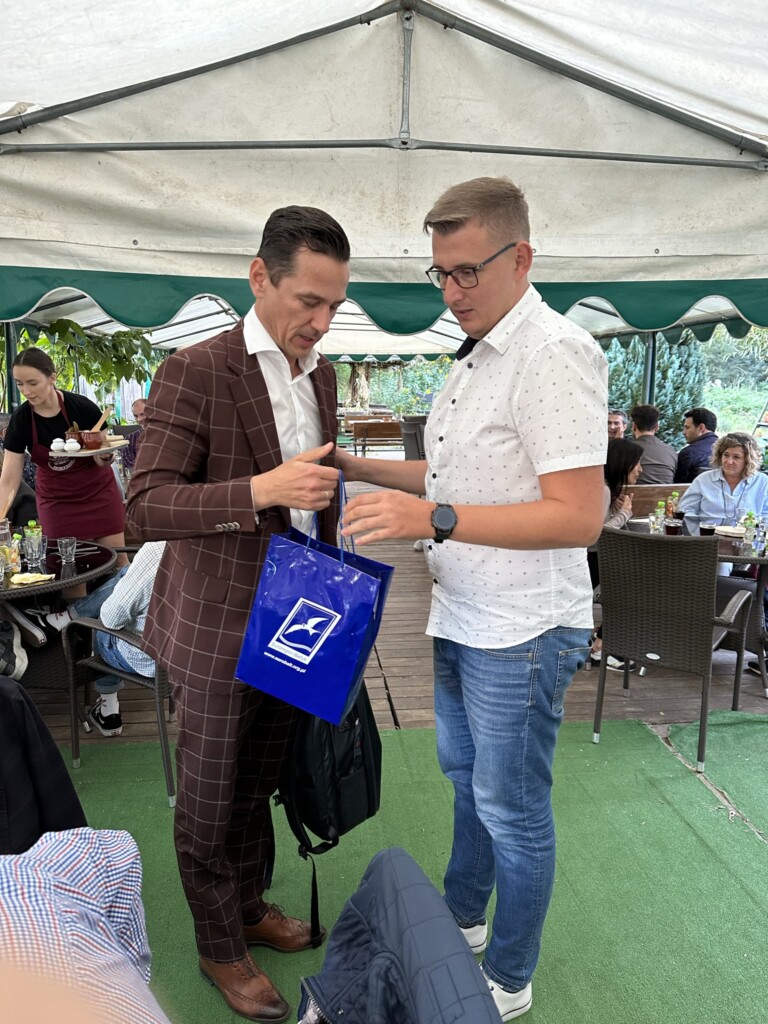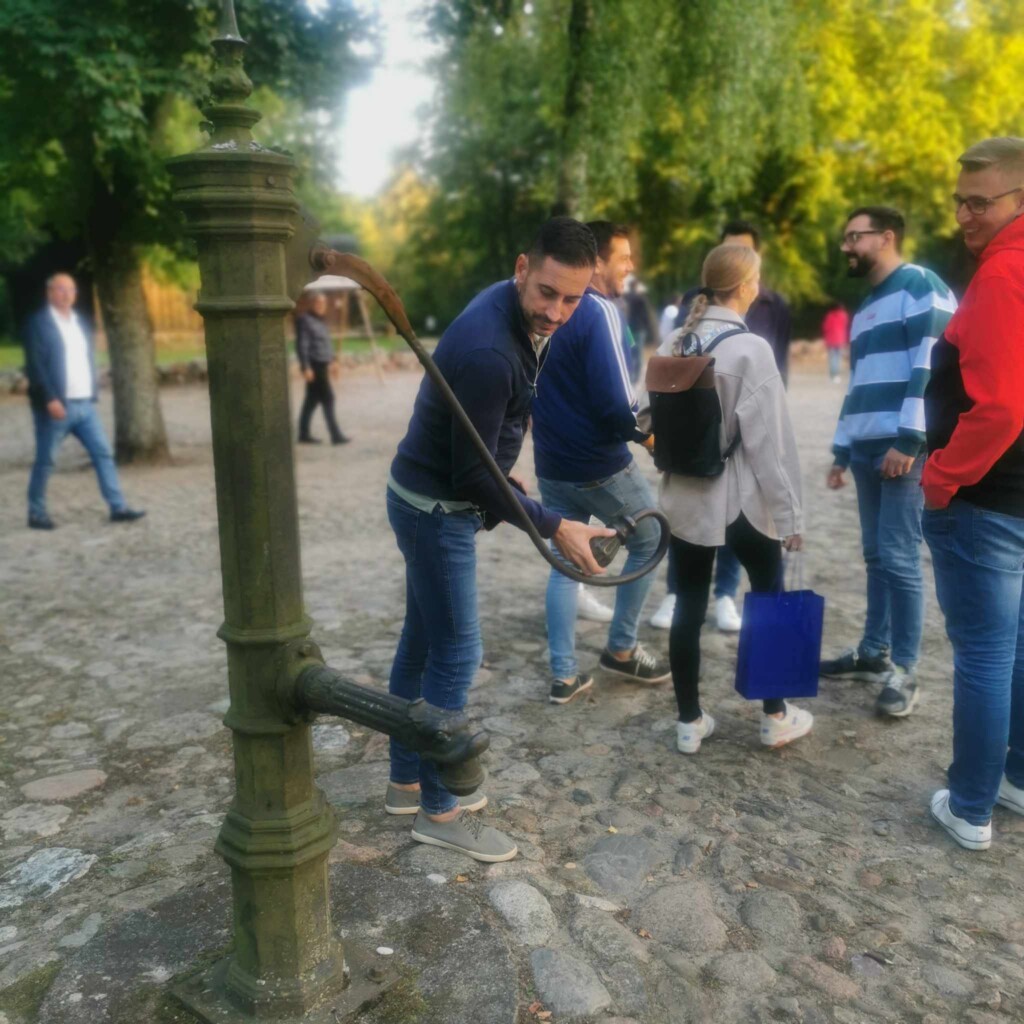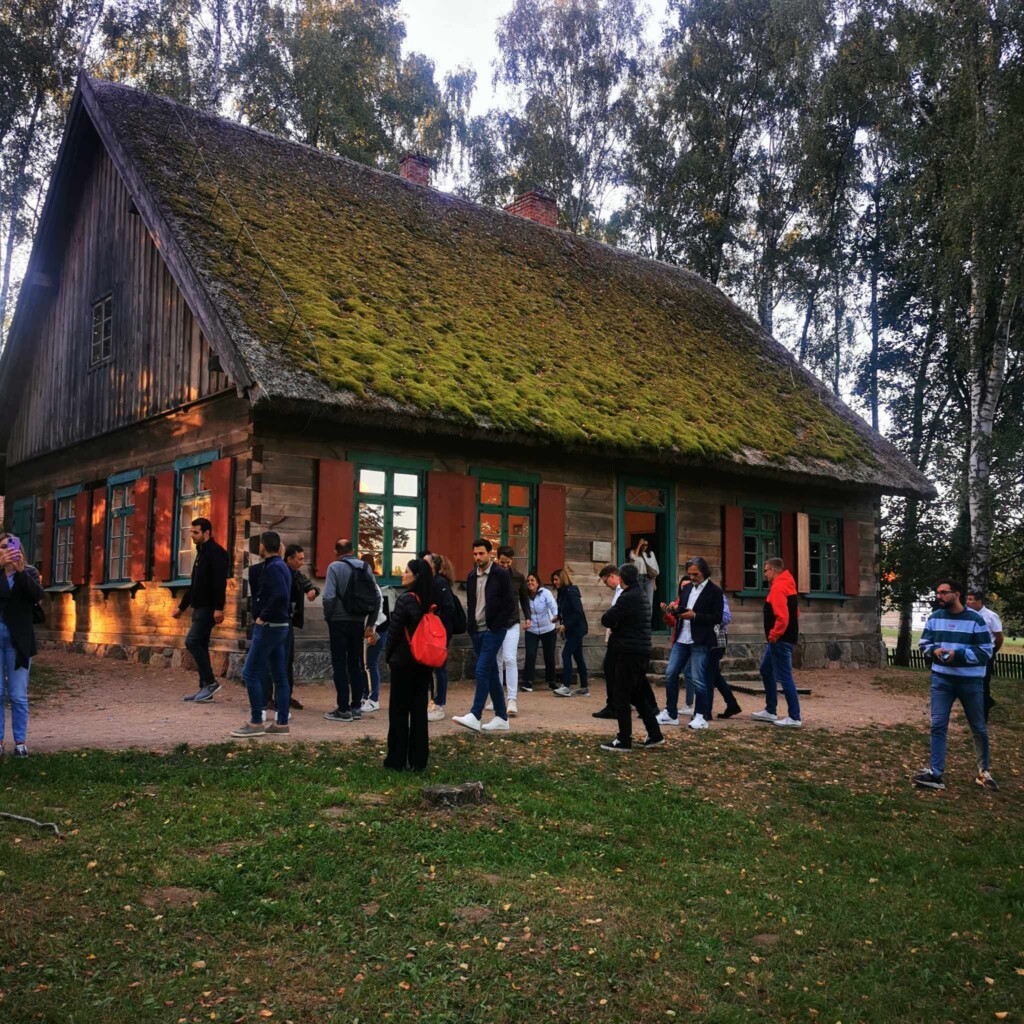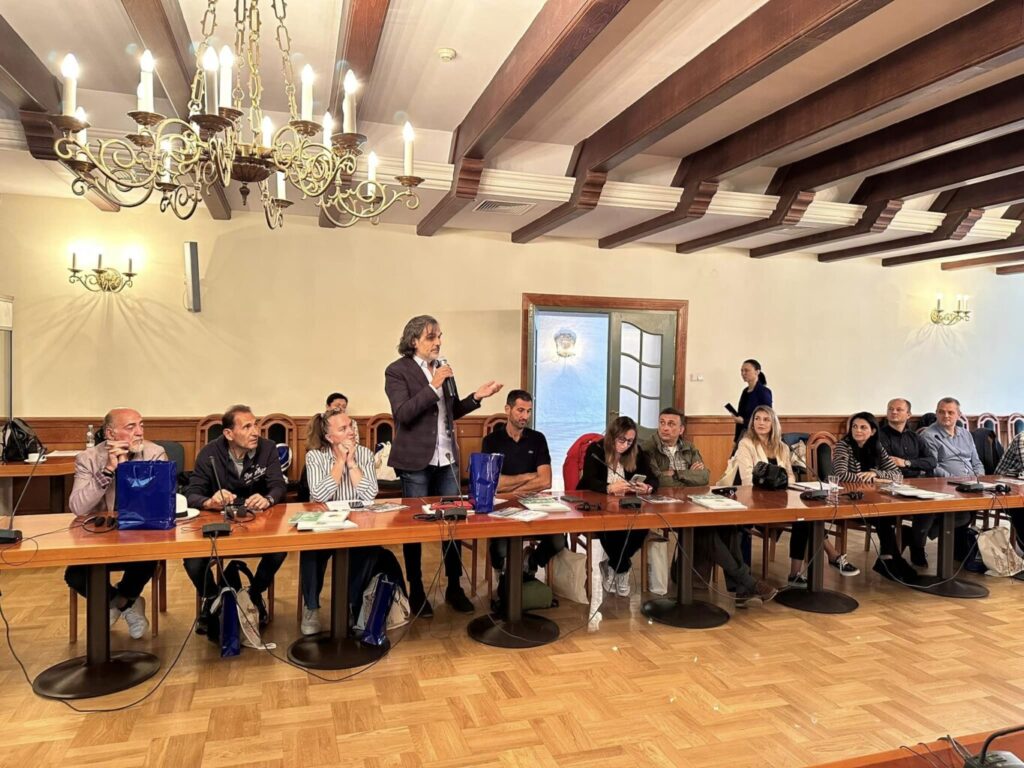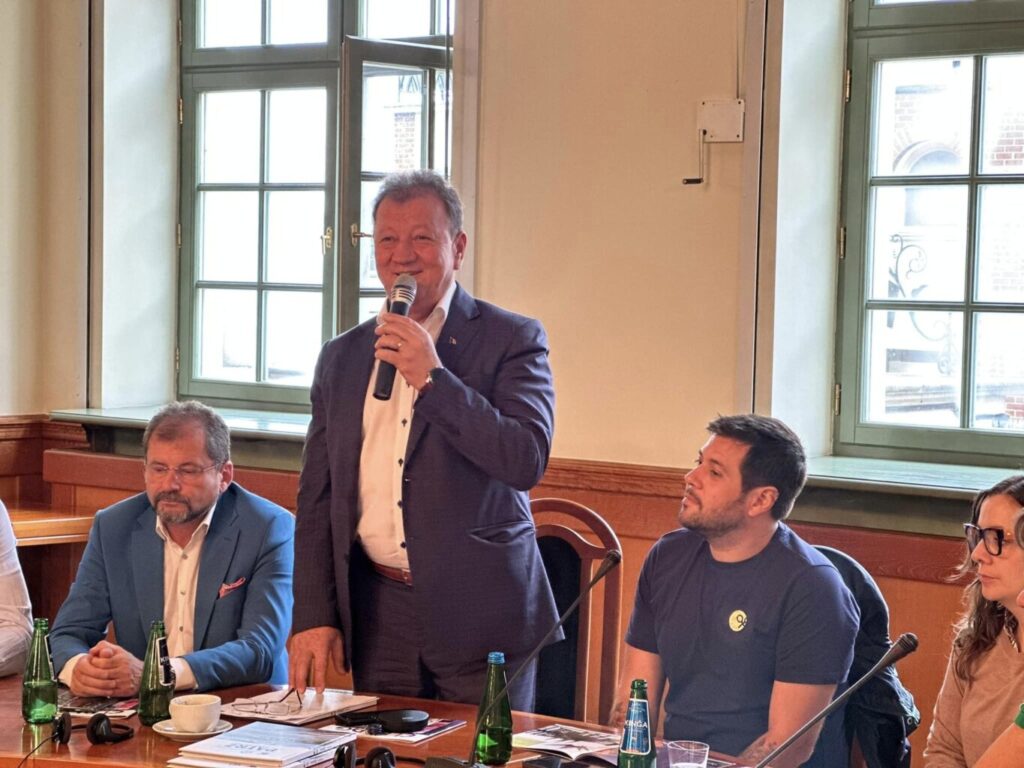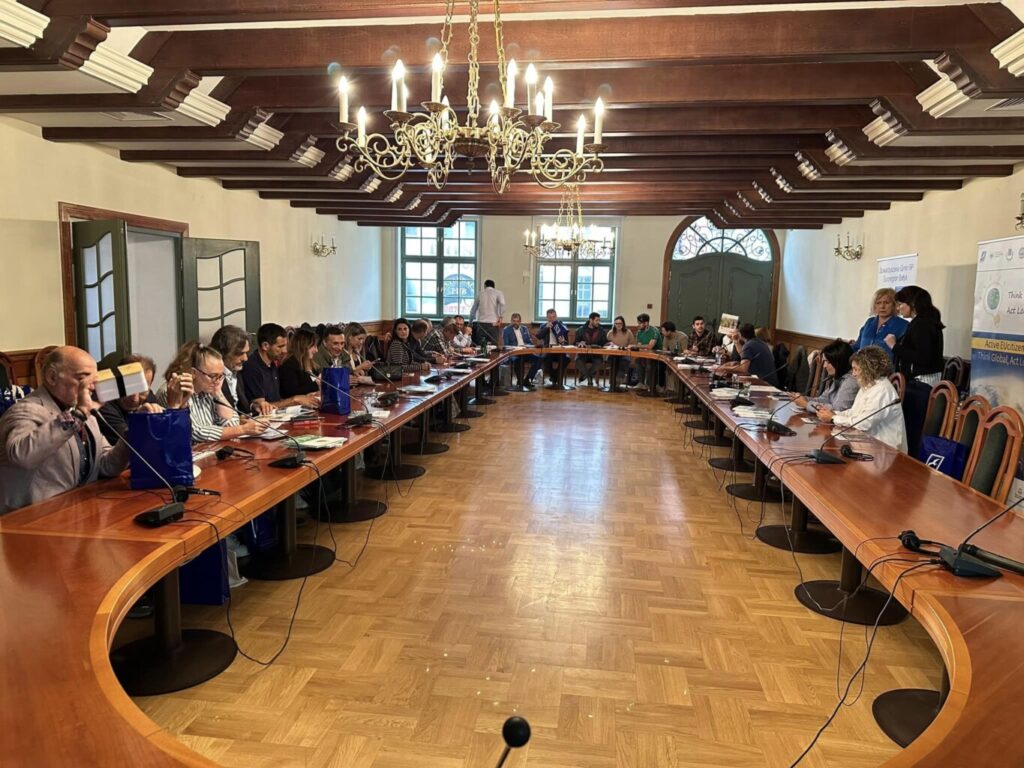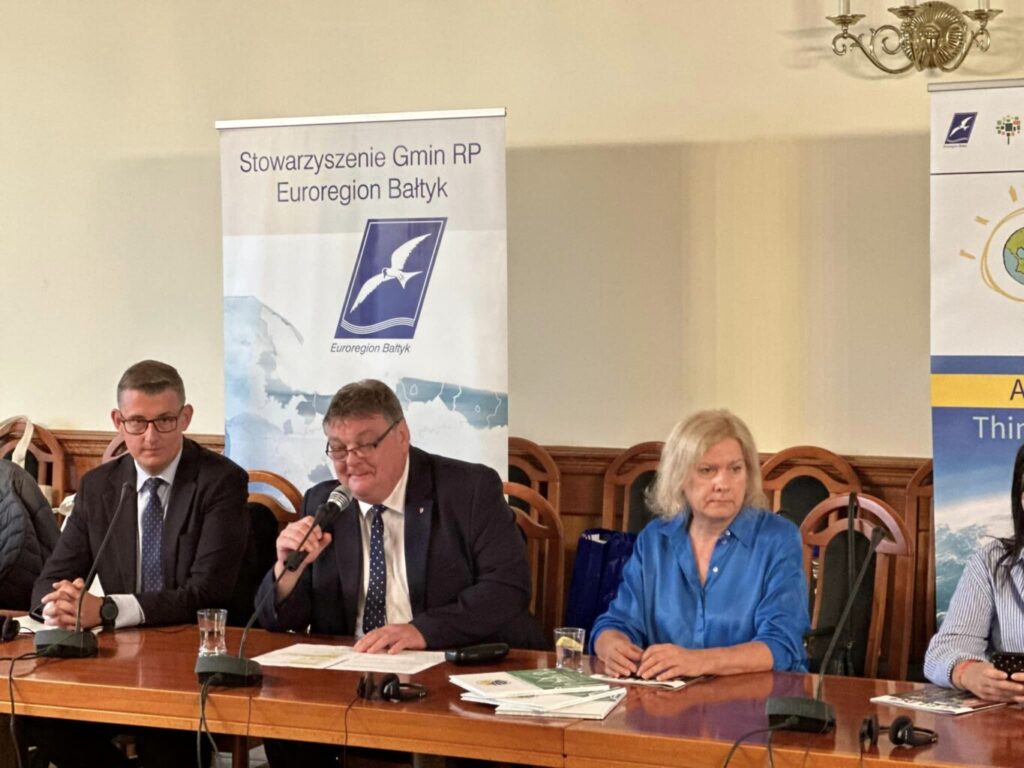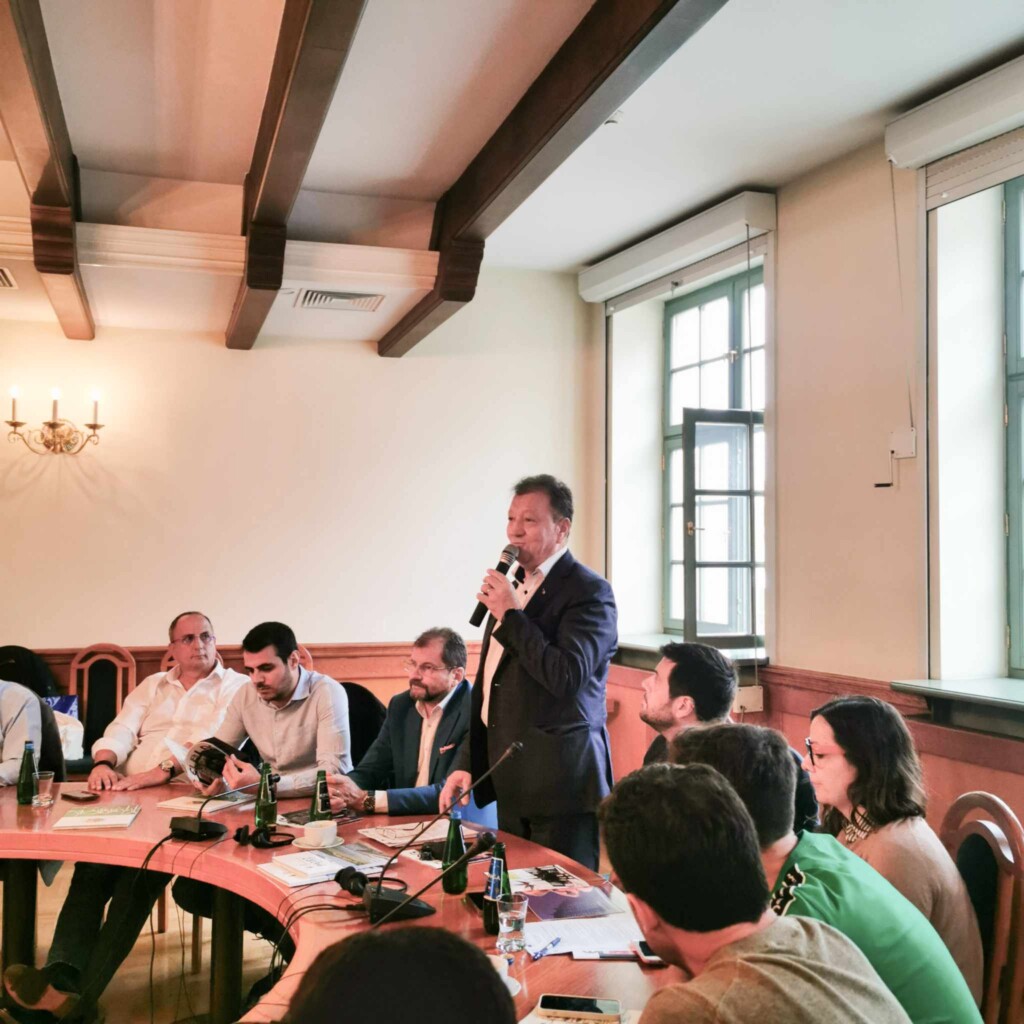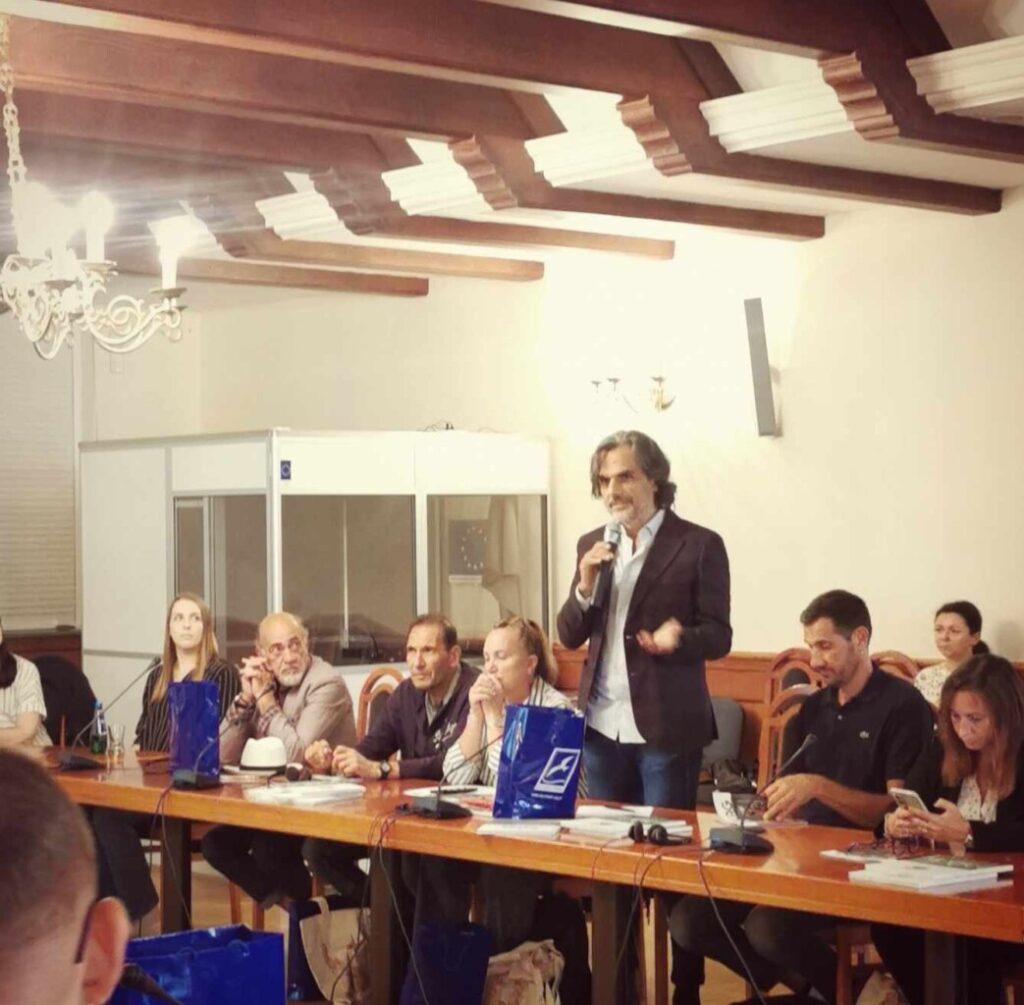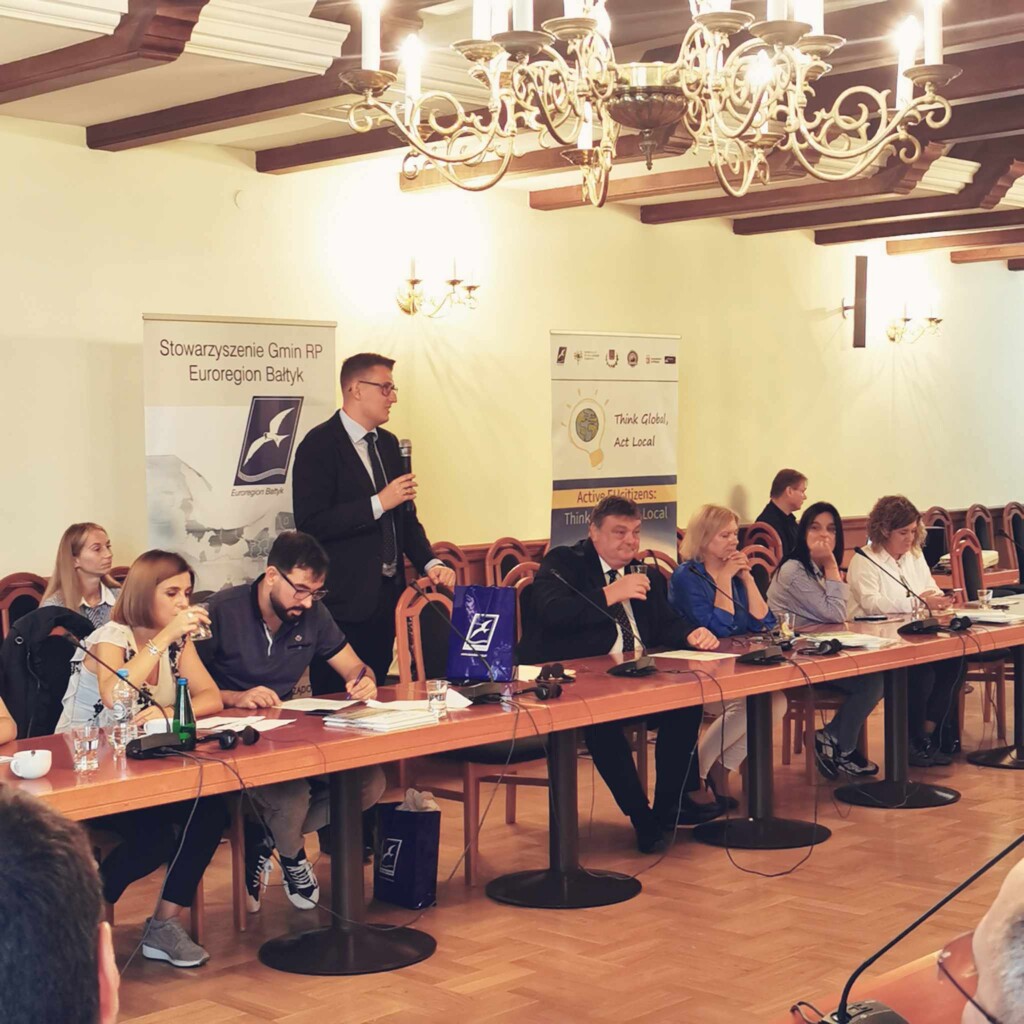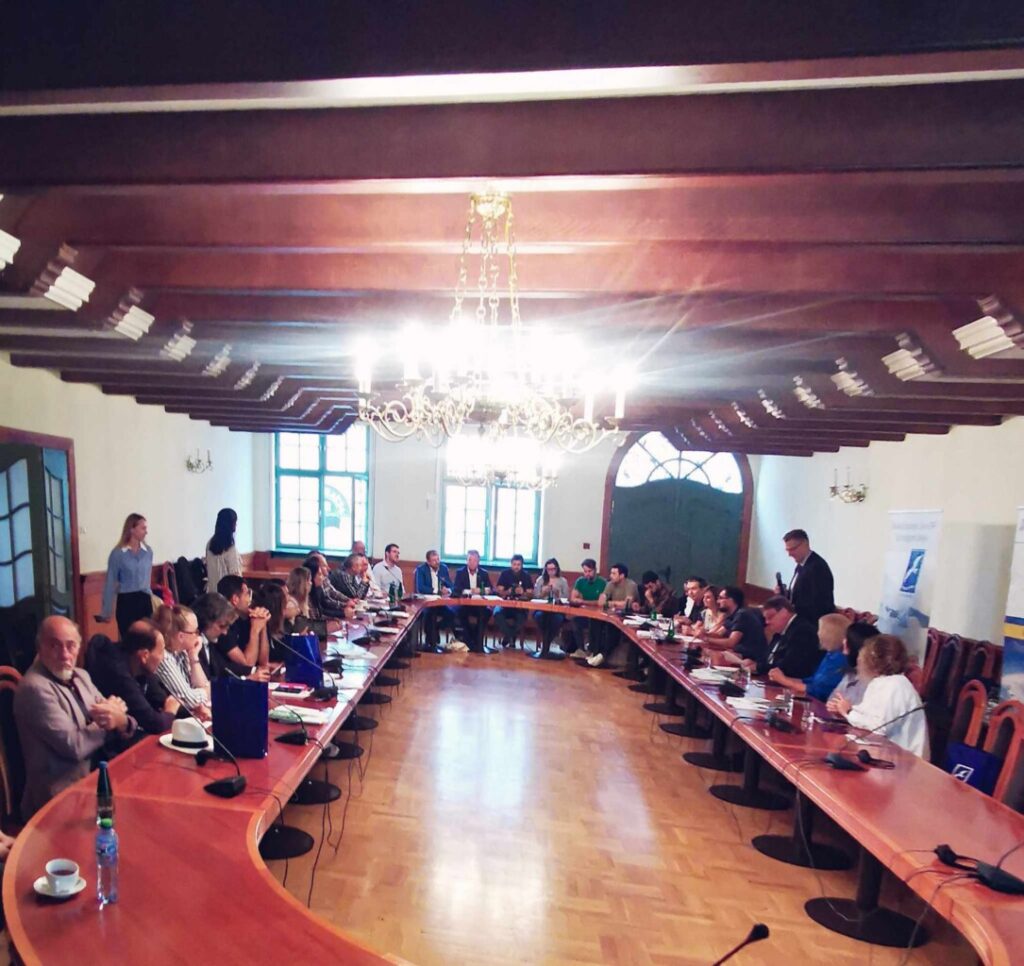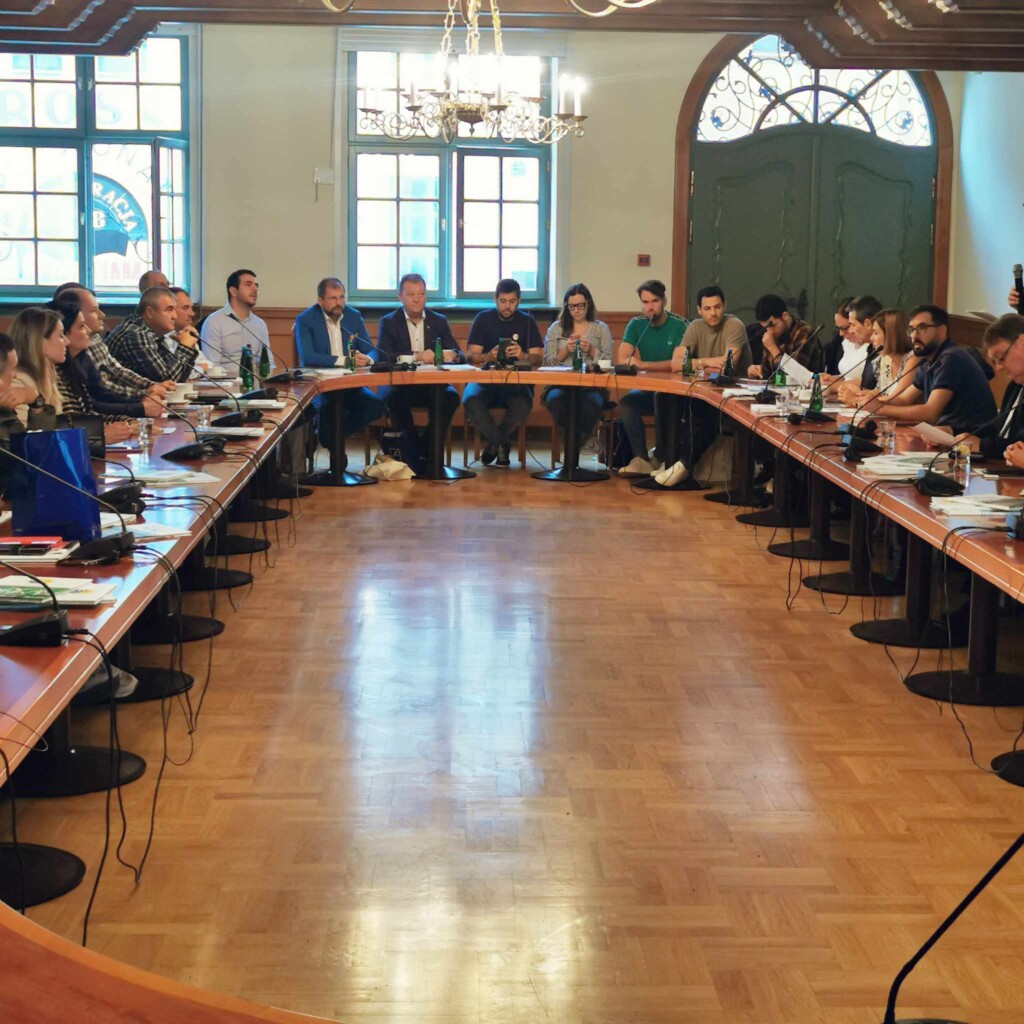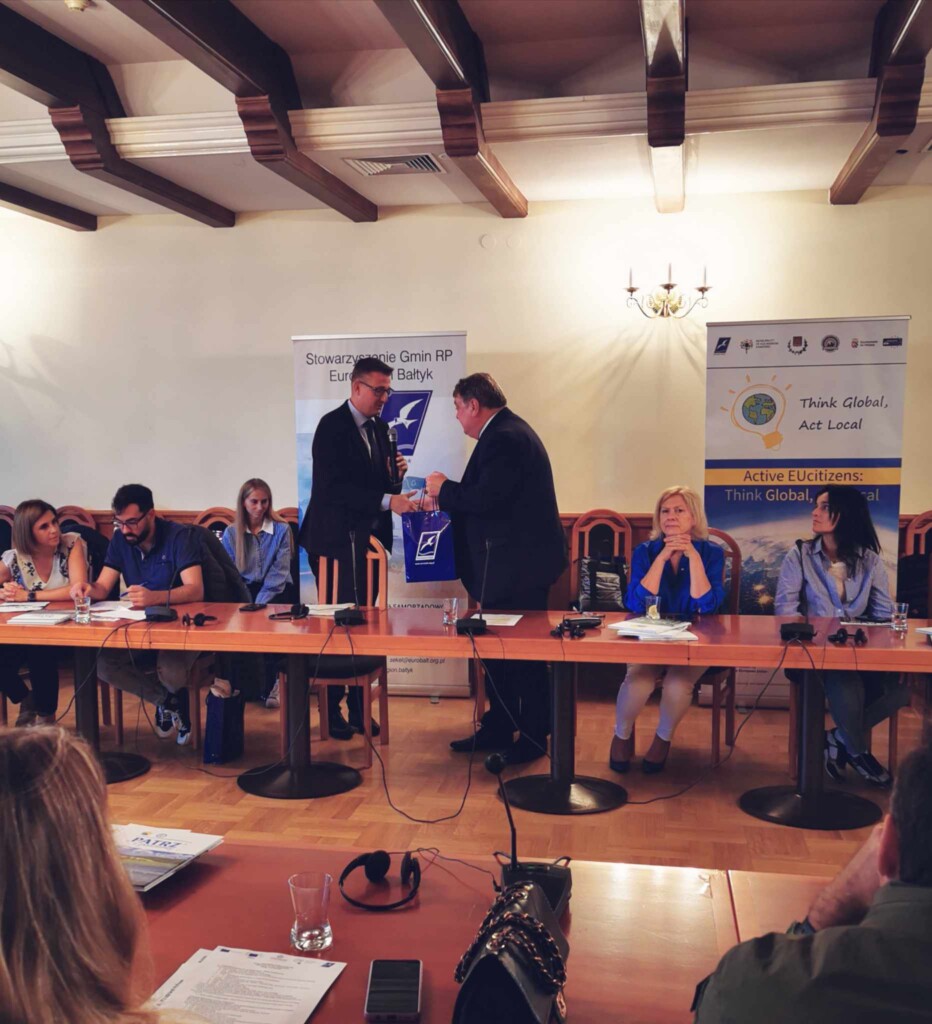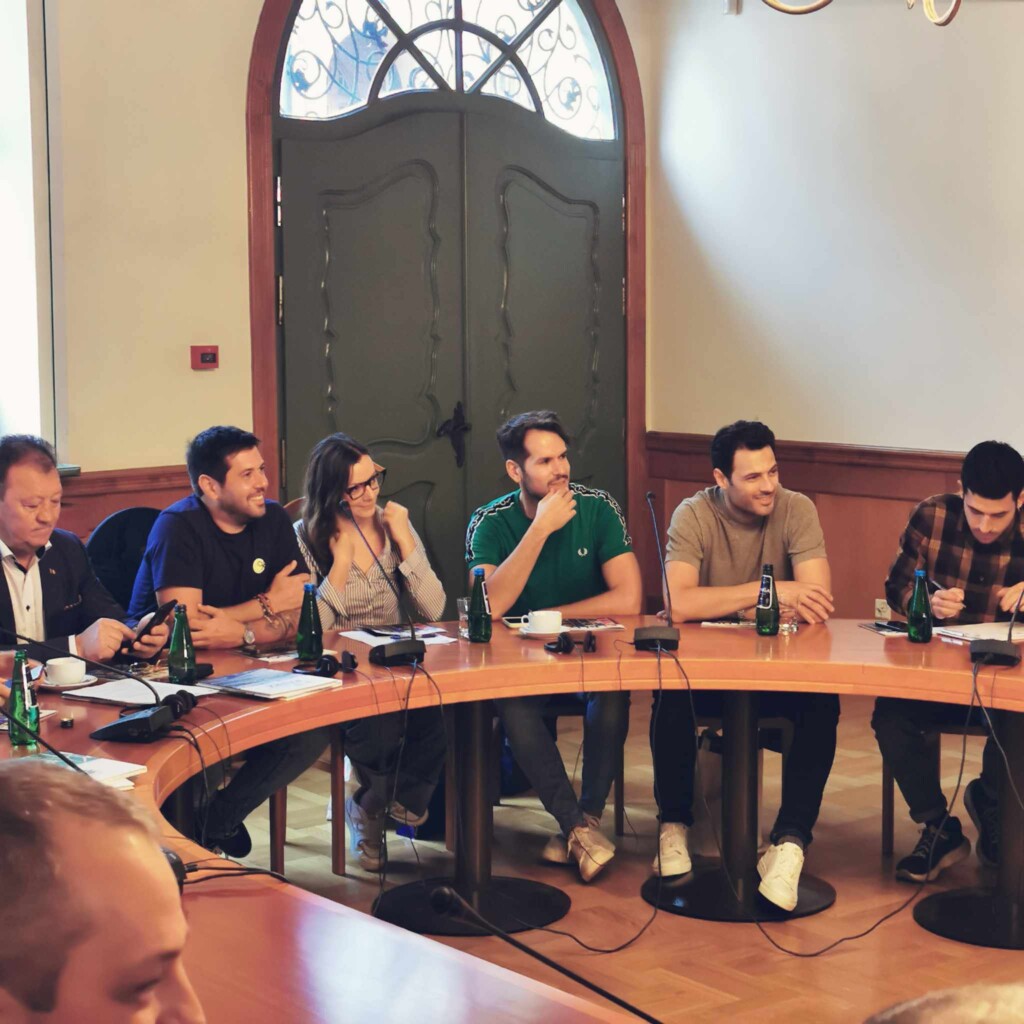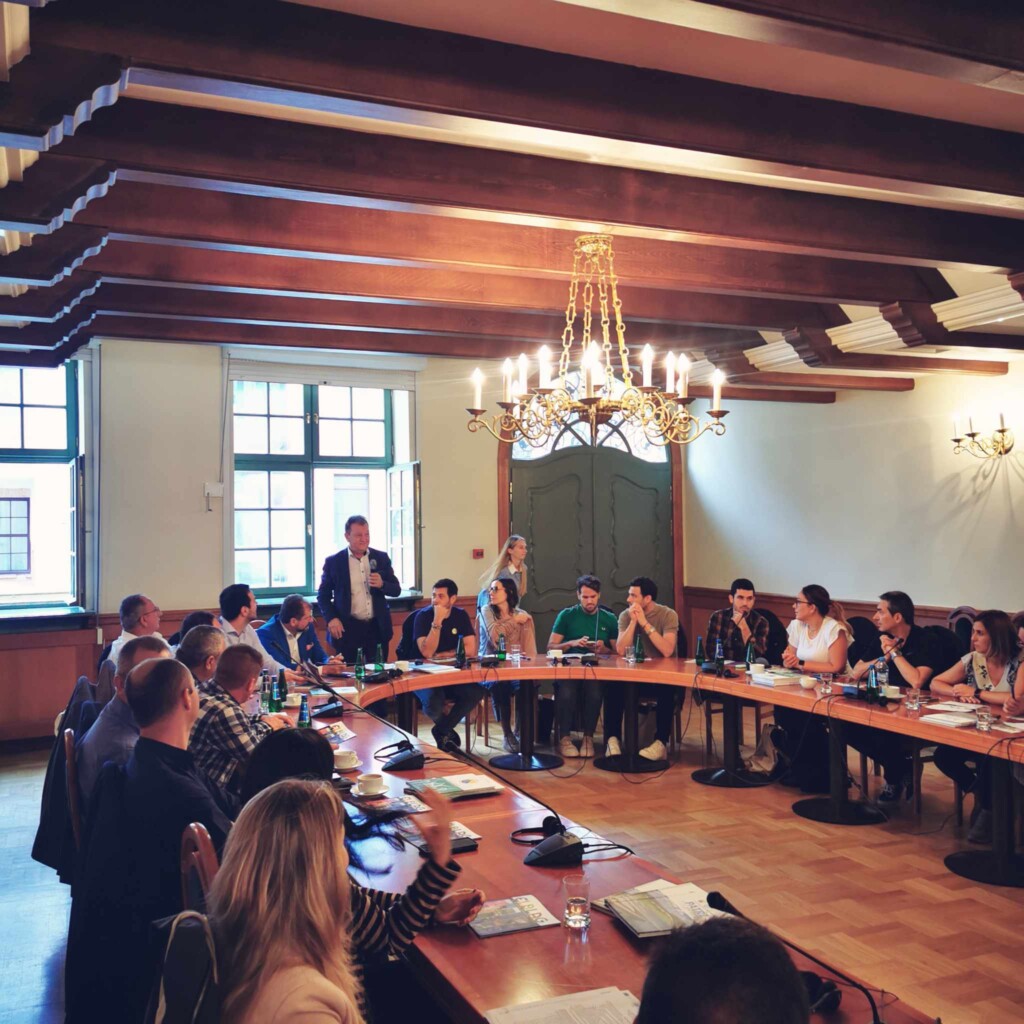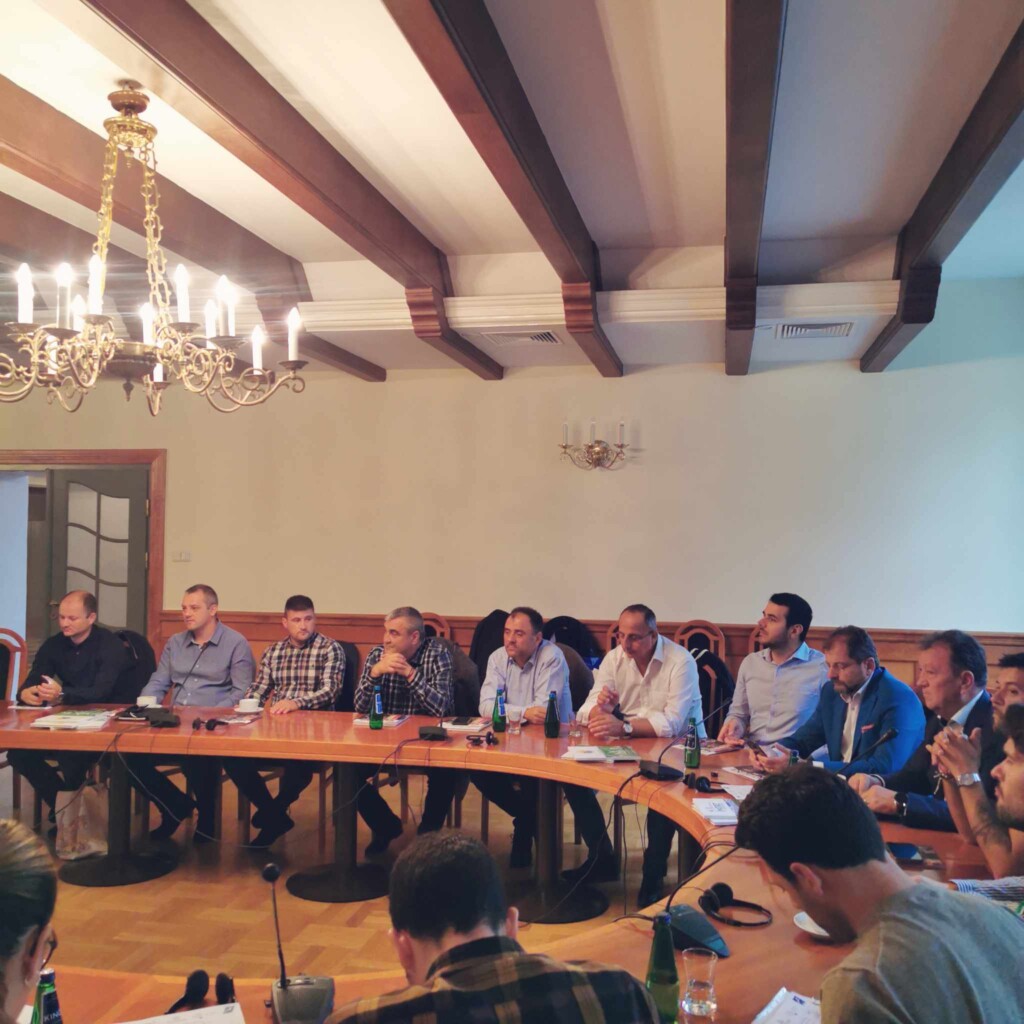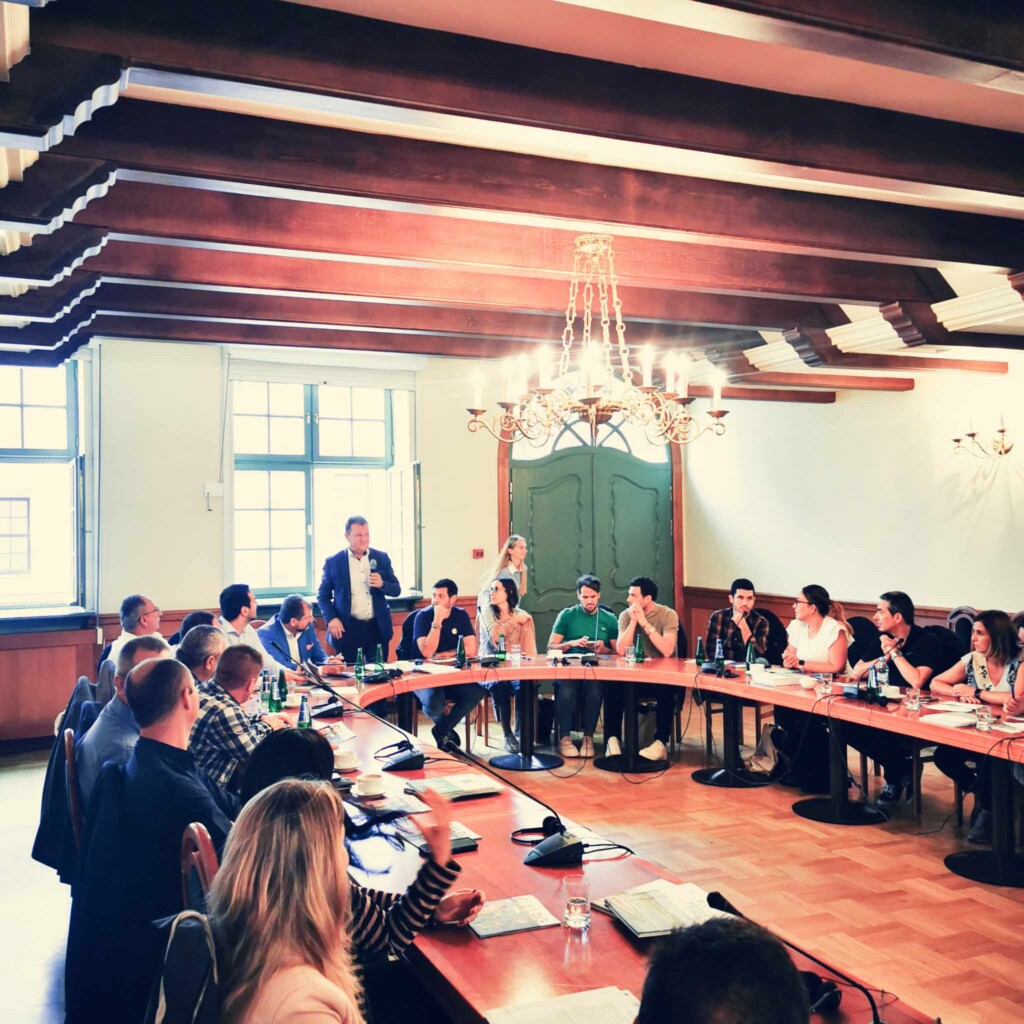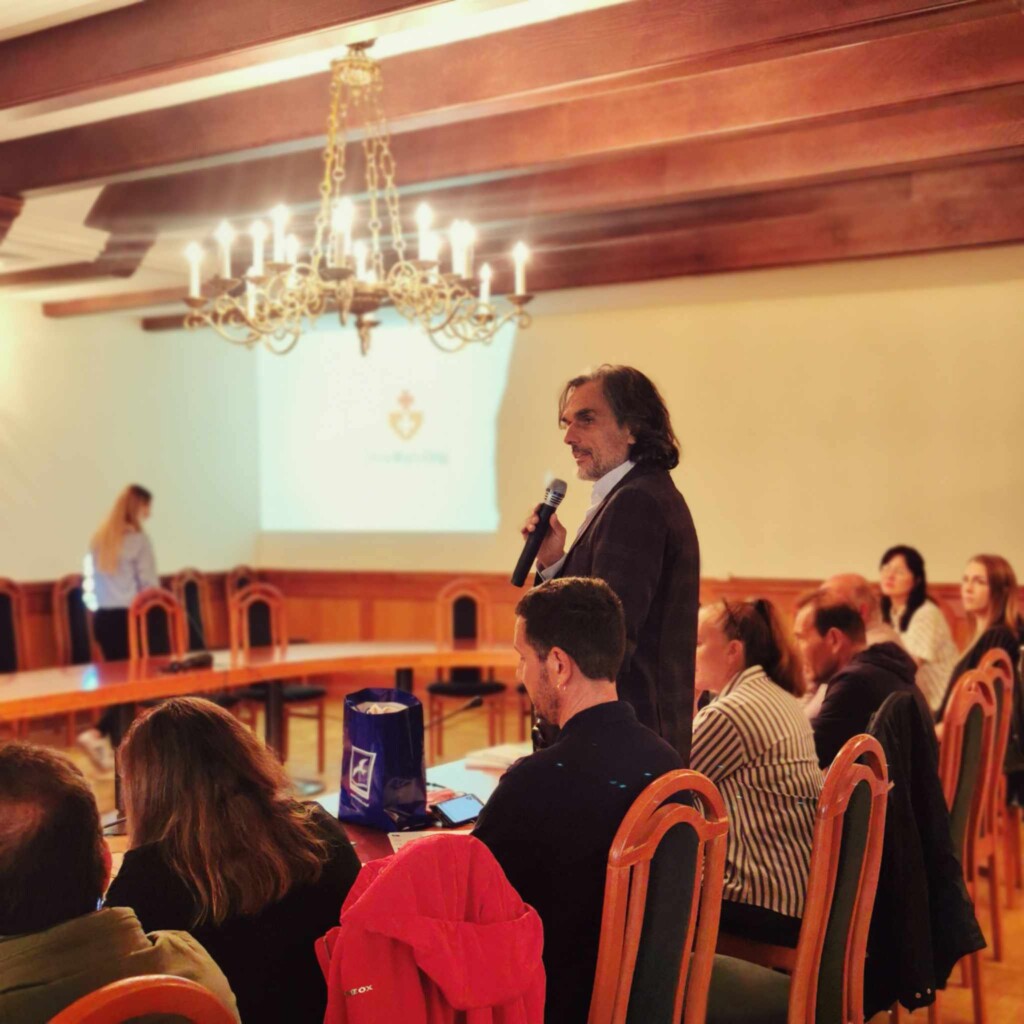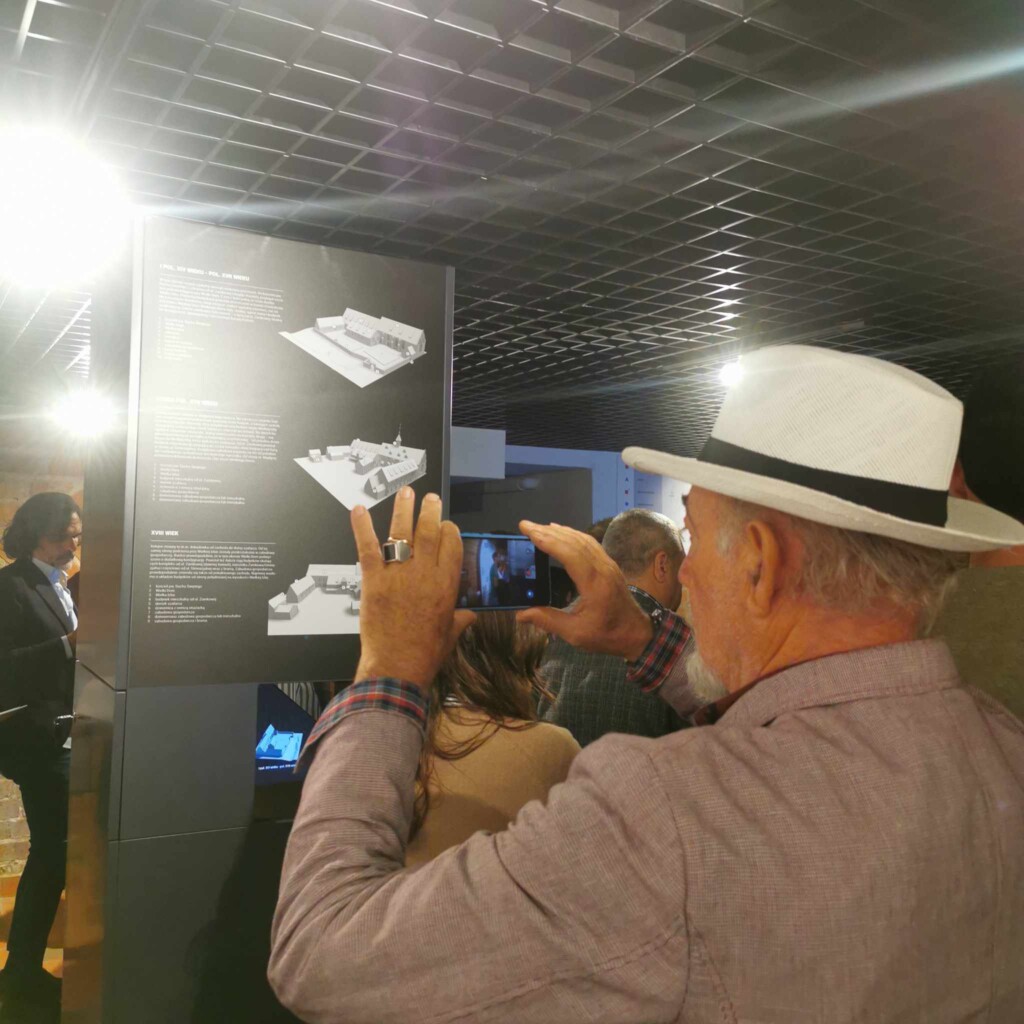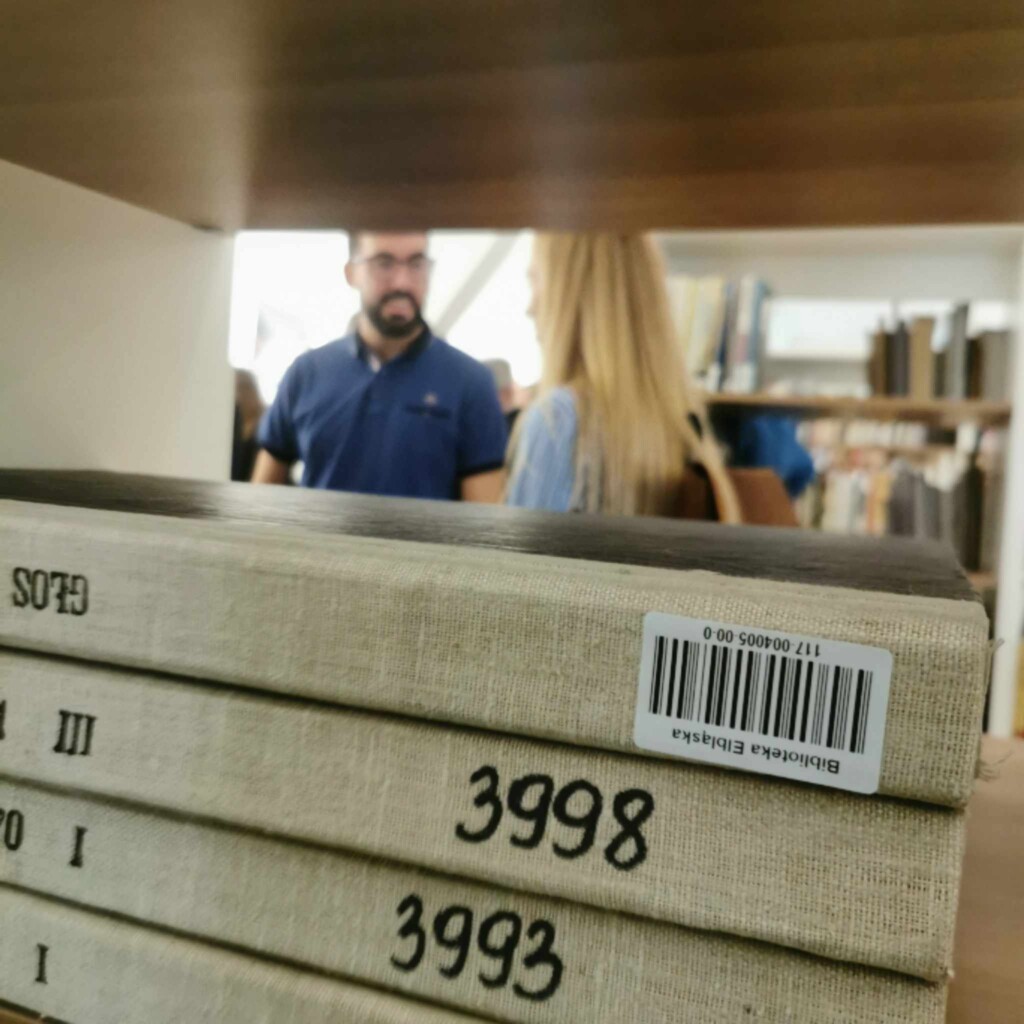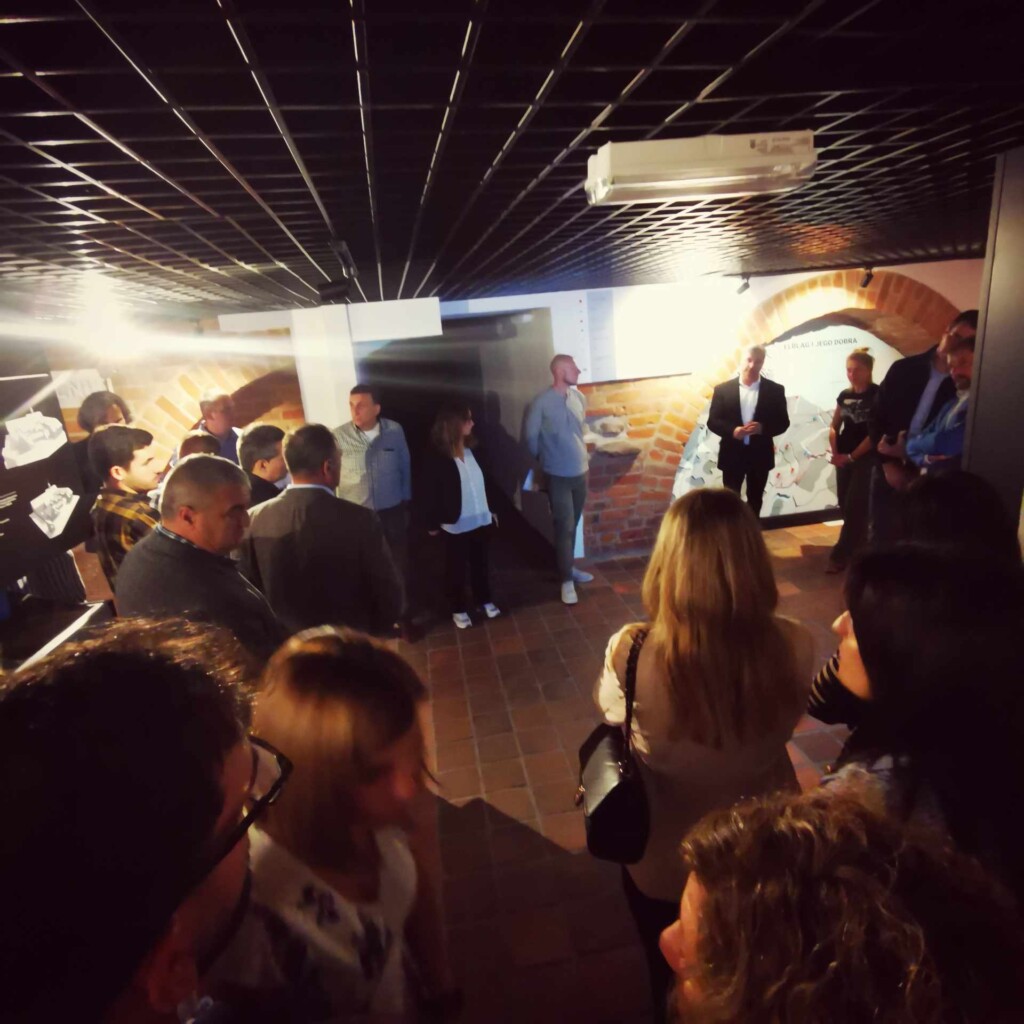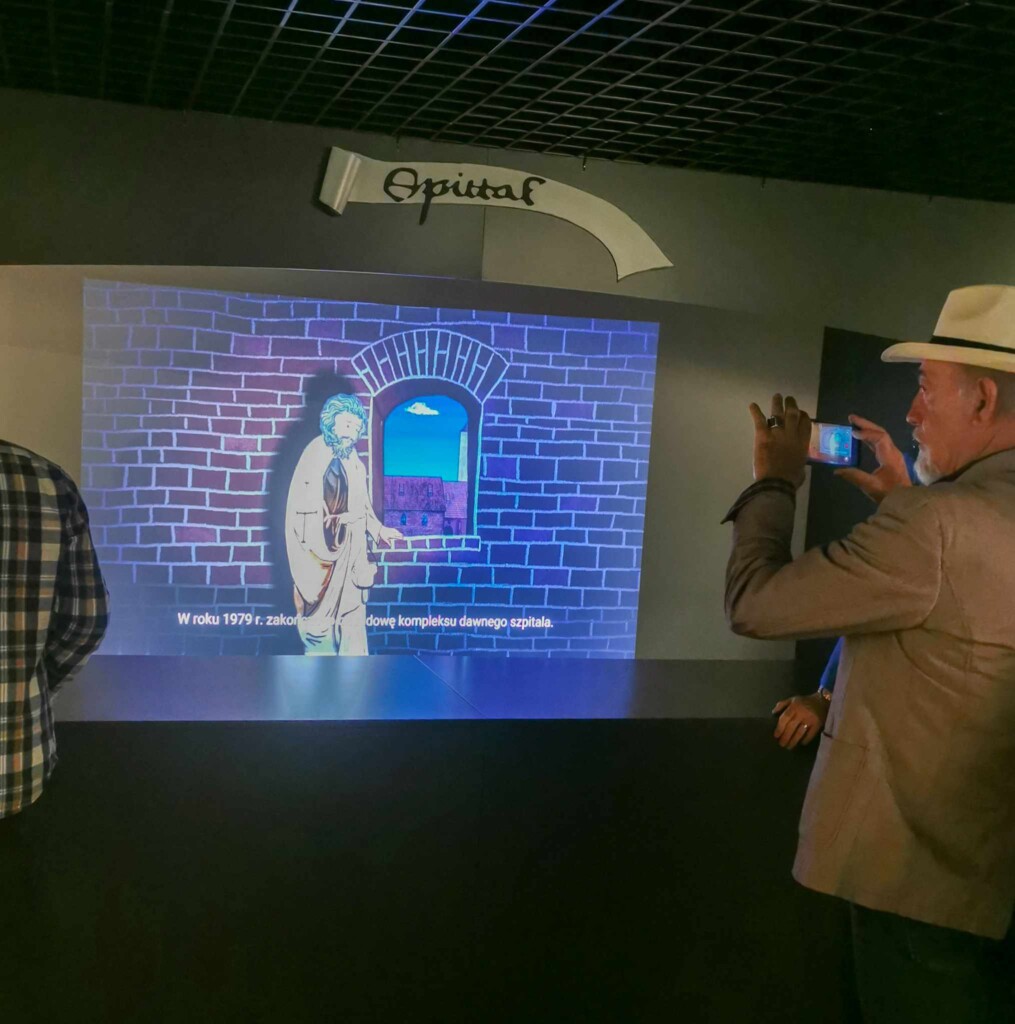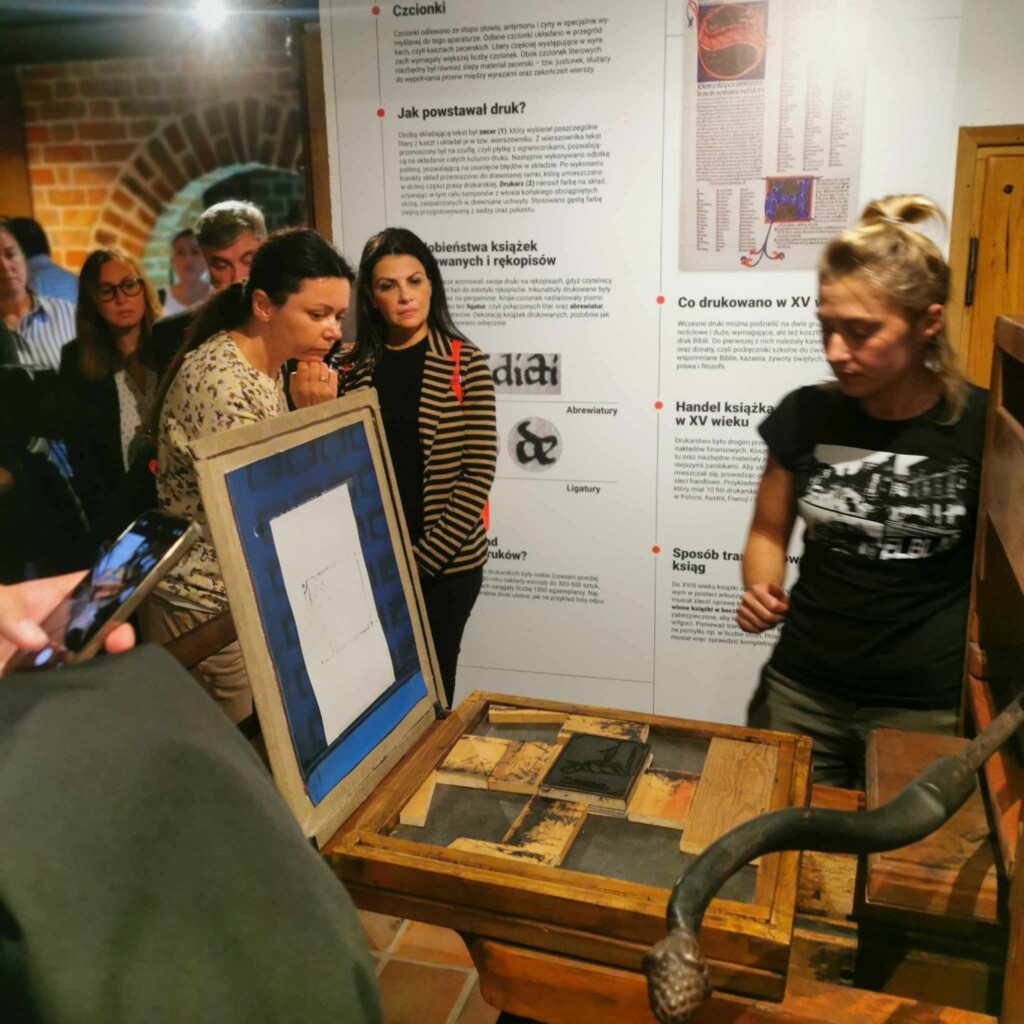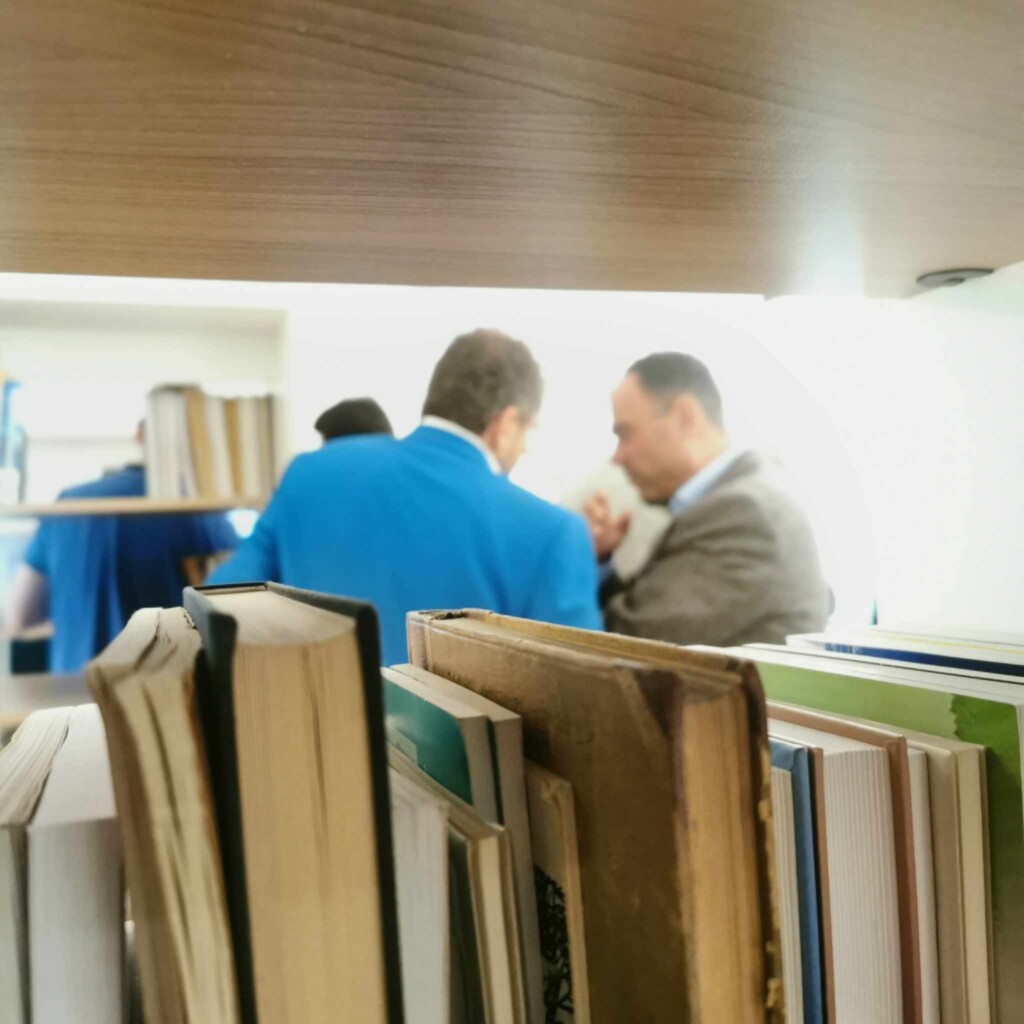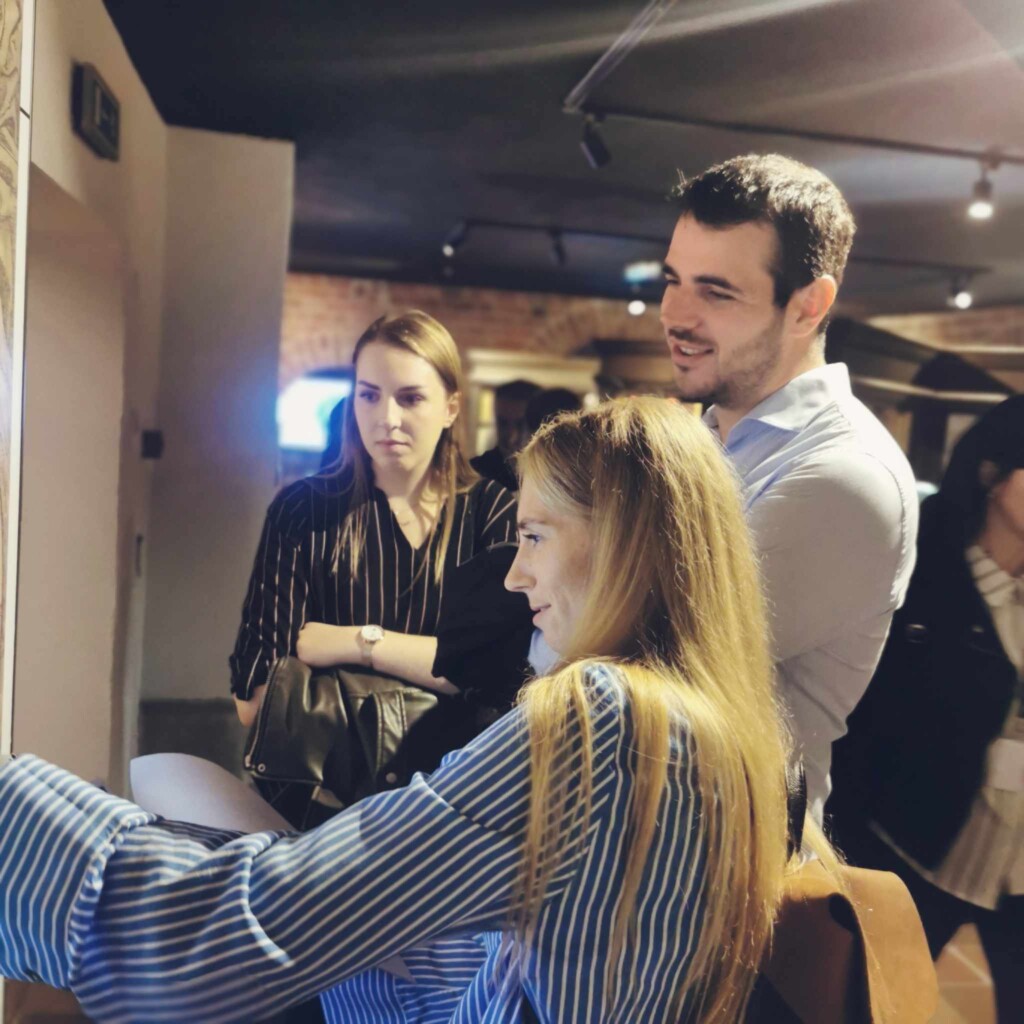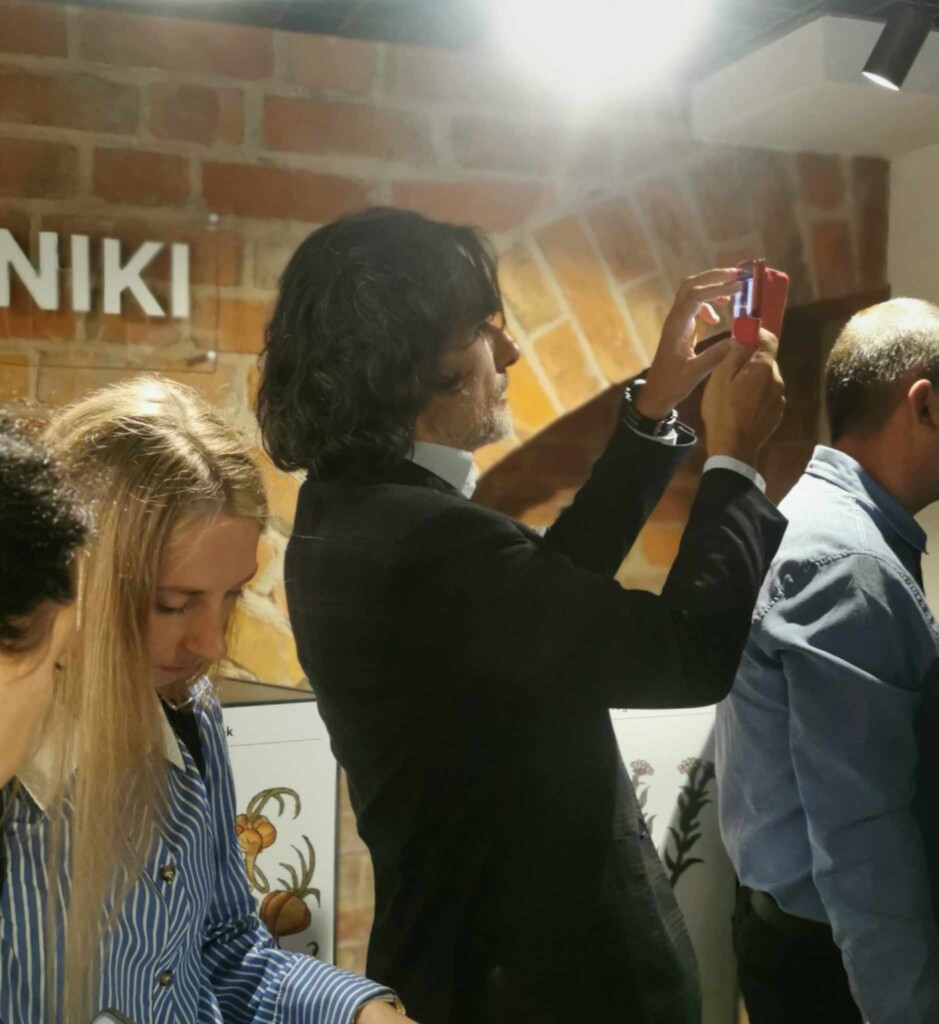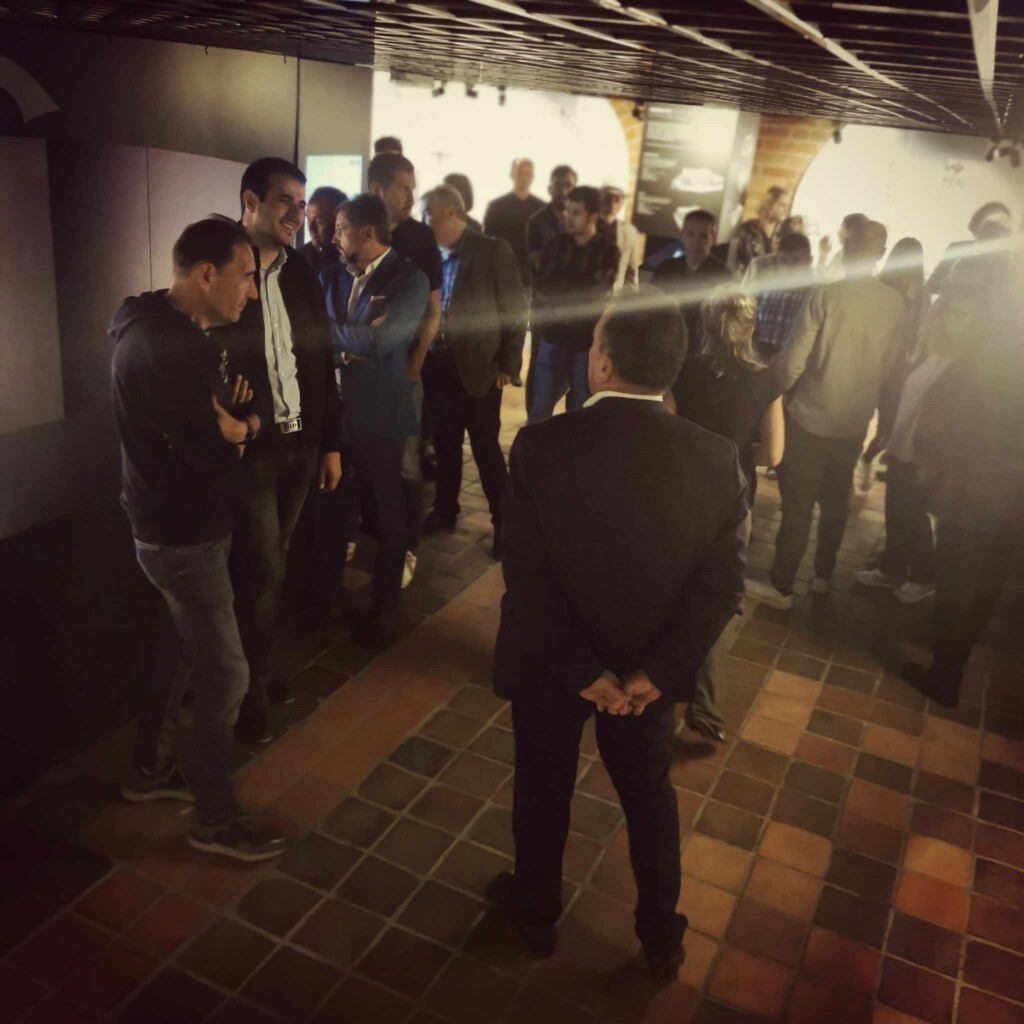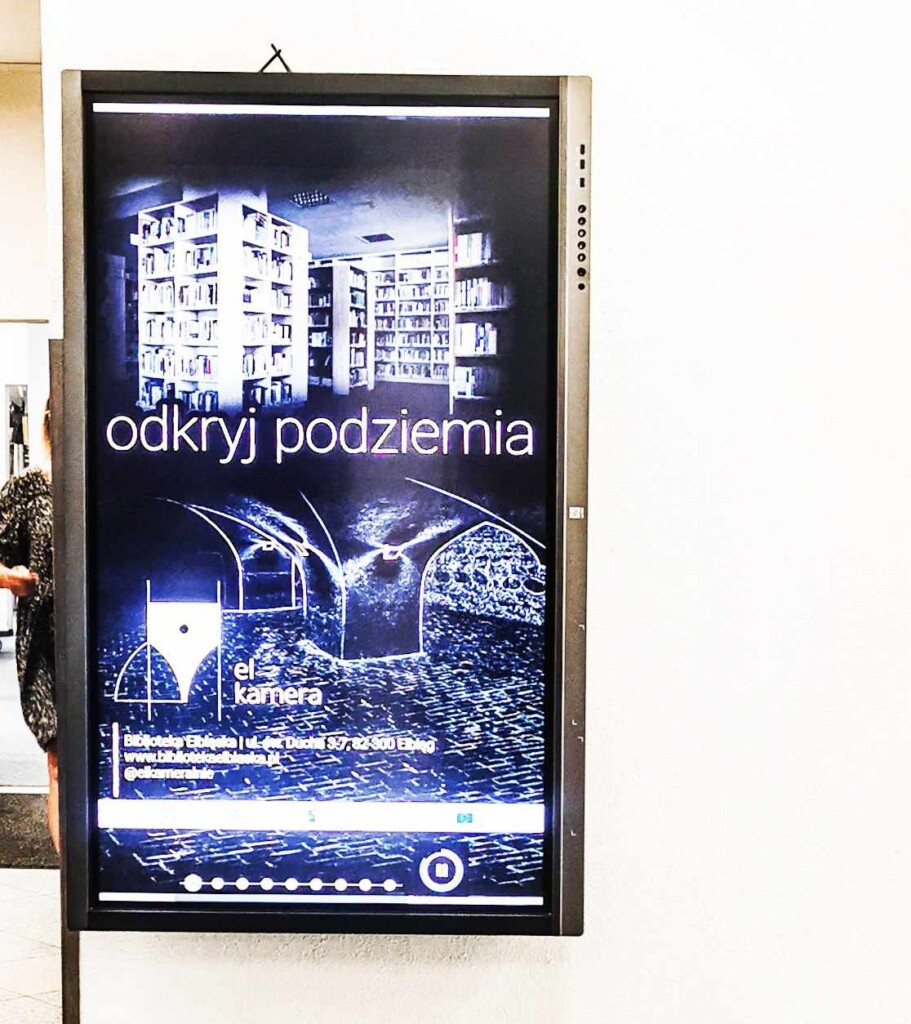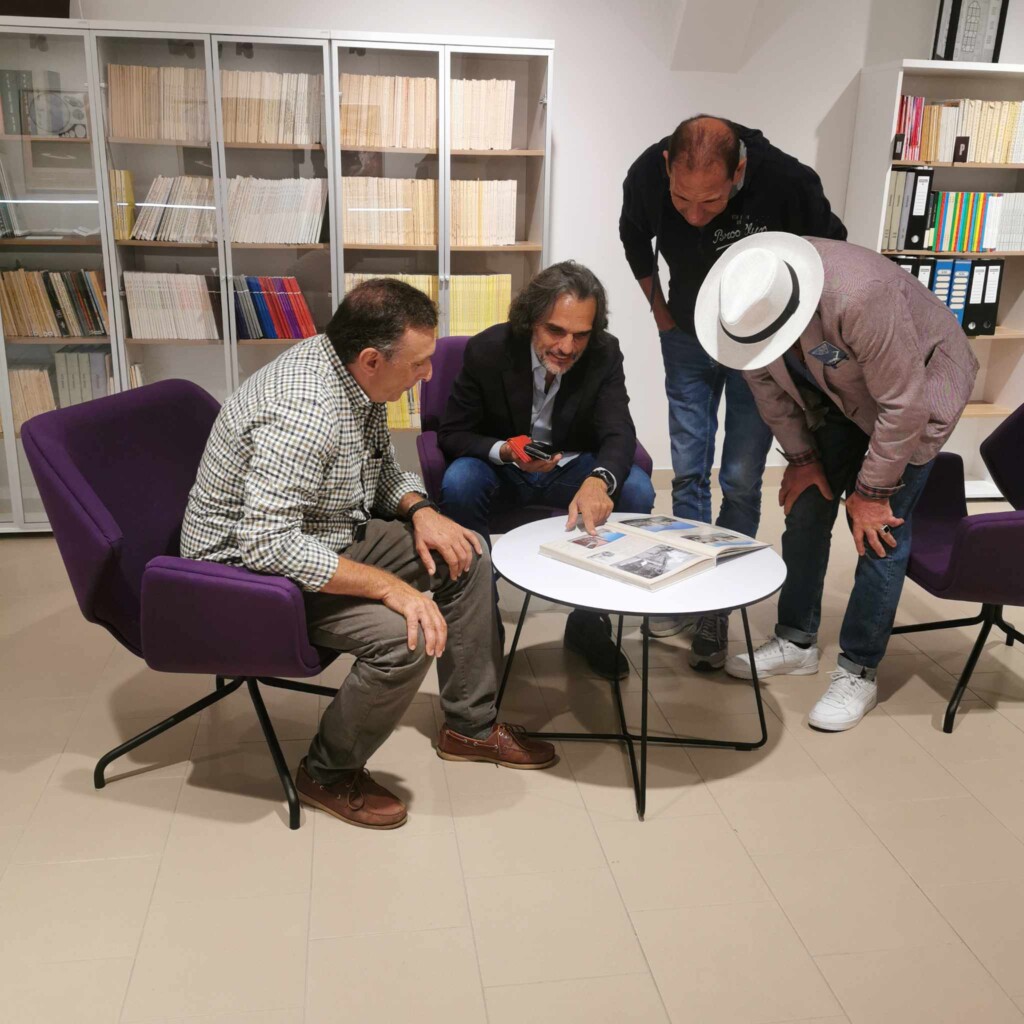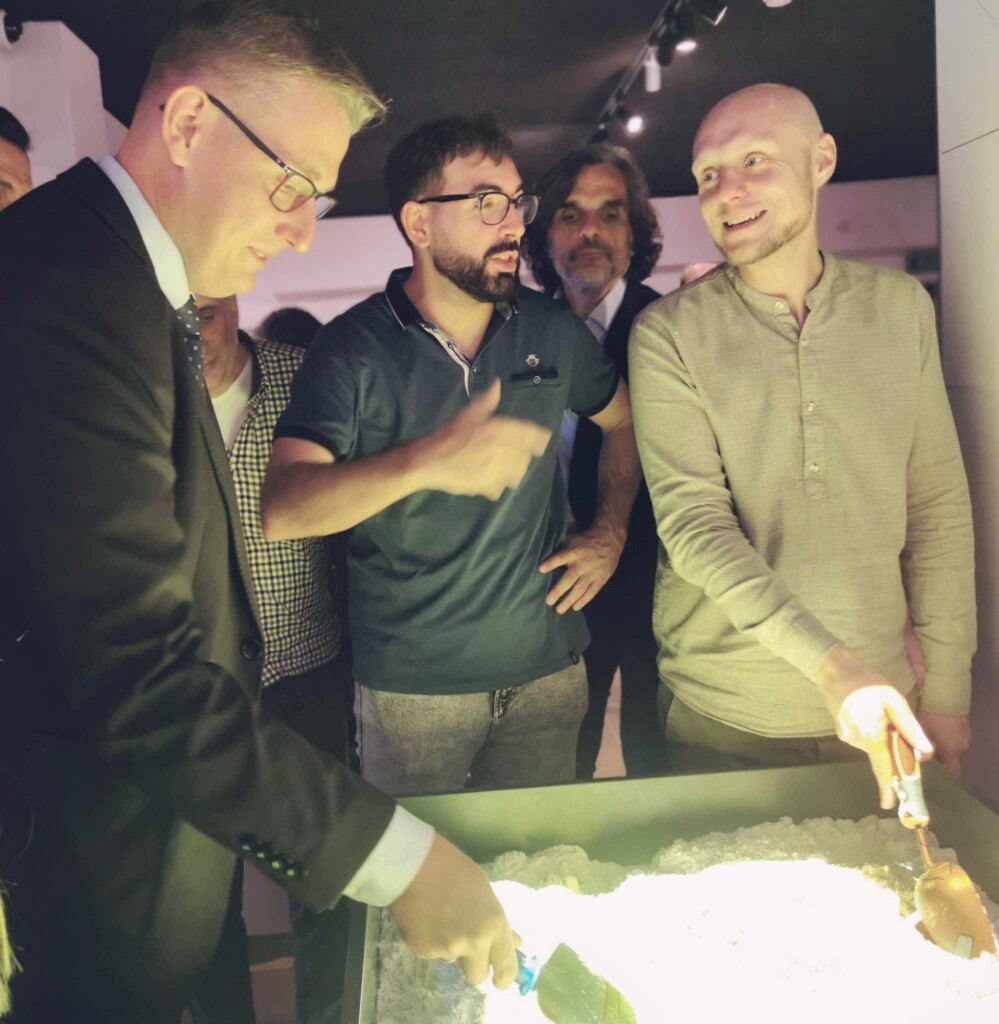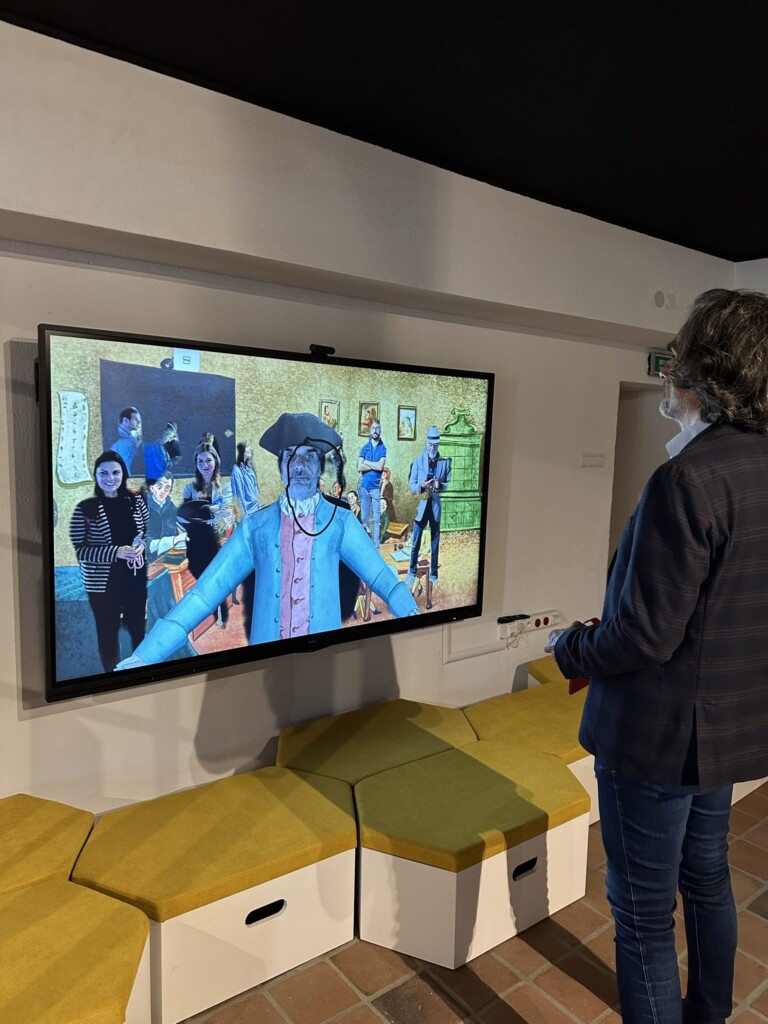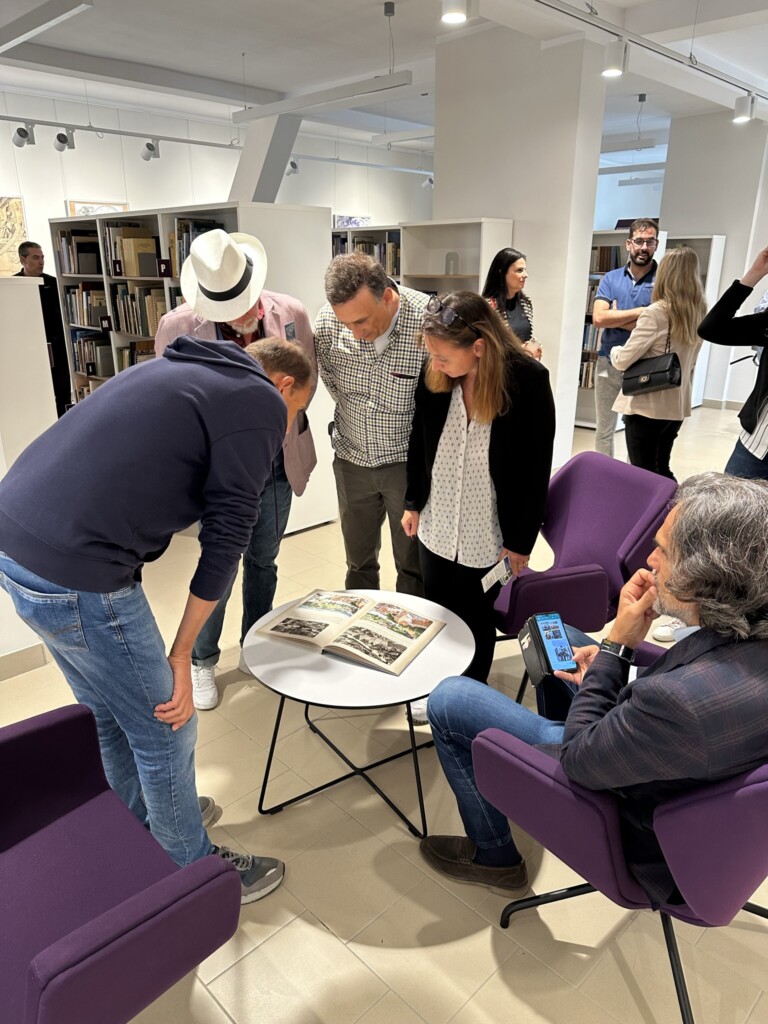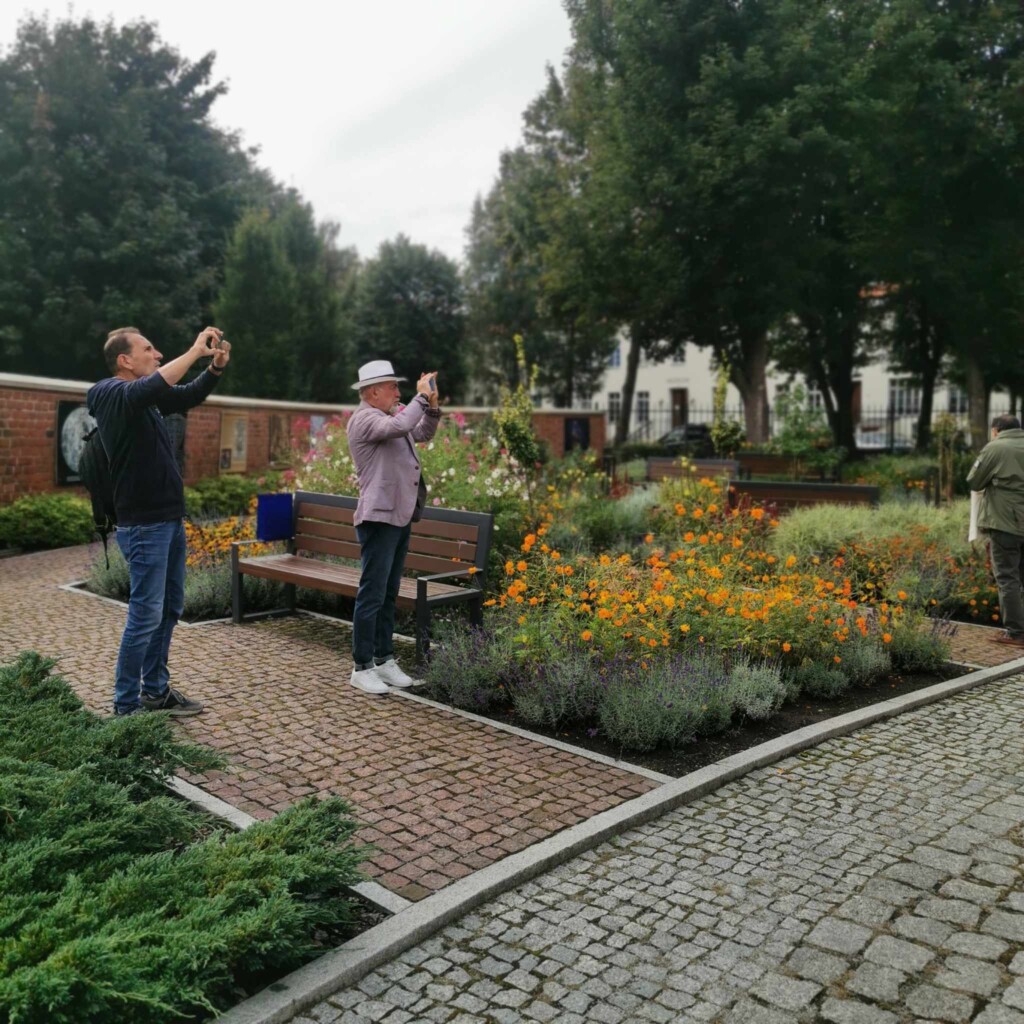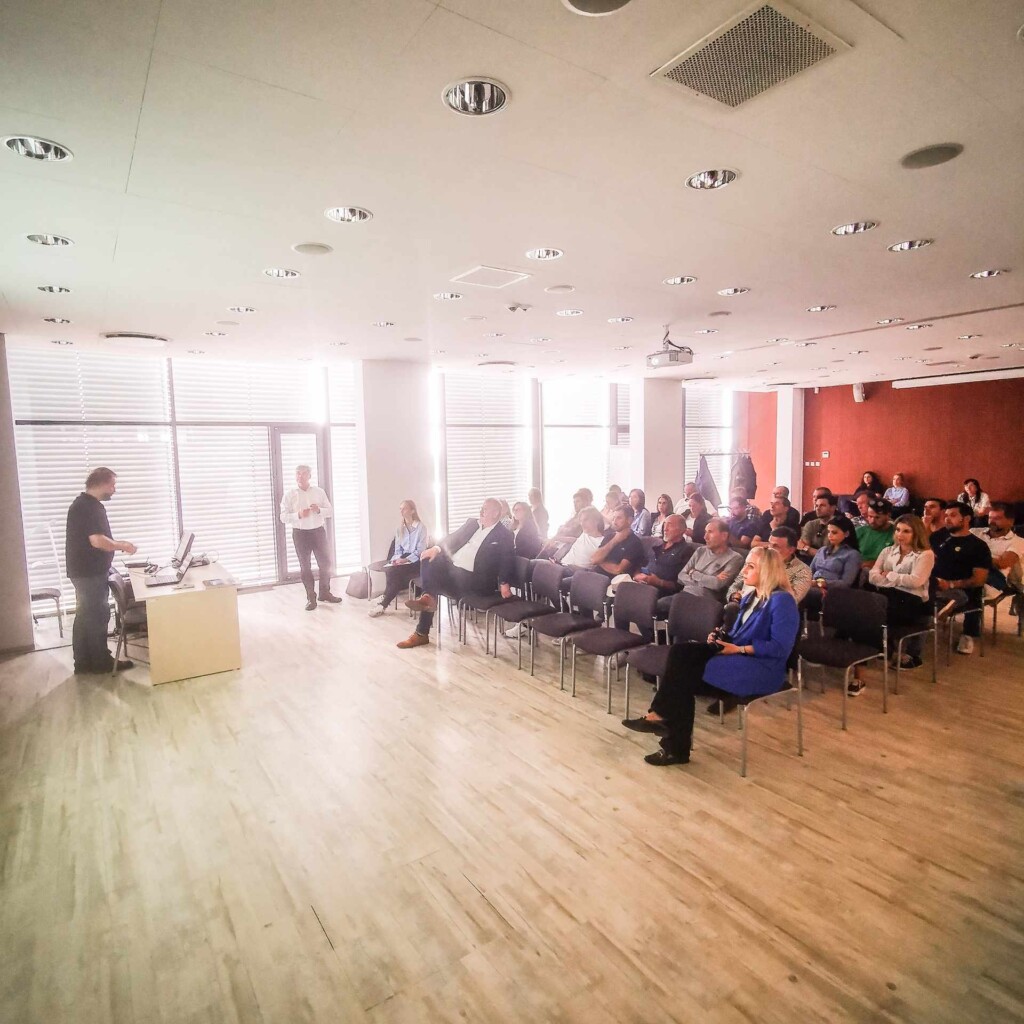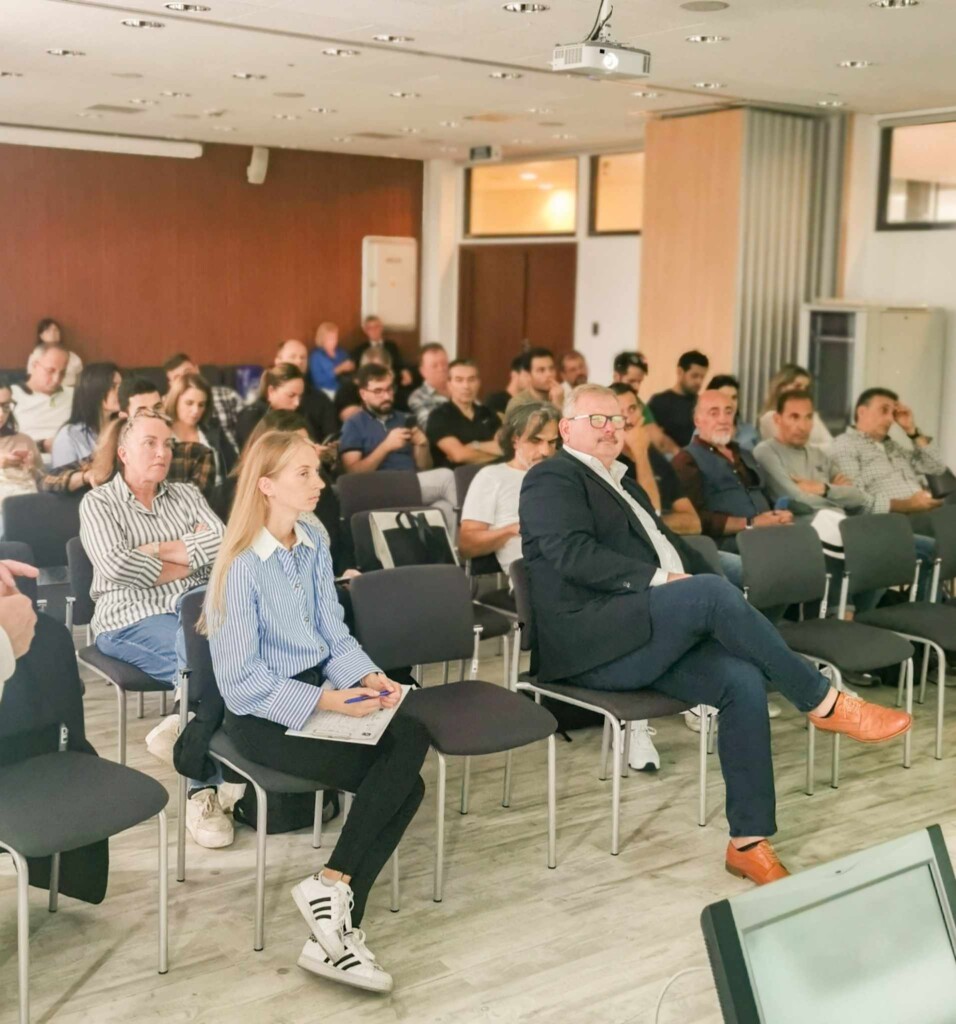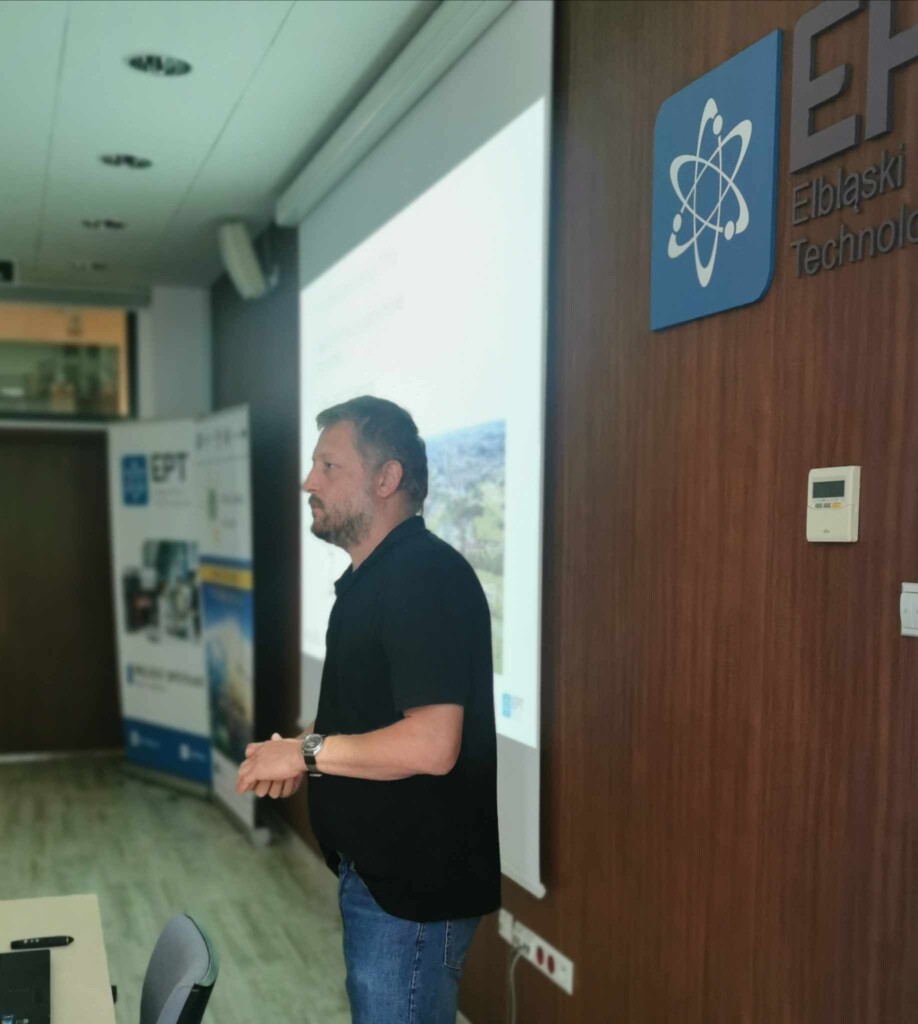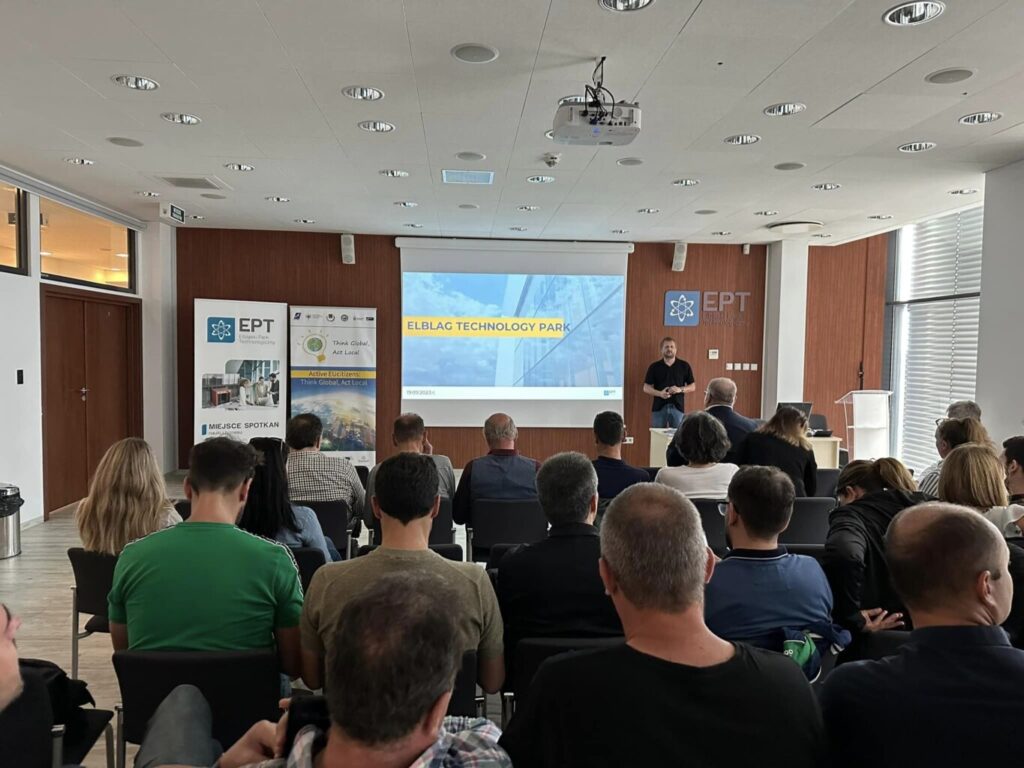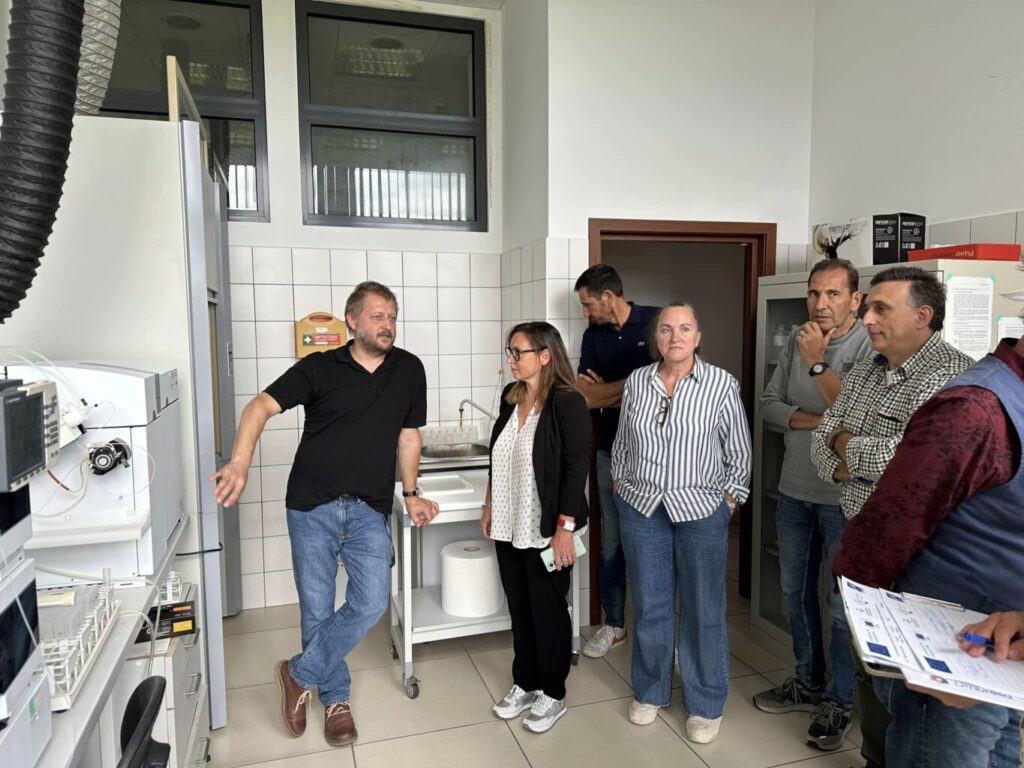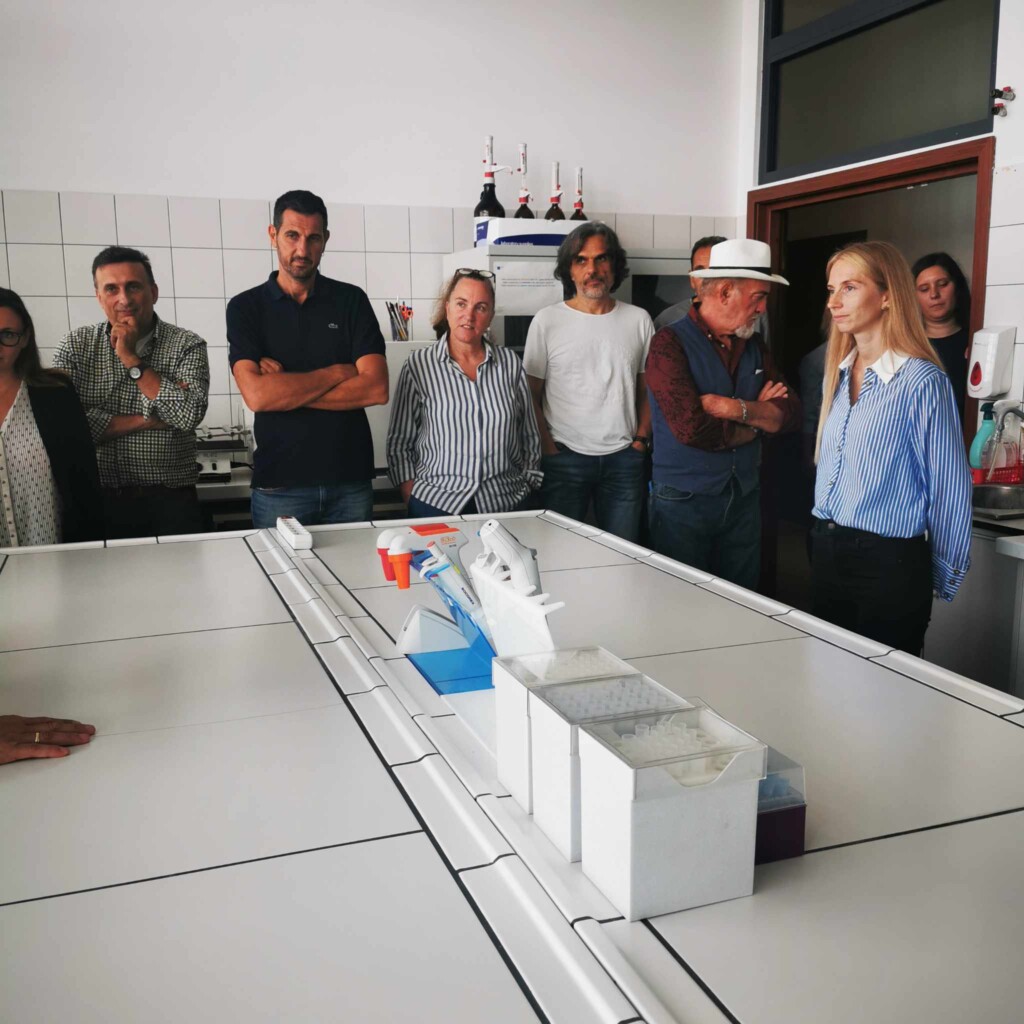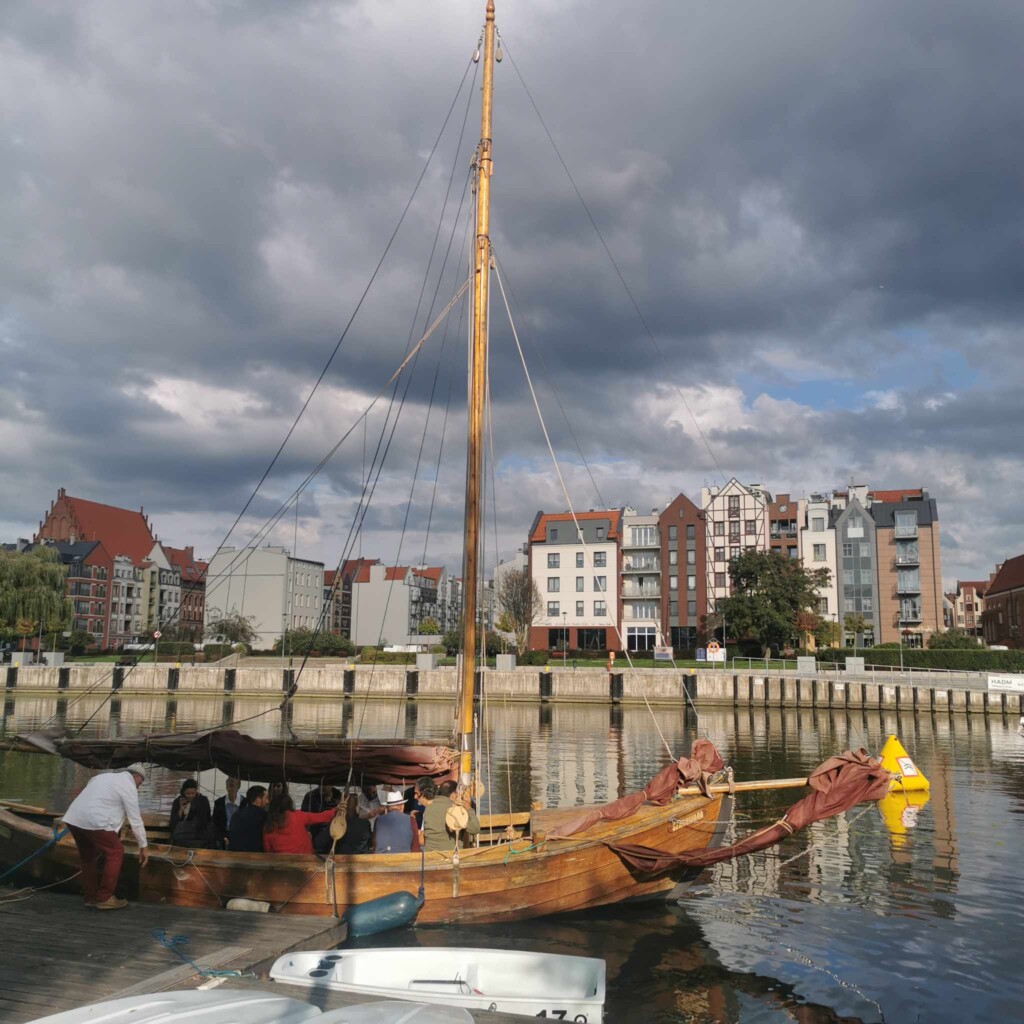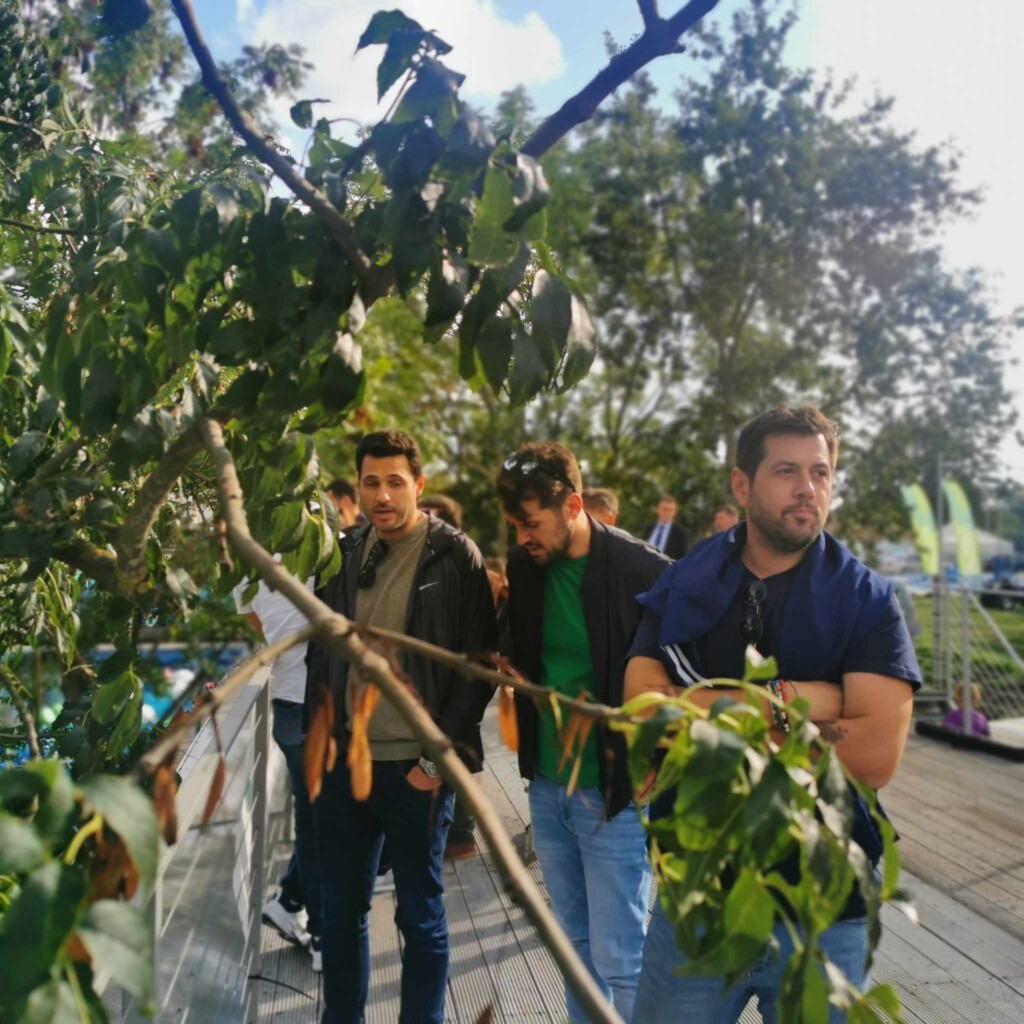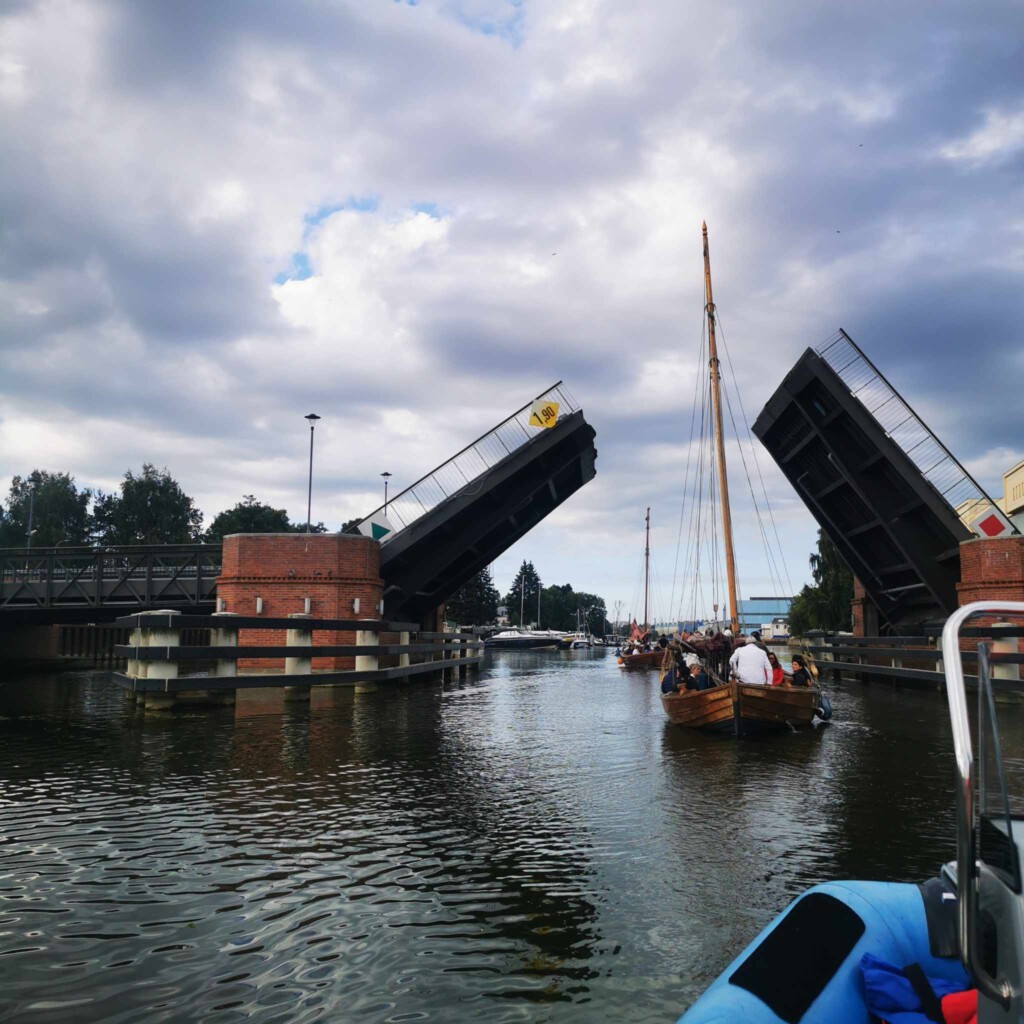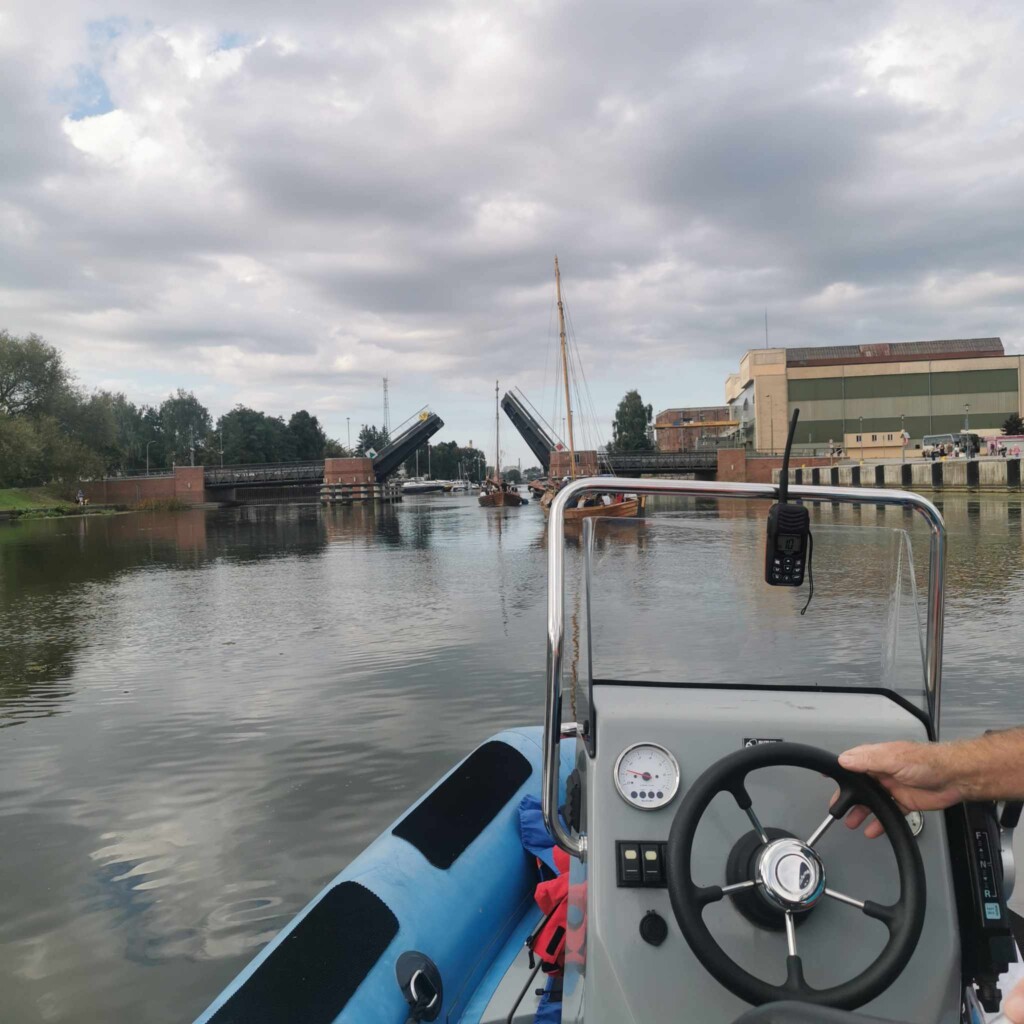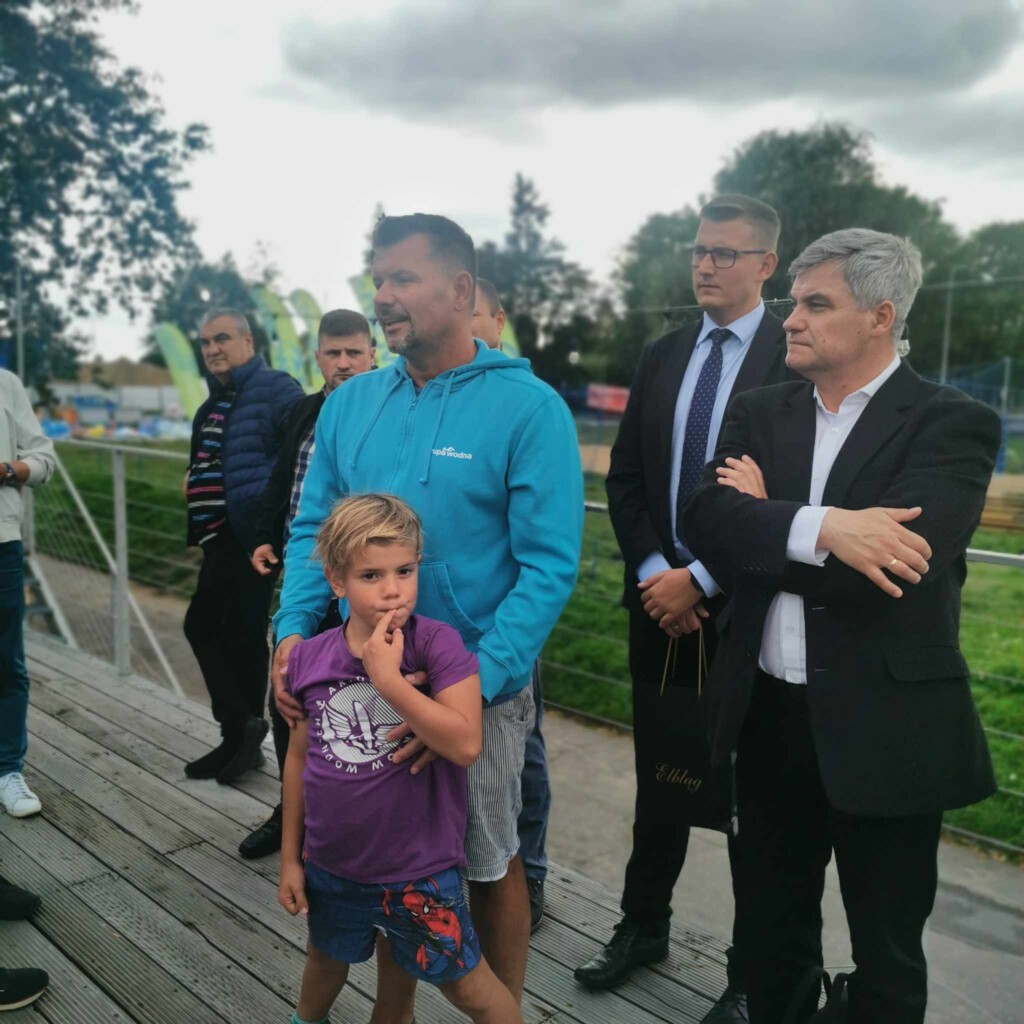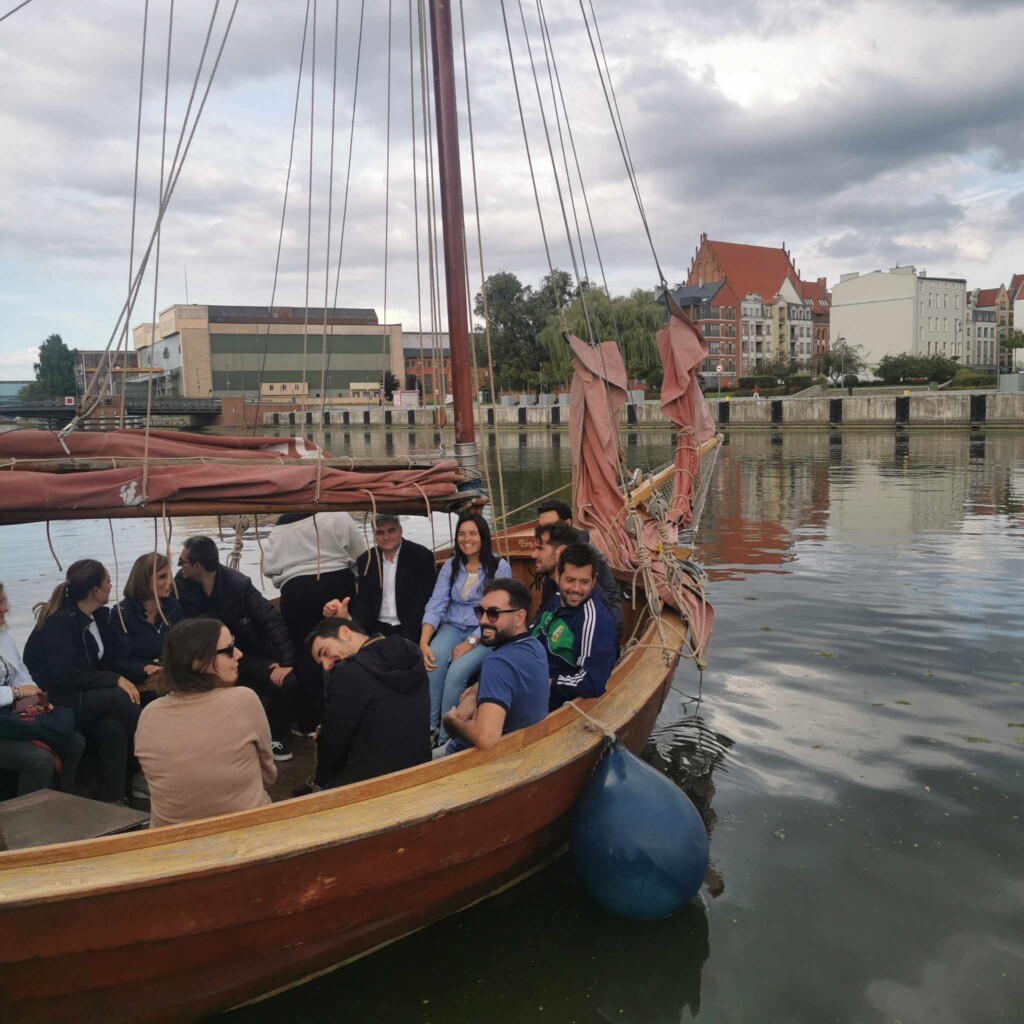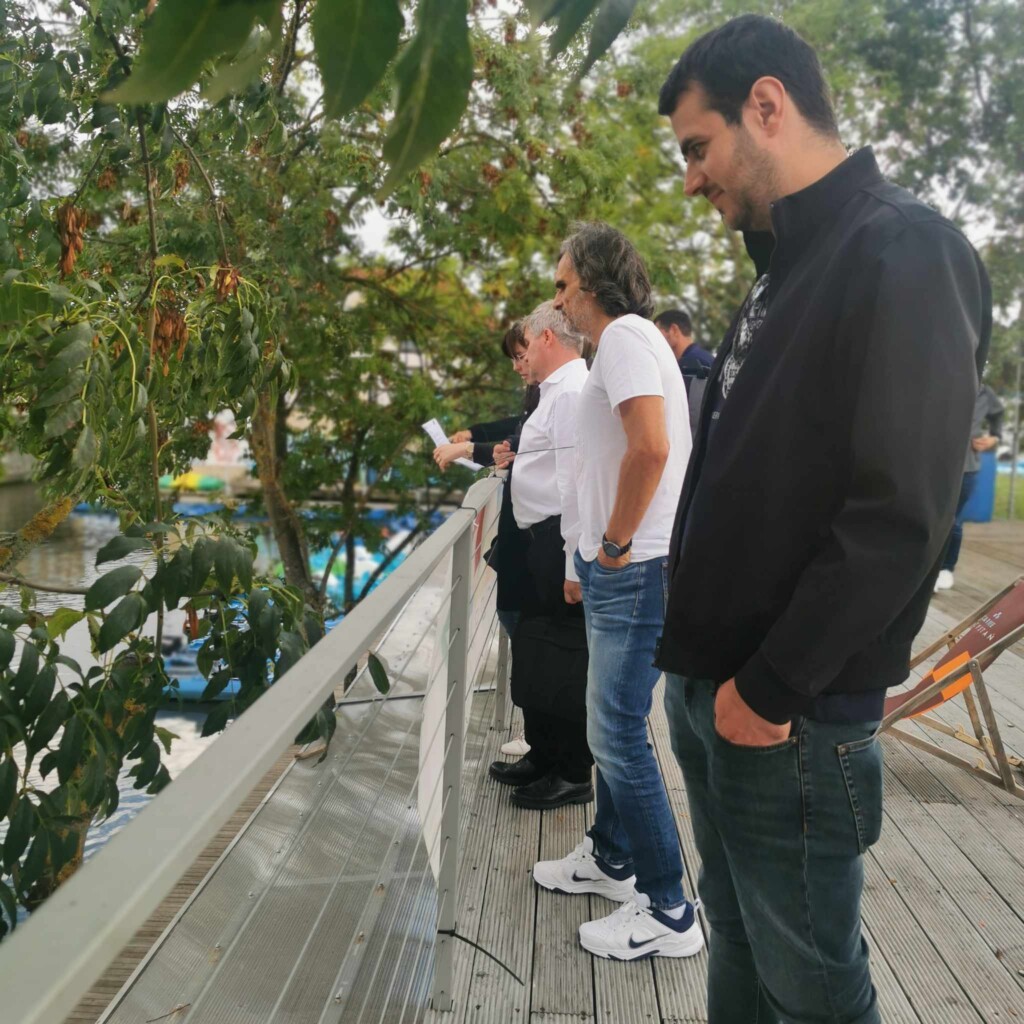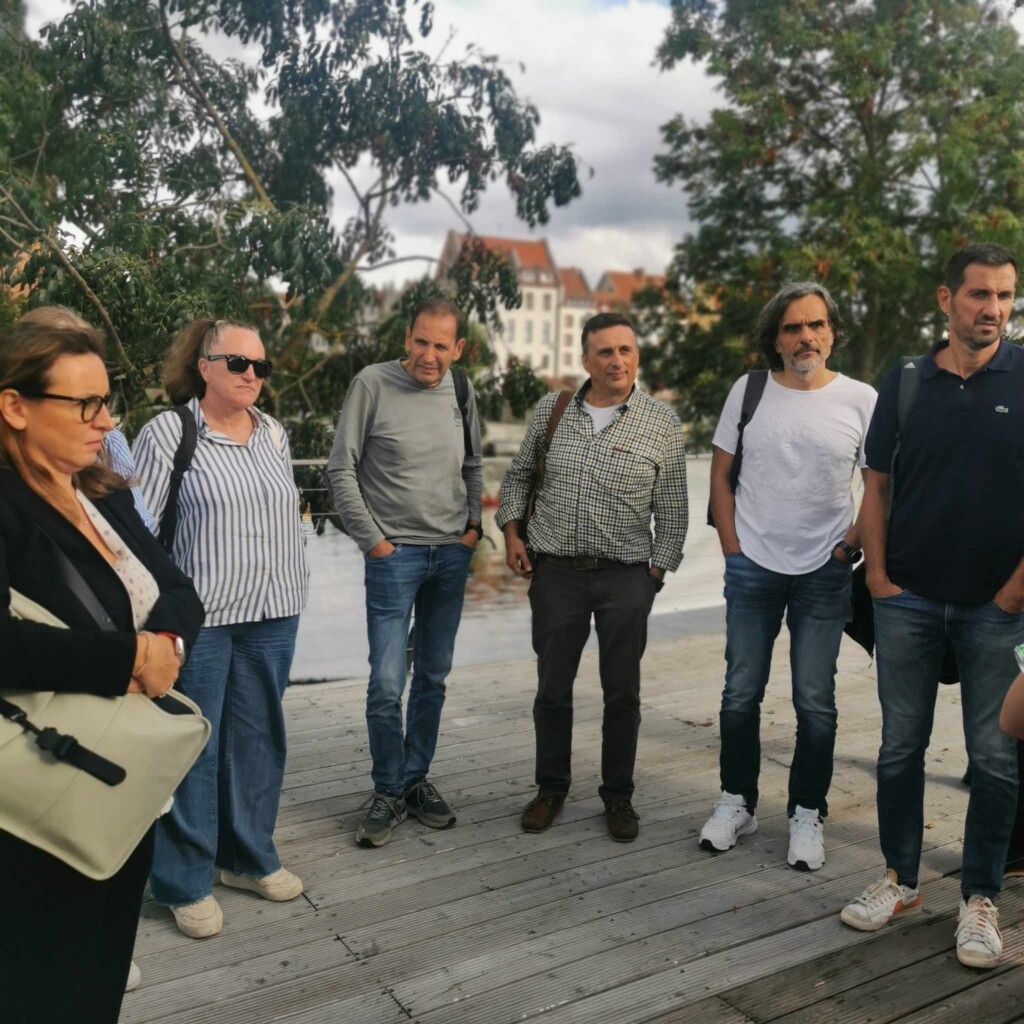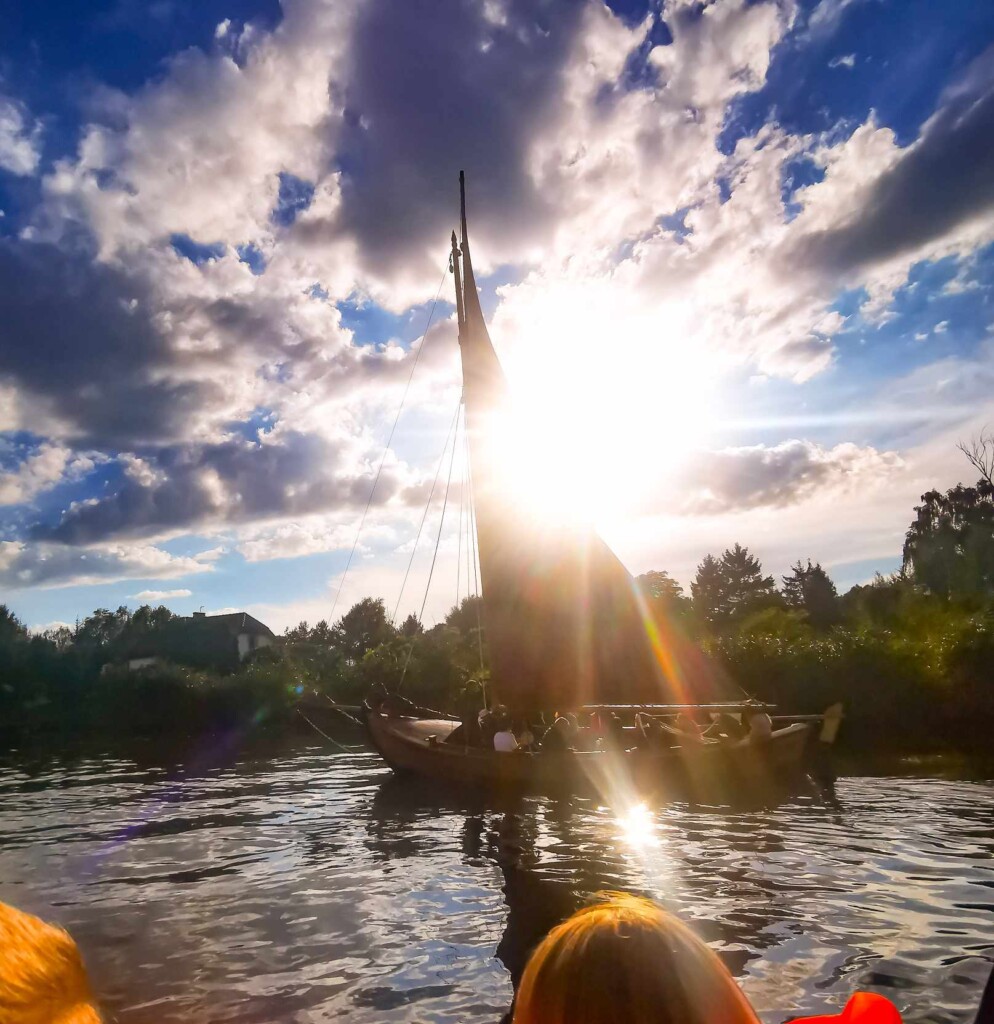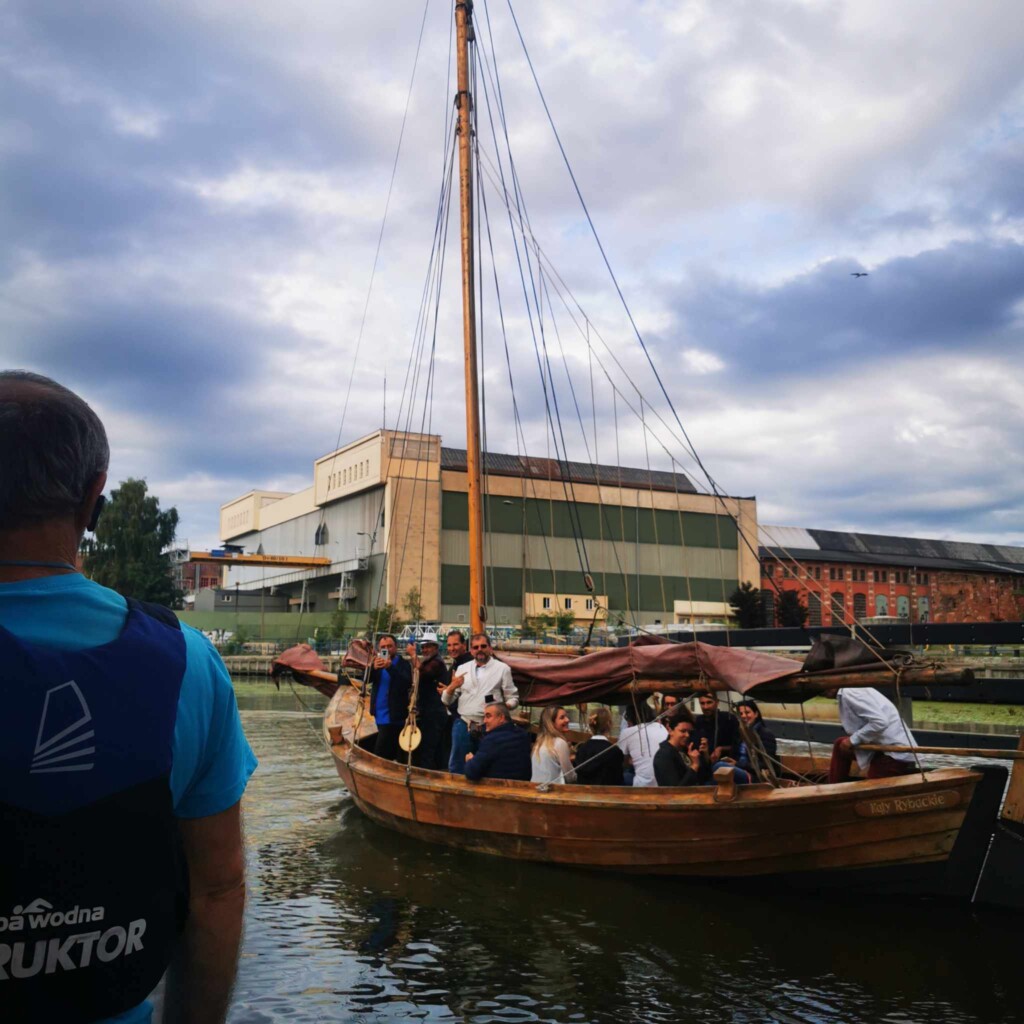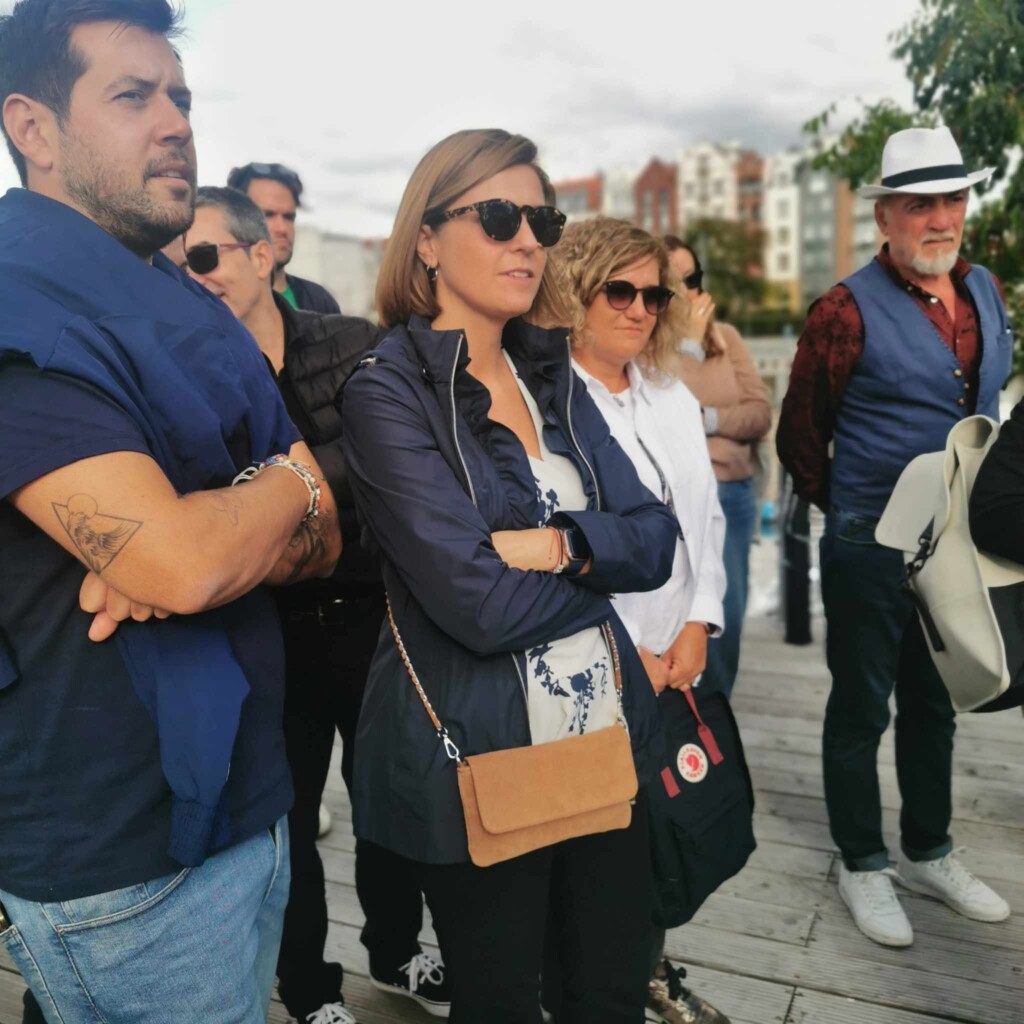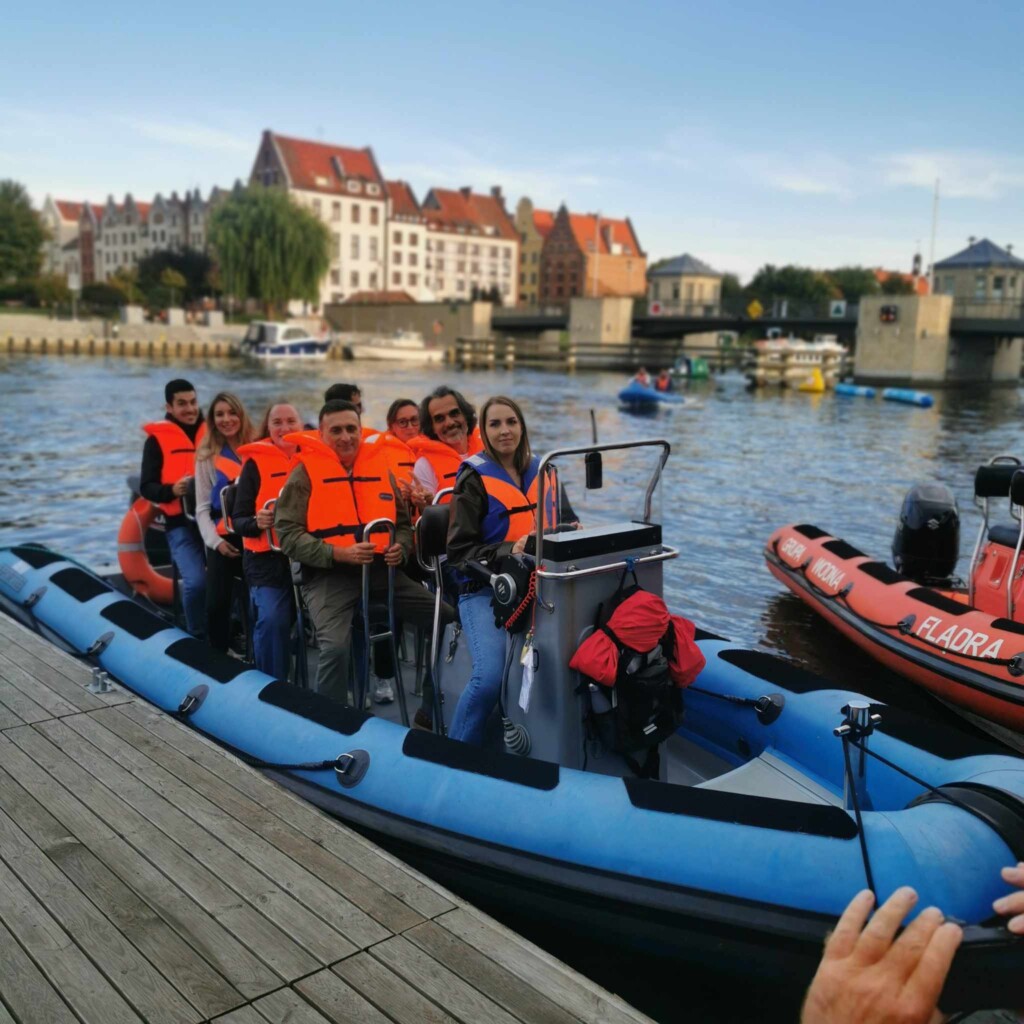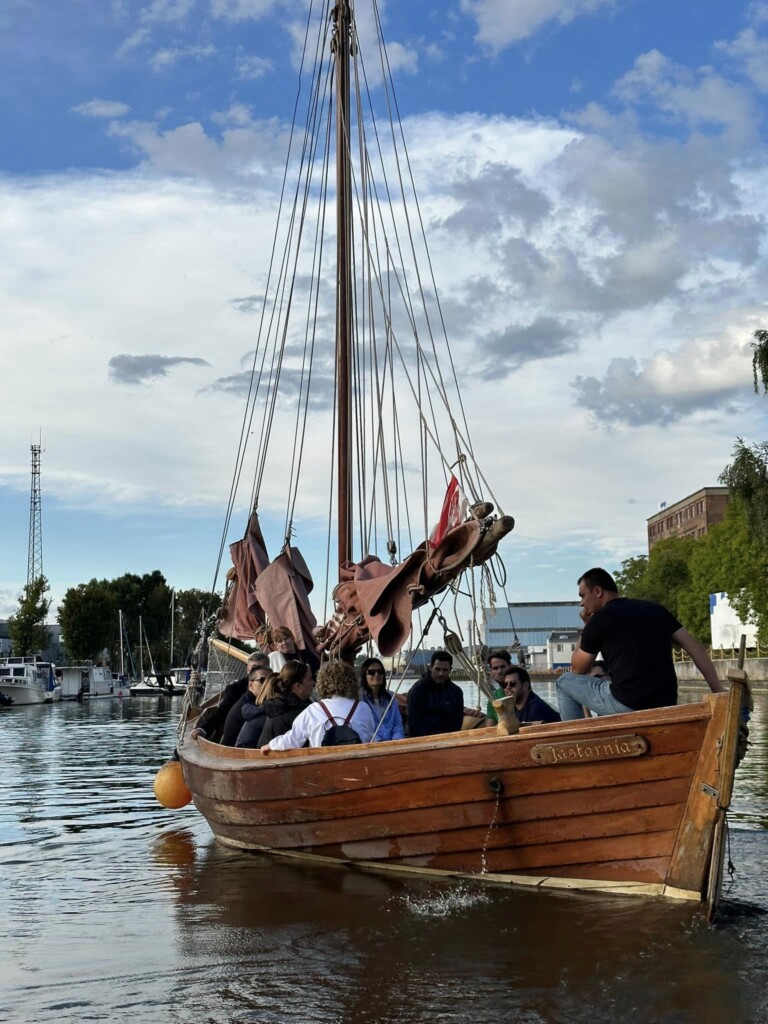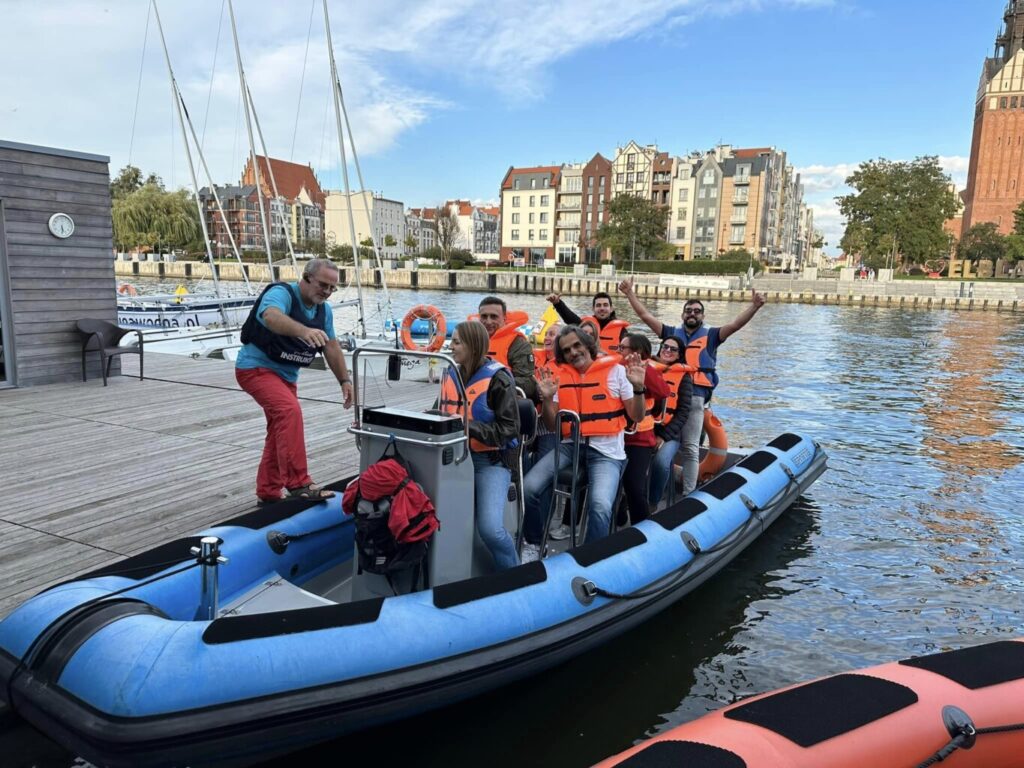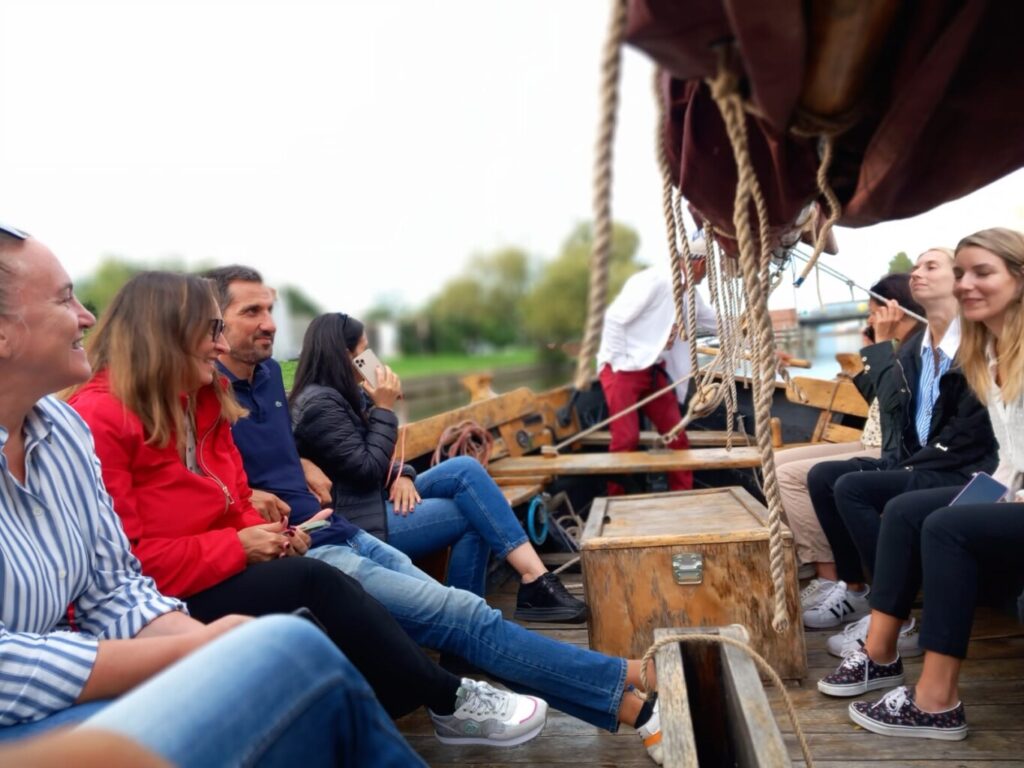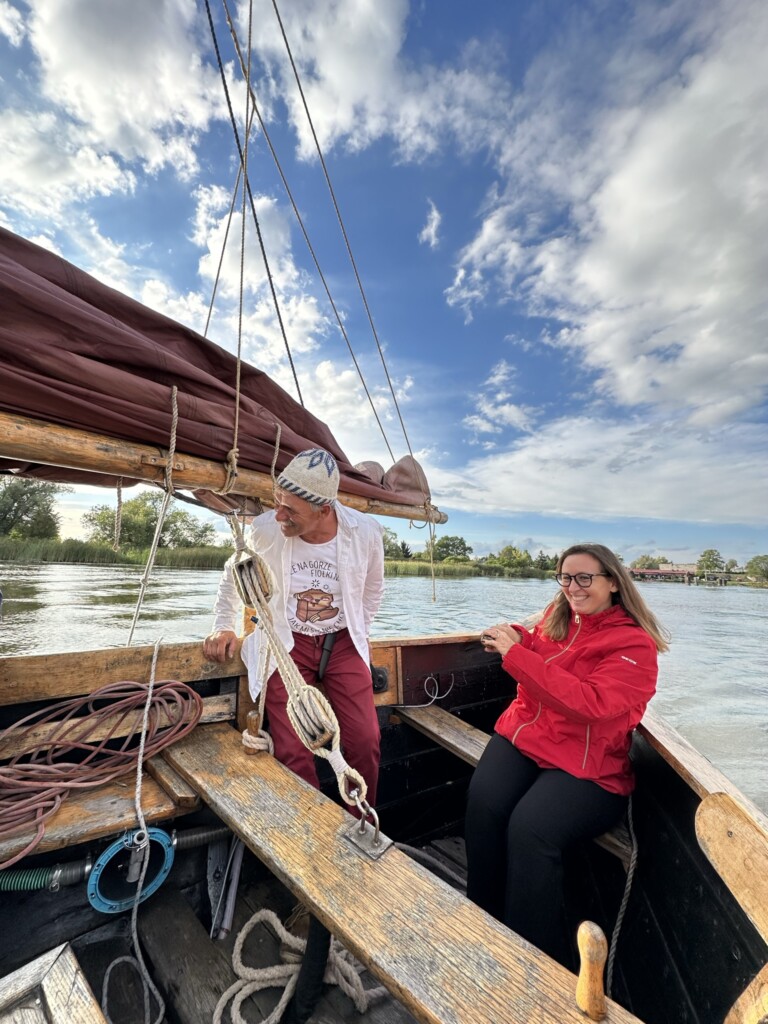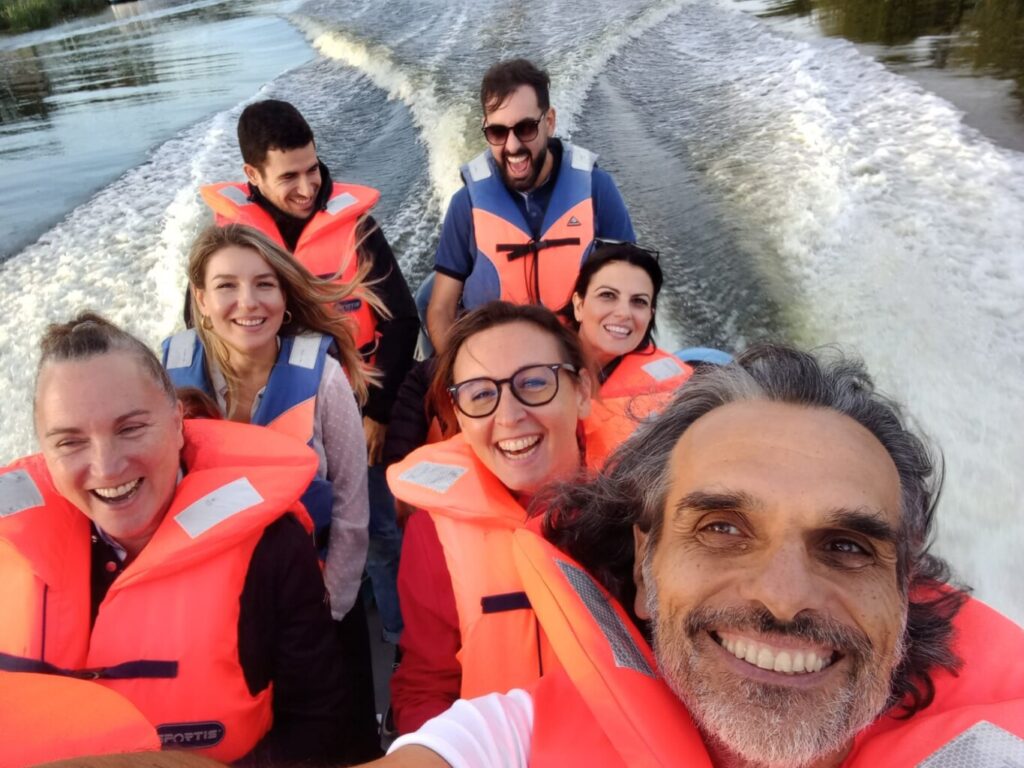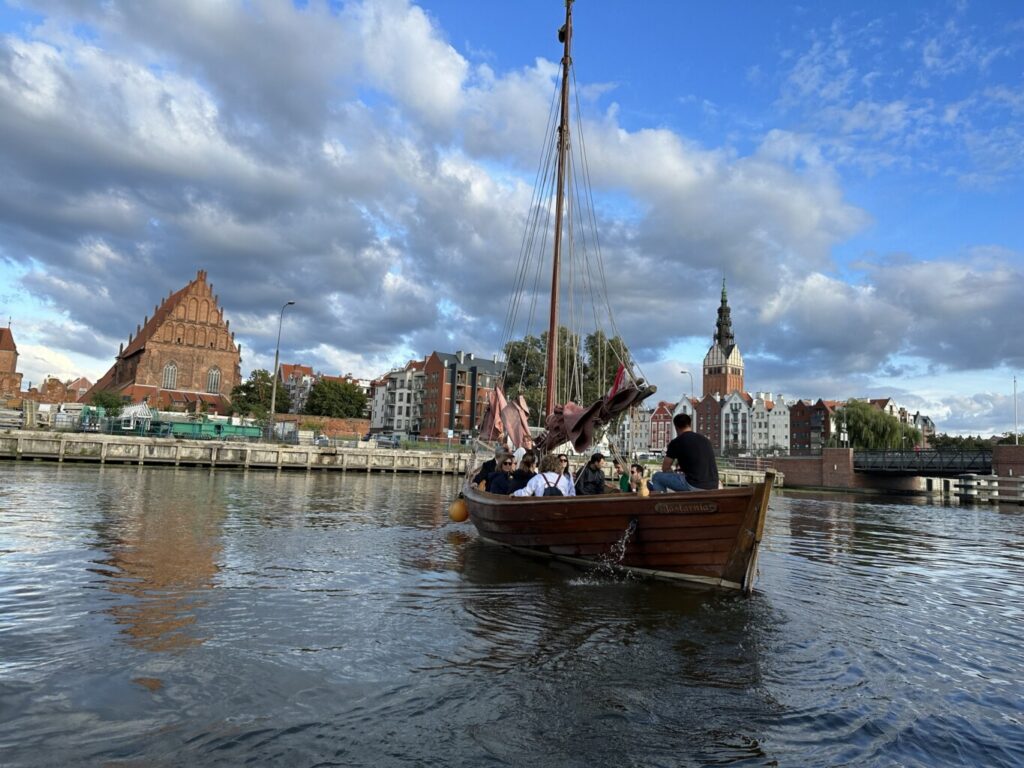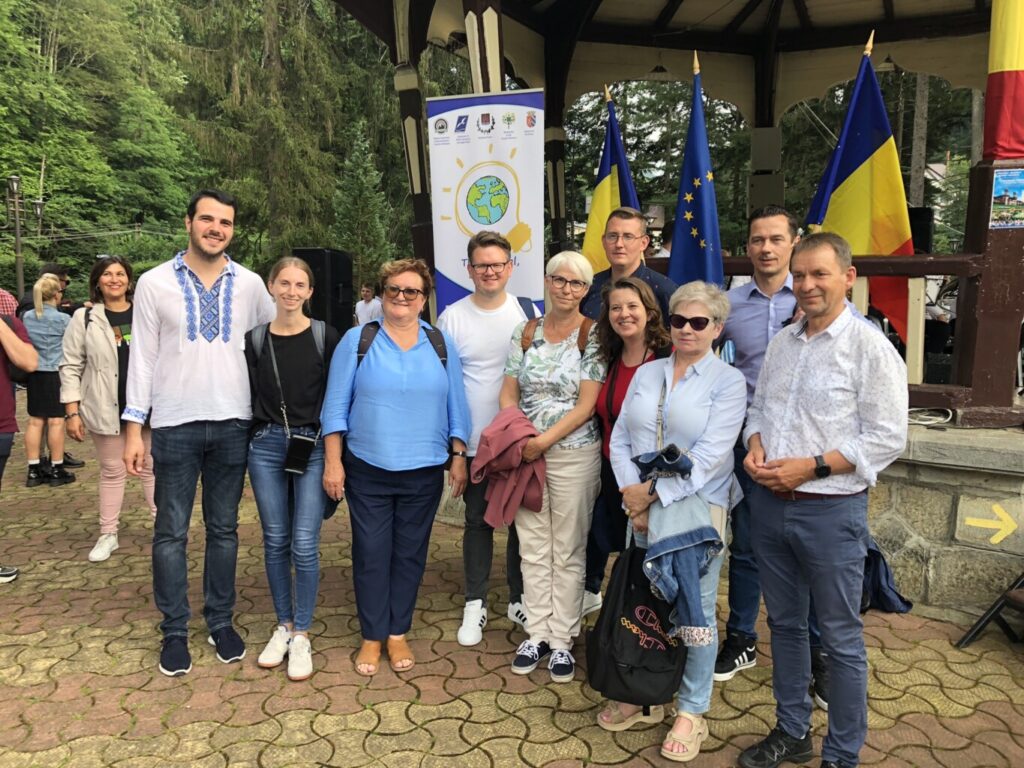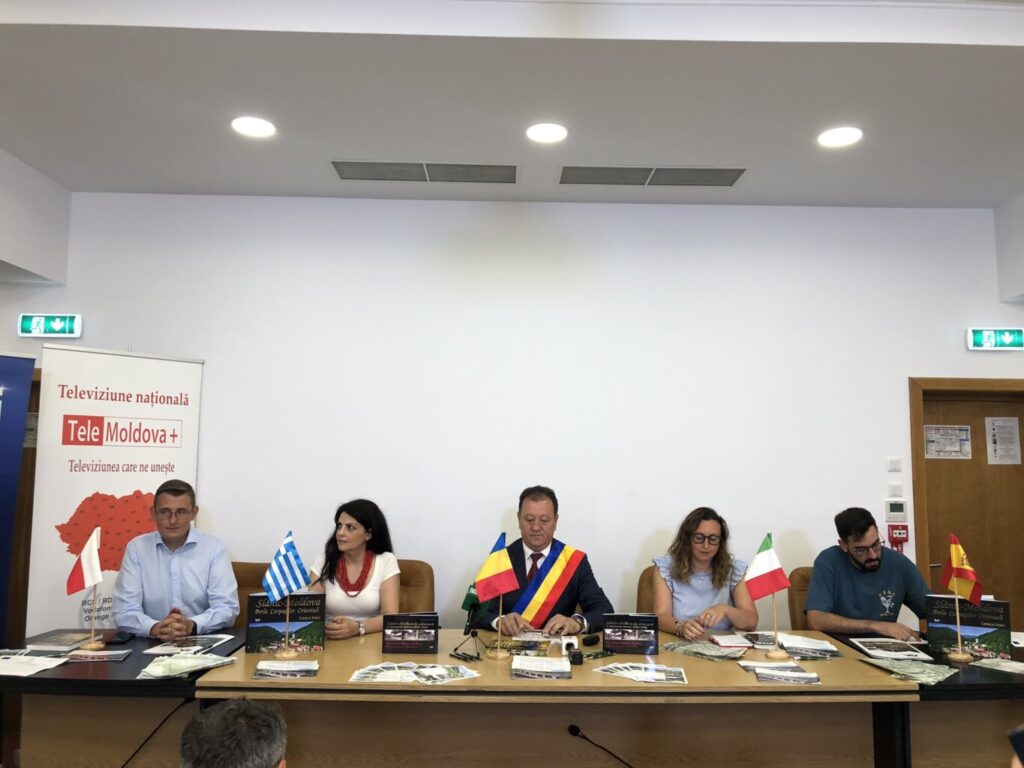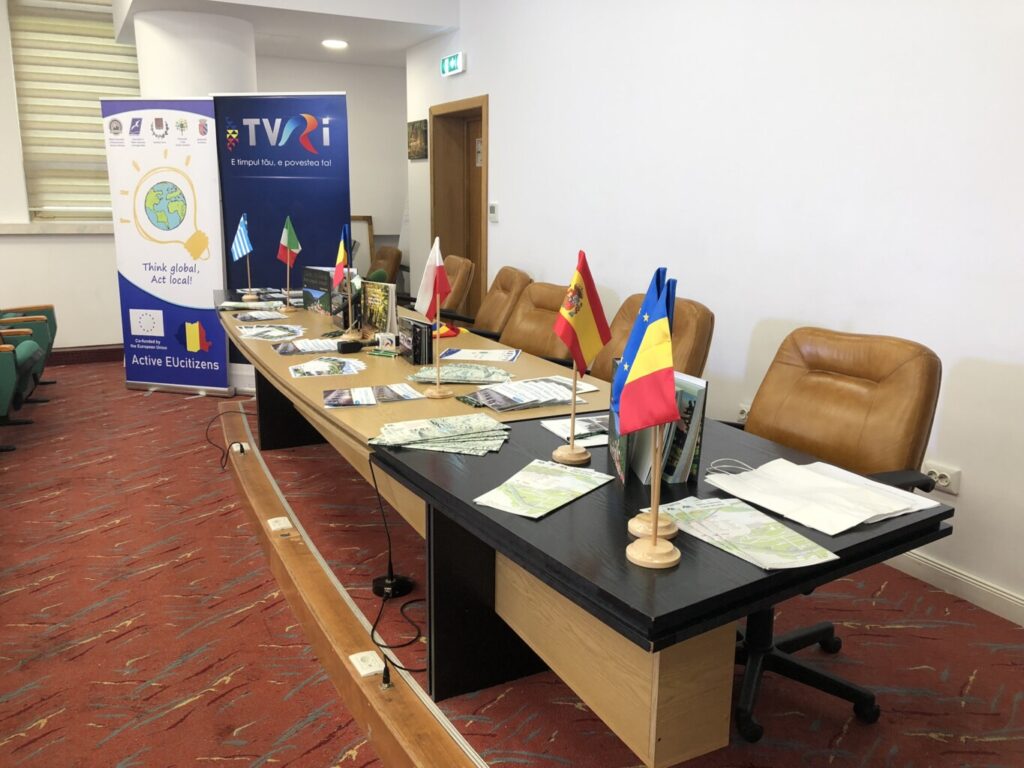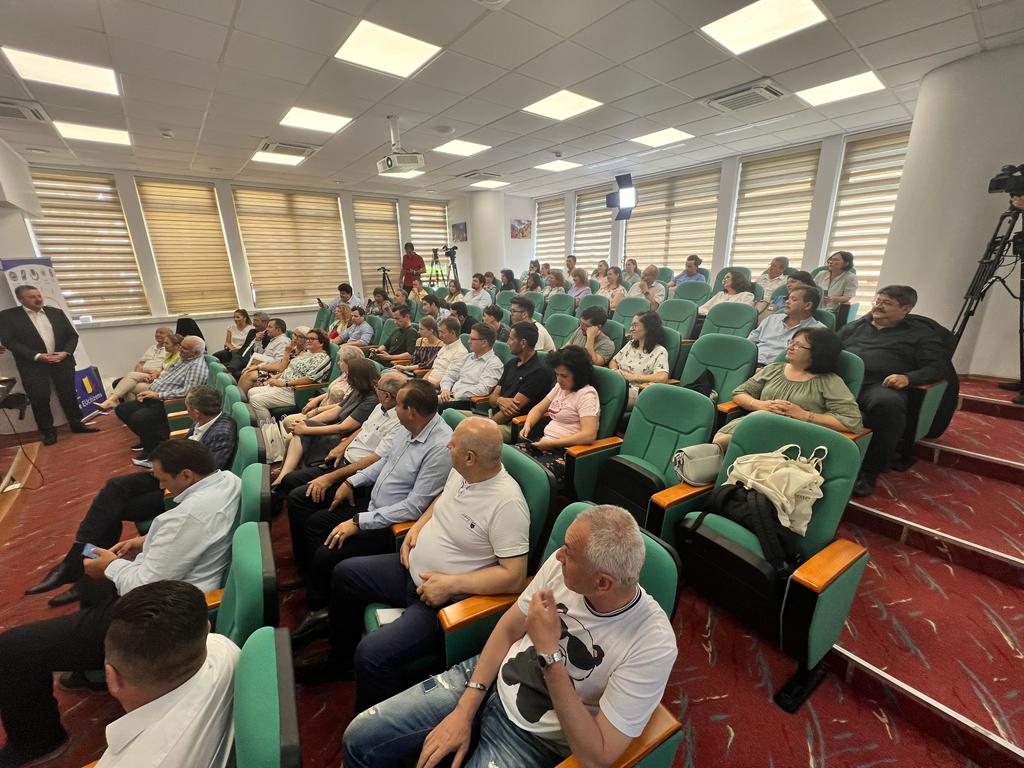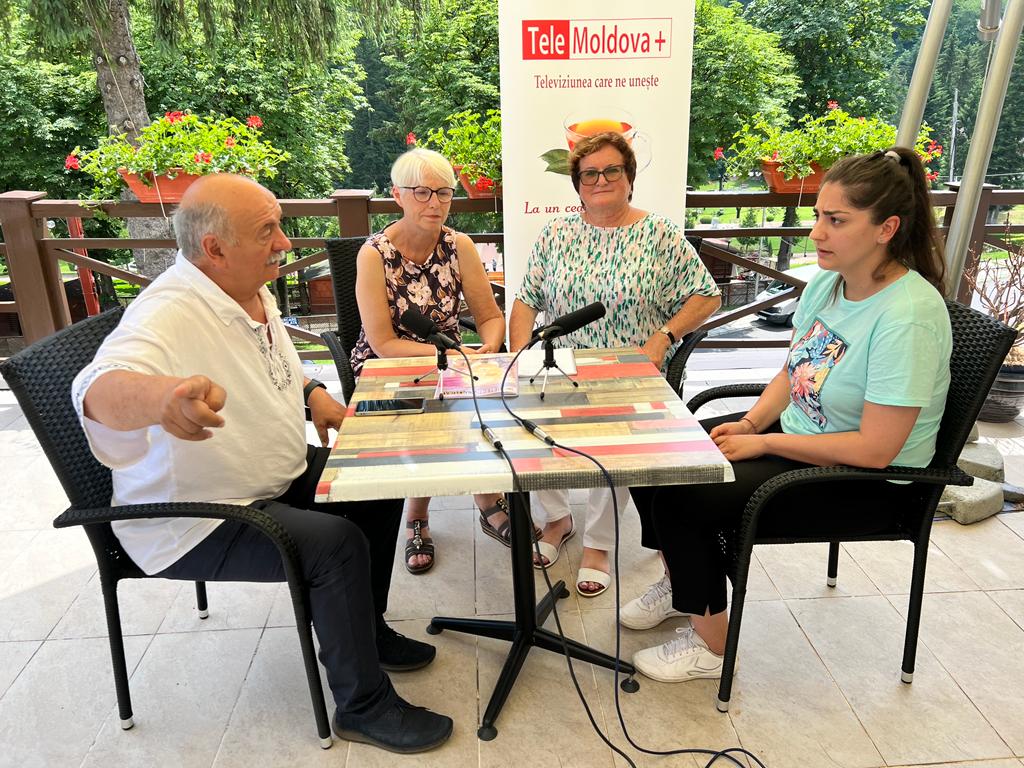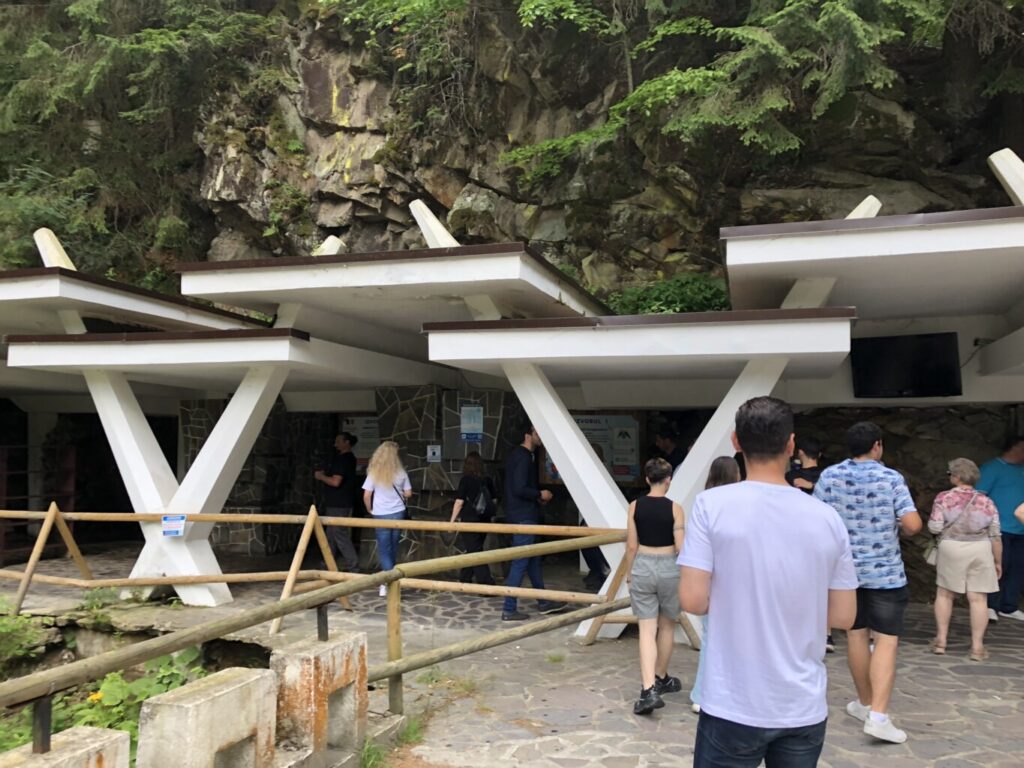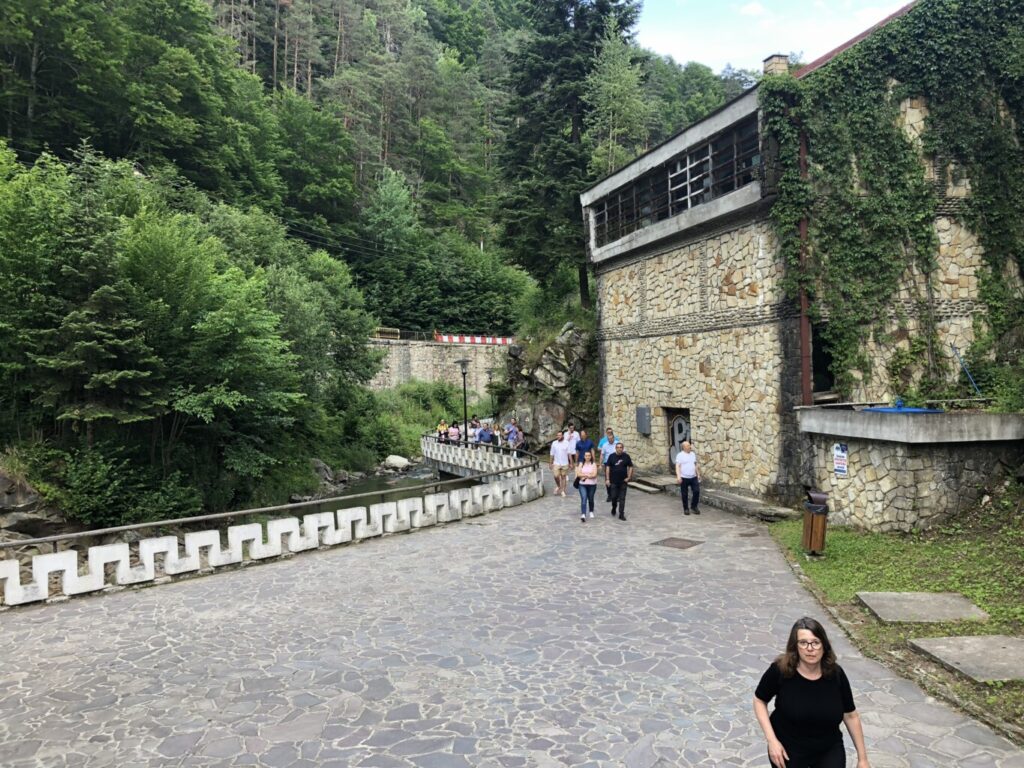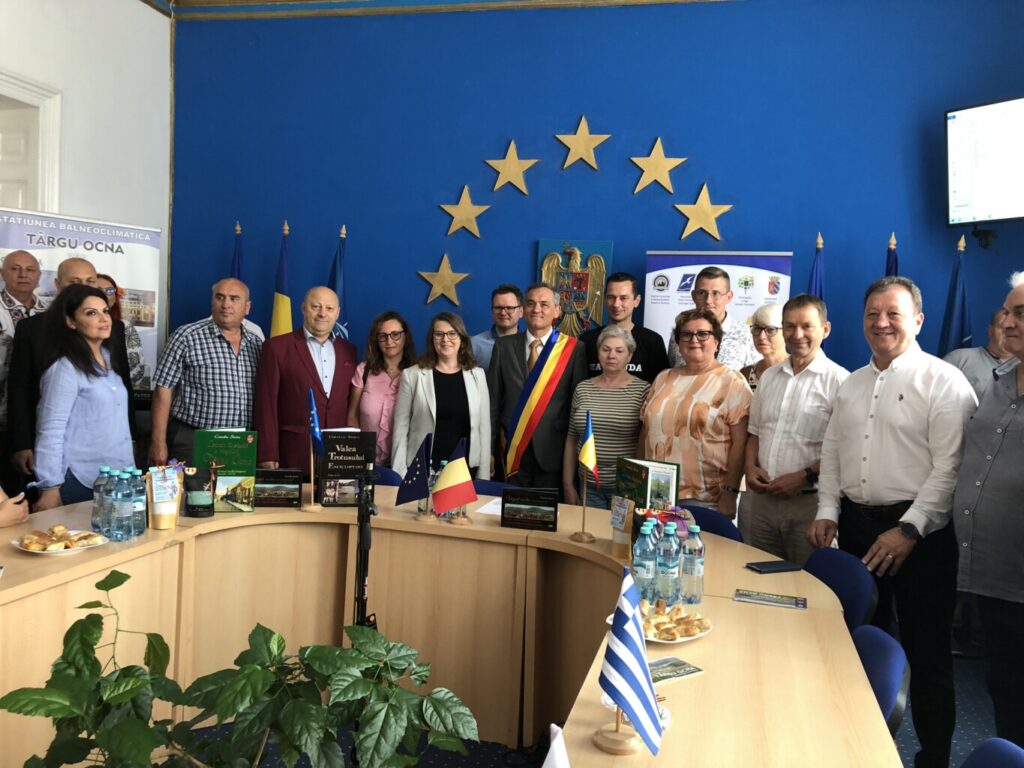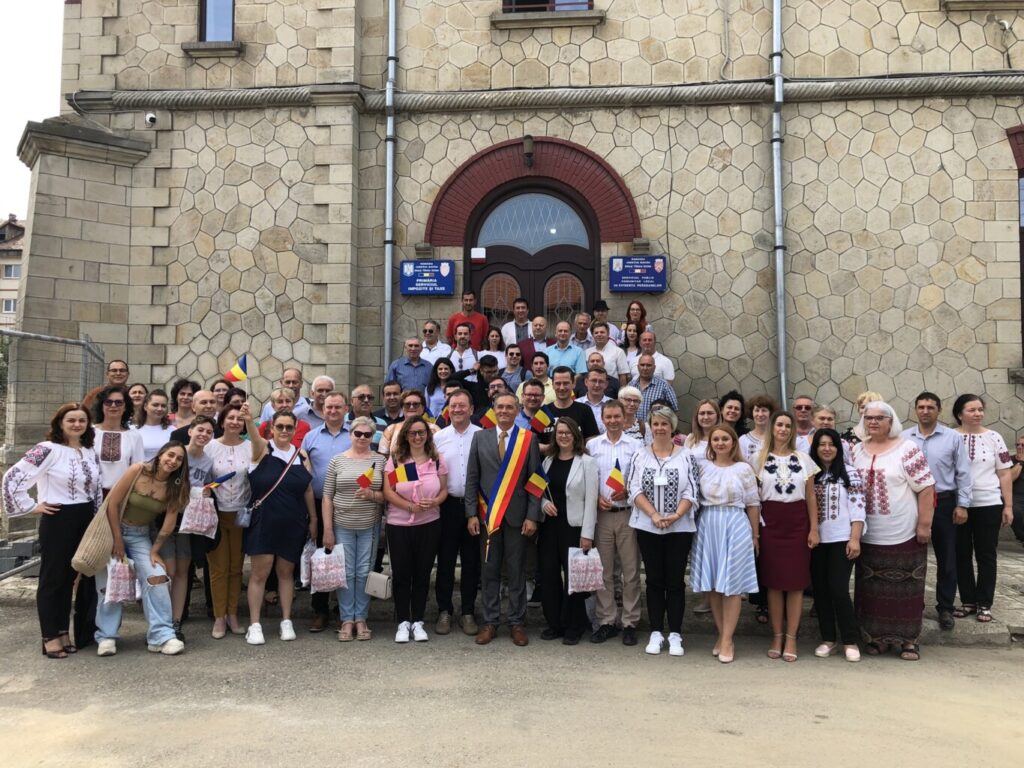How do we increase citizen involvement and contribute to the development of participatory democracy in our local communities?
Civic engagement and participatory democracy are essential elements of a healthy and prosperous society. They enable citizens to actively participate in decision-making processes that affect their lives and communities. This strategy proposal aims to outline a long-term plan to promote civic engagement and participatory democracy, foster informed and active citizenship, and strengthen the democratic foundations of our society.
We invite you to read and use the resources produced for the newly developed "Long-term Strategy for Citizen Involvement and Participatory Democracy" developed within the framework of the international project "Think Global Act Local" that we have been working on for the last 12 months, bringing together proven methods and techniques and experiences of citizen participation from 5 EU countries.
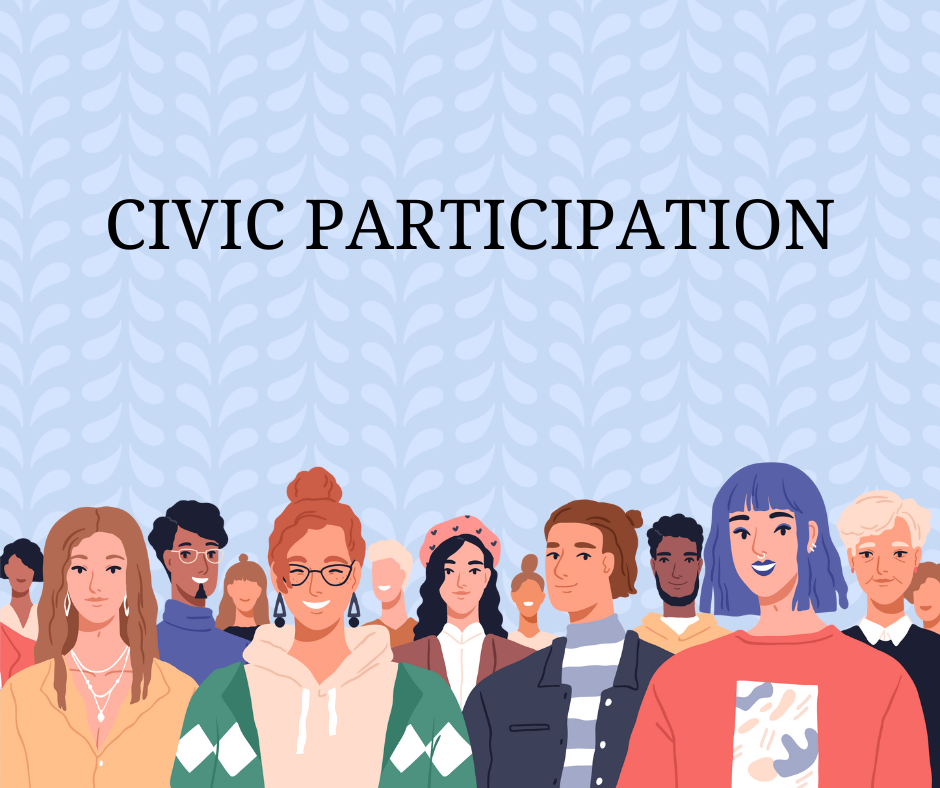
The strategy presented here, created as part of the CERV: Think Global Act Local [TGAL] project, is based on the experiences of participants representing different social groups, authorities and citizens, as well as their experiences and best practices. It is intended to increase among all those involved in civic participation and work with citizens, including local government employees and active leaders, the knowledge and capacity to better engage and include all local citizens in decision-making processes.
On the one hand, the presented tool gathers theoretical knowledge on the principles, methods and techniques of increasing and building civic involvement, civic participation, and strengthening consultation processes and, on the other hand, promotes the best and proven local practices that can then be transferred to other local communities, building a real and active civil society.
In preparing the above strategy, the consortium has tried to make it as practical as possible, so that it is not just a conceptual document, another strategy, but an effective toolbox for choosing the right methods and techniques for local conditions. In this material, all interested stakeholders can find guidance on how to prepare for, conduct and deal with the challenges of participatory processes, focusing mainly on public consultation and various methods of involving citizens in decision-making processes. In addition to theory, there is also room for practice presented by project members and local citizens from 5 European countries: Romania, Poland, Greece, Italy and Spain.
The strategy includes not only a toolkit, a general framework and the best examples of effective participatory tools and methods, and should primarily serve novice local government officials, but many threads will also be useful for advanced organizers of participatory processes.
This strategy is divided into 4 chapters including:
- PART 1 - INTRODUCTION TO CIVIC PARTICIPATION, in which we find: ABCs of civic participation, 7 Principles of public and civic consultation, described actors of participatory processes, topics of participatory processes, and the most common barriers and difficulties of public consultation;
- PART 2 - THE MOST POPULAR PRACTICE IMPLEMENTATION TECHNIQUES - covering the 9 most commonly used practices, described in detail including the purpose of each method, projected duration, costs associated with the selection of a particular technique, required resources, special requirements to use a particular method, and advantages and experiences of partners from other countries
- PART 3 - BEST LOCAL EXPERIENCE AND PRACTICES FROM PARTNER COUNTRIES - in which you can find the challenges faced by each European country and their unique solutions, which are applied on a daily basis in Poland, Romania, Italy, Spain and Greece;
- PART 4 - THINK GLOBAL ACT LOCAL PARTNER CIVIC PARTICIPATION STRATEGY FRAMEWORK - the main element of the document containing a framework for a strategic approach to long-term enhancement of civic participation in local governments providing a model for local strategies;
In addition, in the material provided you will find:
- RECOMMENDATIONS FOR THE IMPLEMENTATION OF THE FOLLOWING STRATEGY
- GENERAL CONCLUSIONS ON PARTICIPATORY STRATEGIES
- LIST OF INVOLVED EXPERTS - a practical list of consultants who can provide more detailed advice and explanations and are at your disposal
We invite you to read it!
The following report is the result of the joint work of the project consortium
ACTIVE E-CITIZENS: THINK GLOBAL ACT LOCAL
Document developed within the framework of: Citizens, Equality, Rights and Values (CERV) Program, Network of Cities for the implementation of project No. 101054109 entitled "Active EU Citizens"
